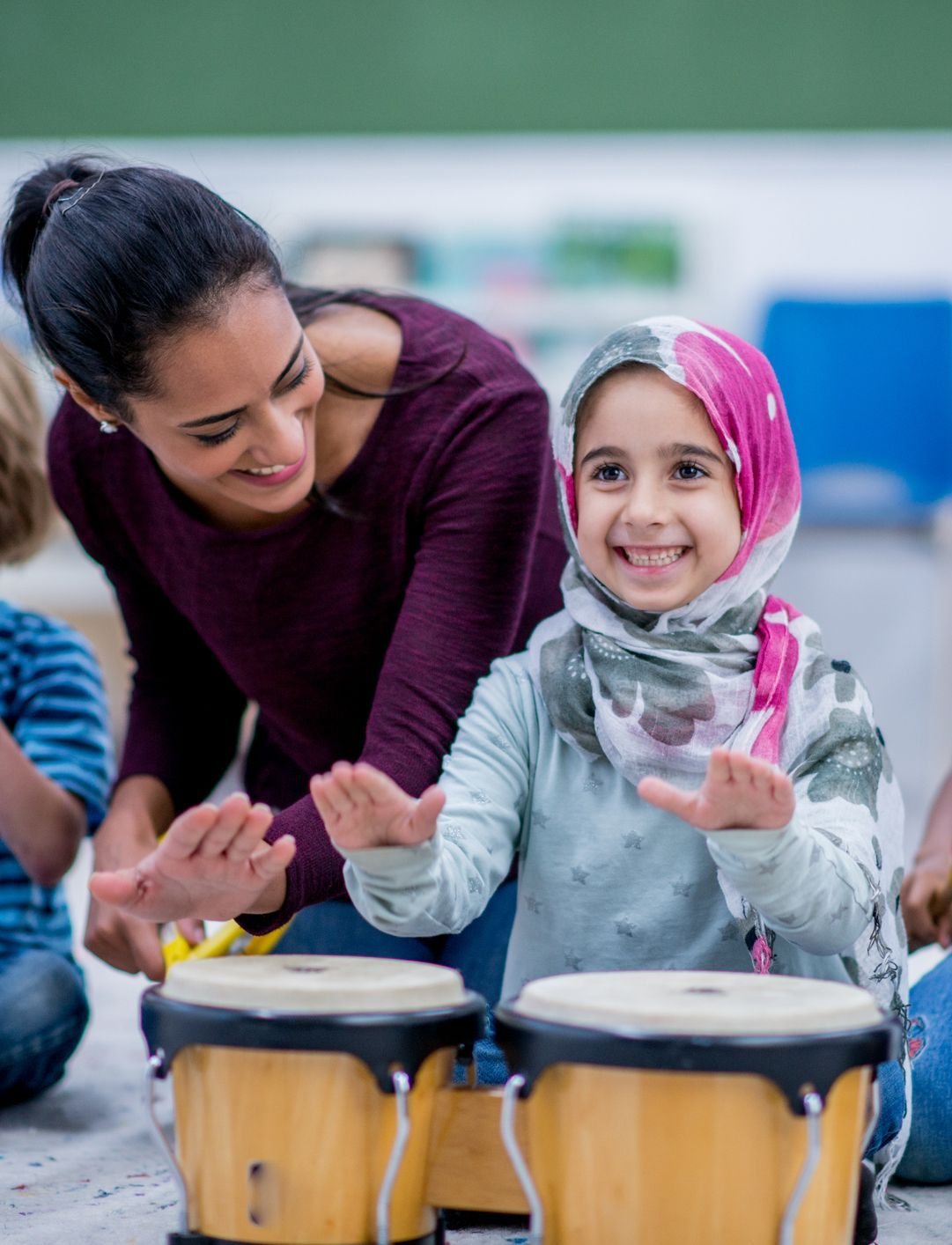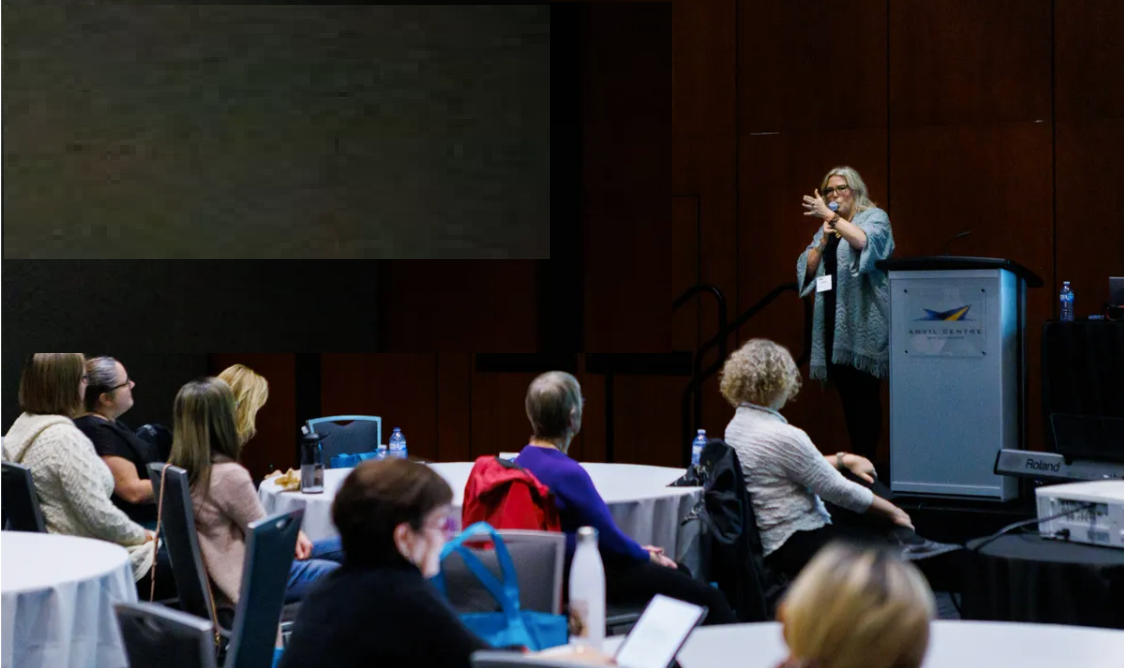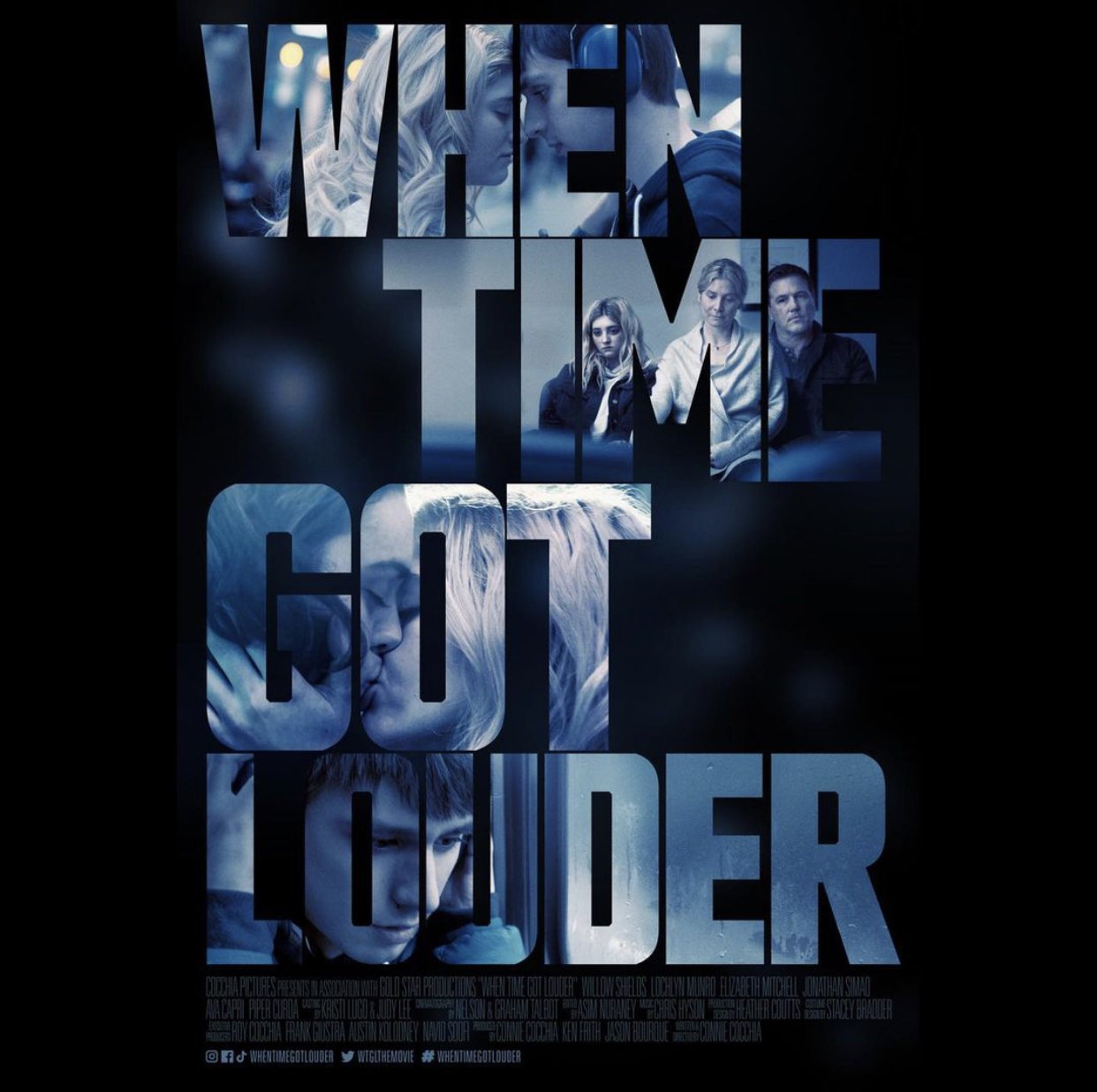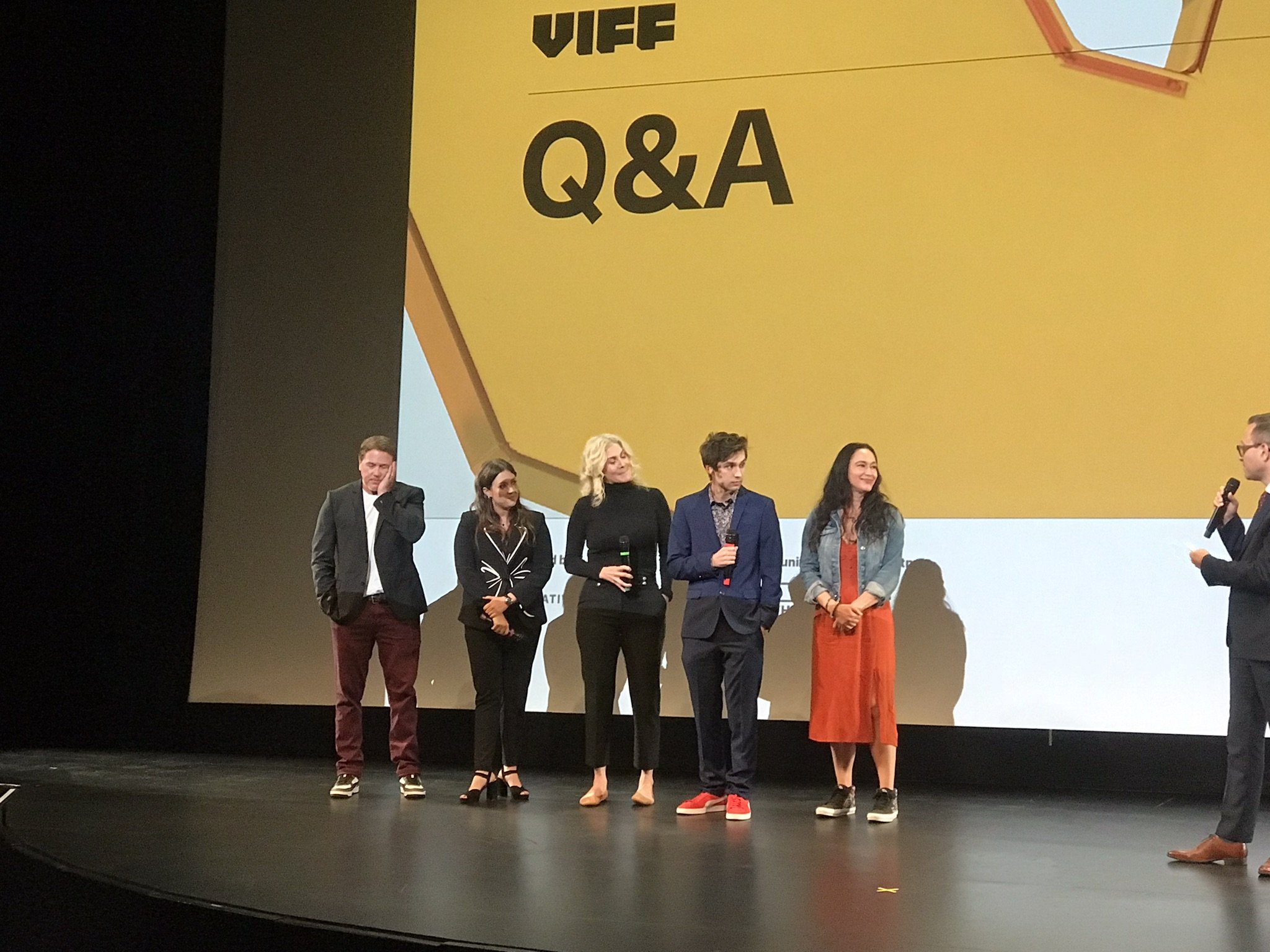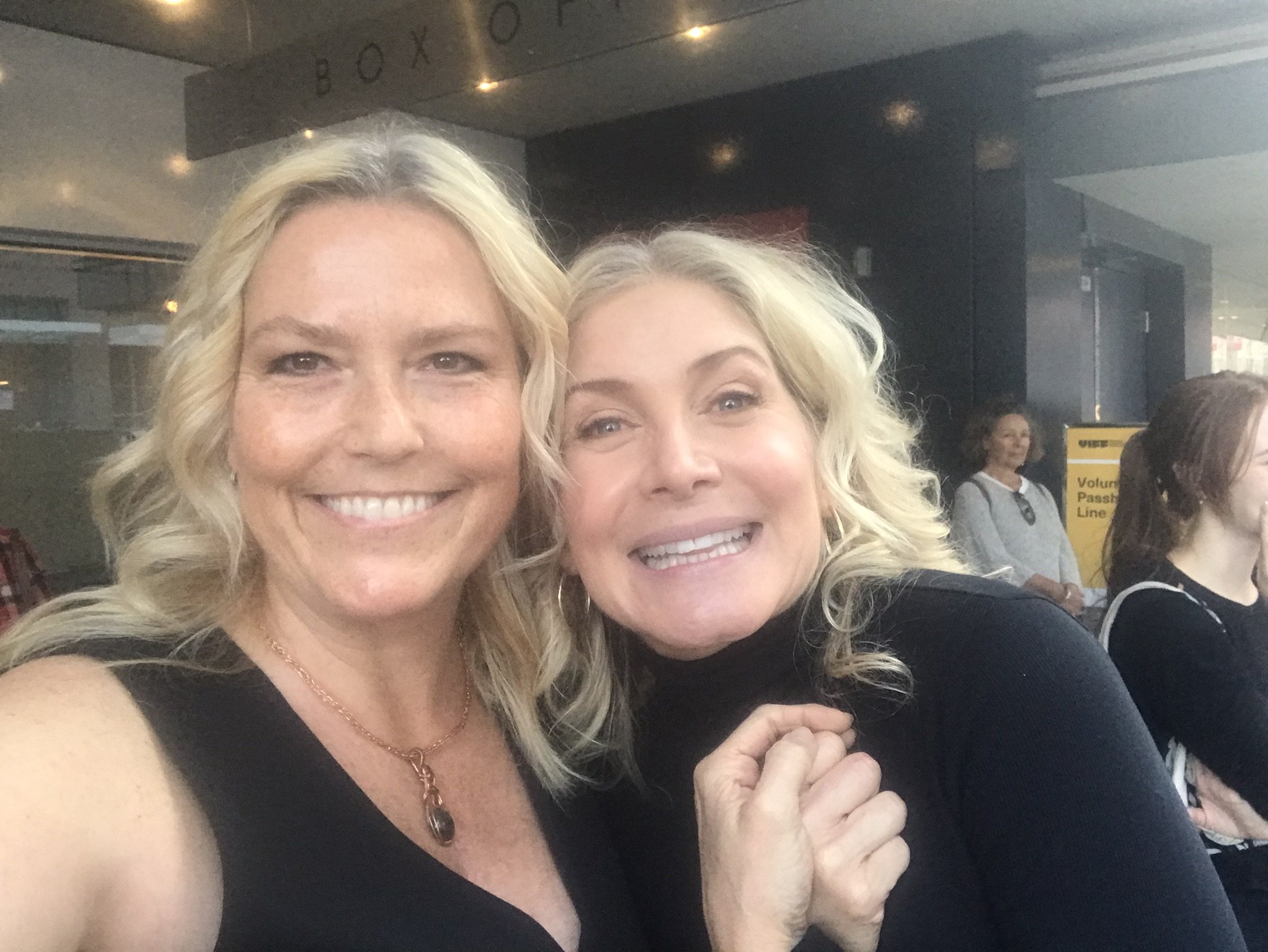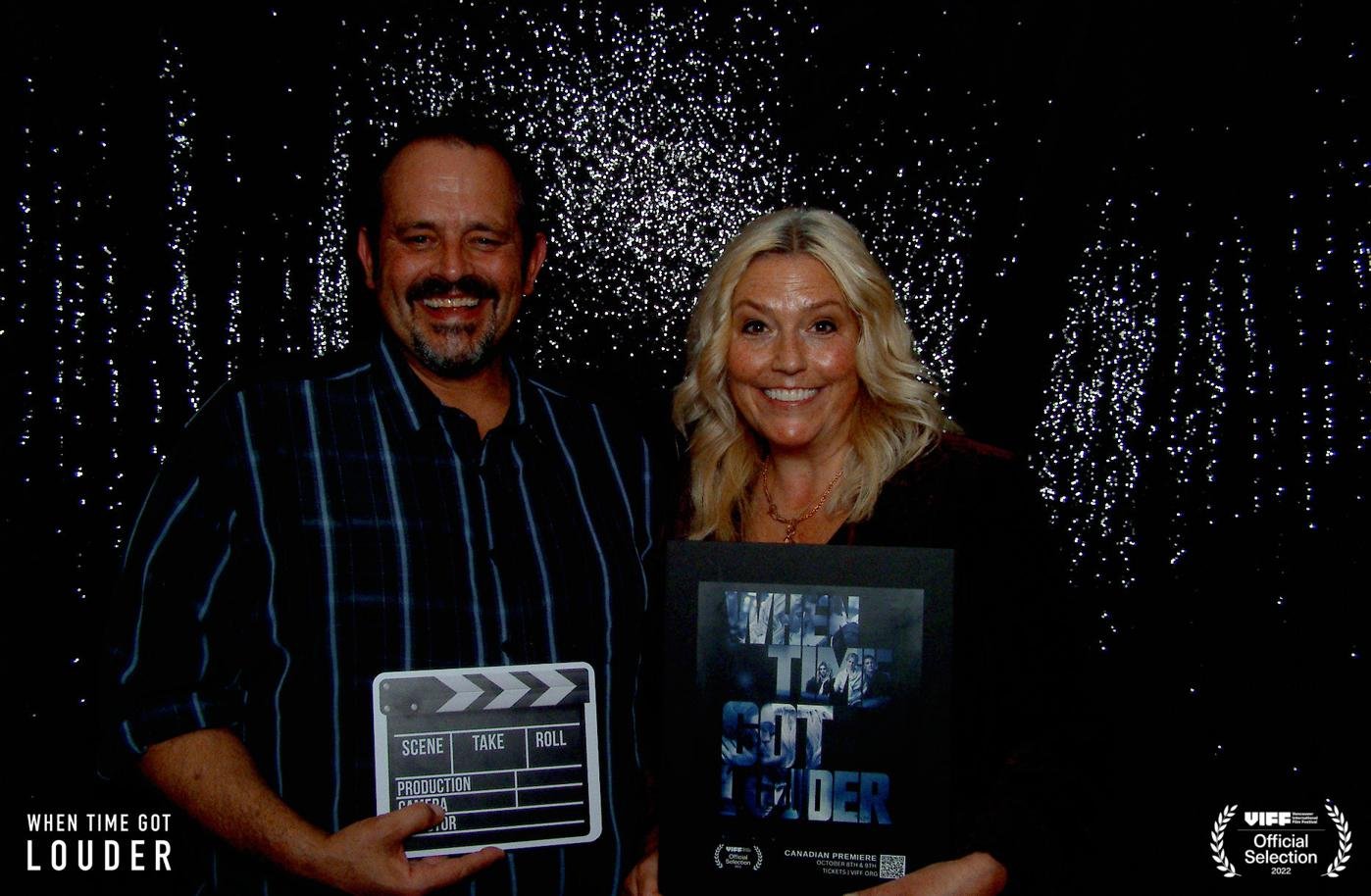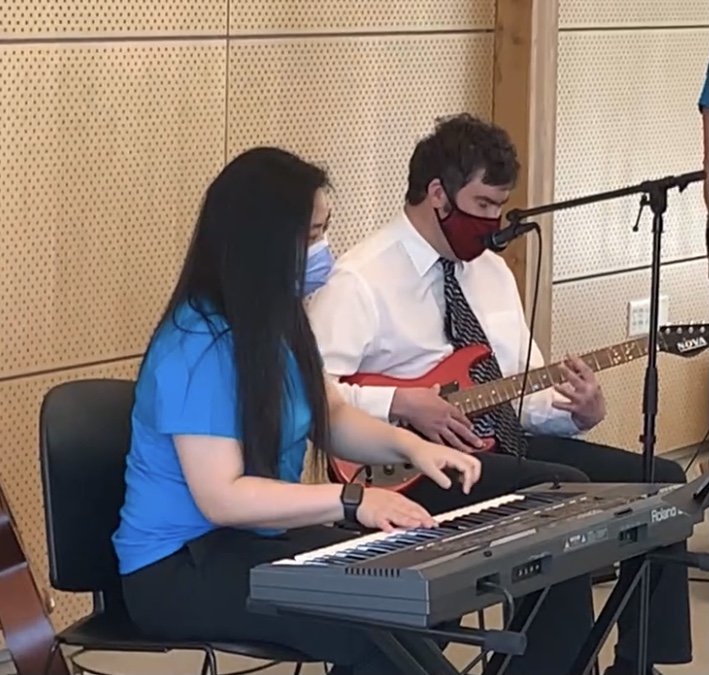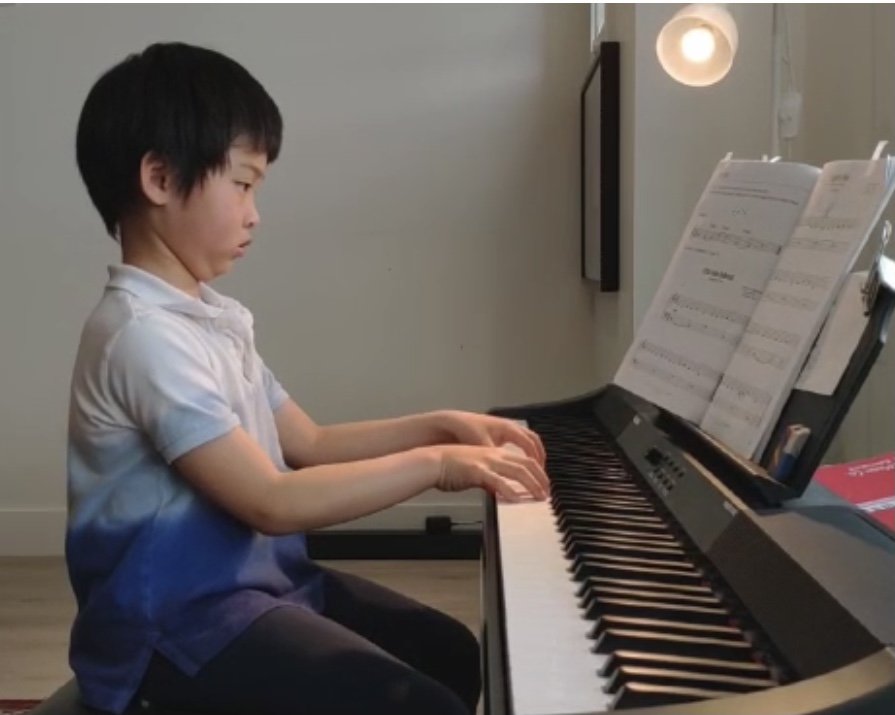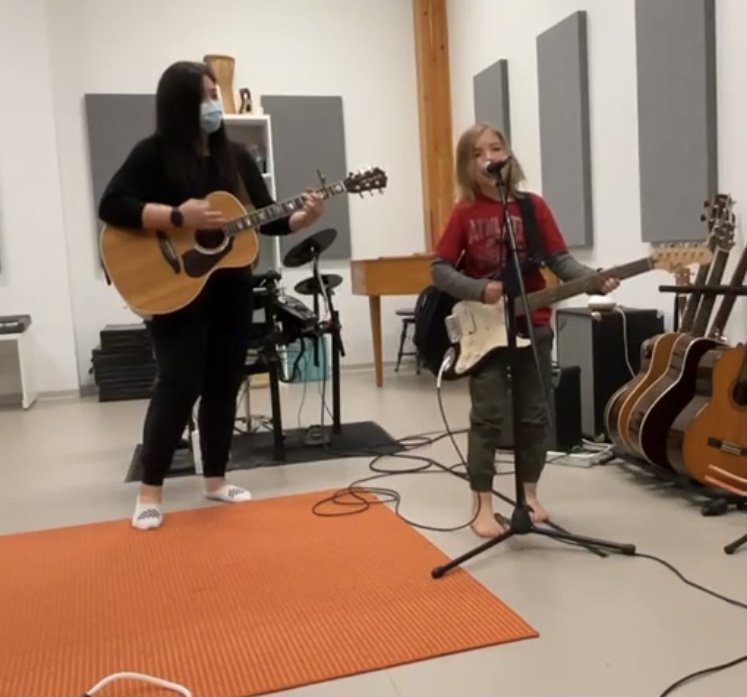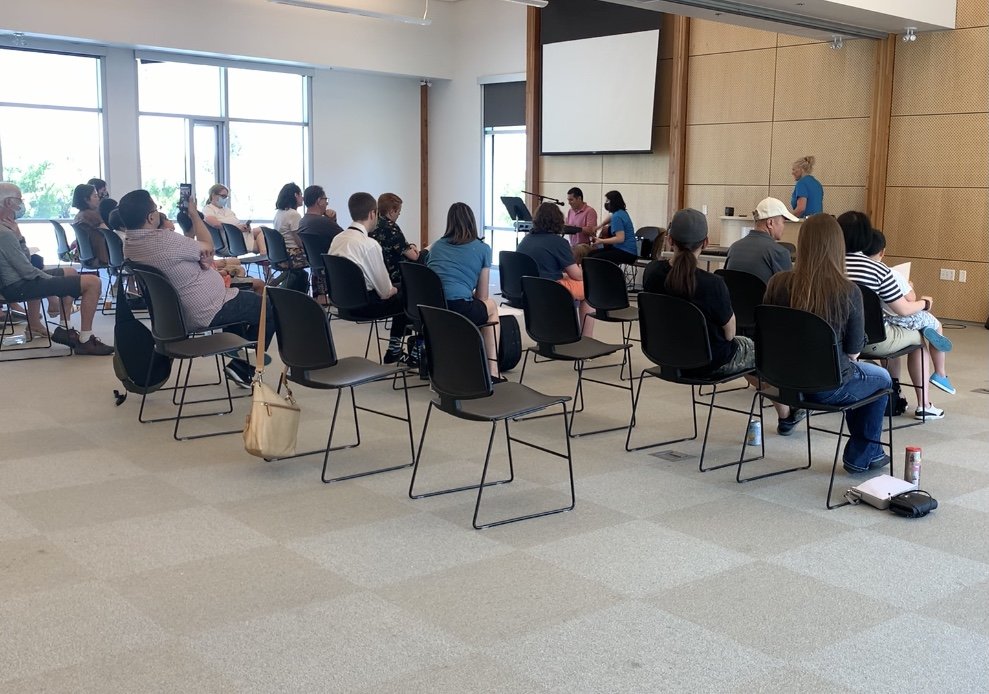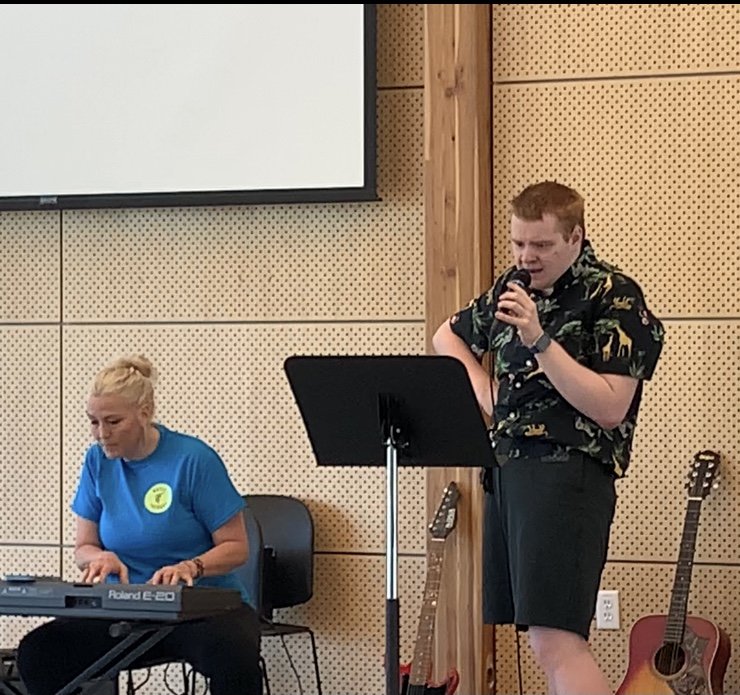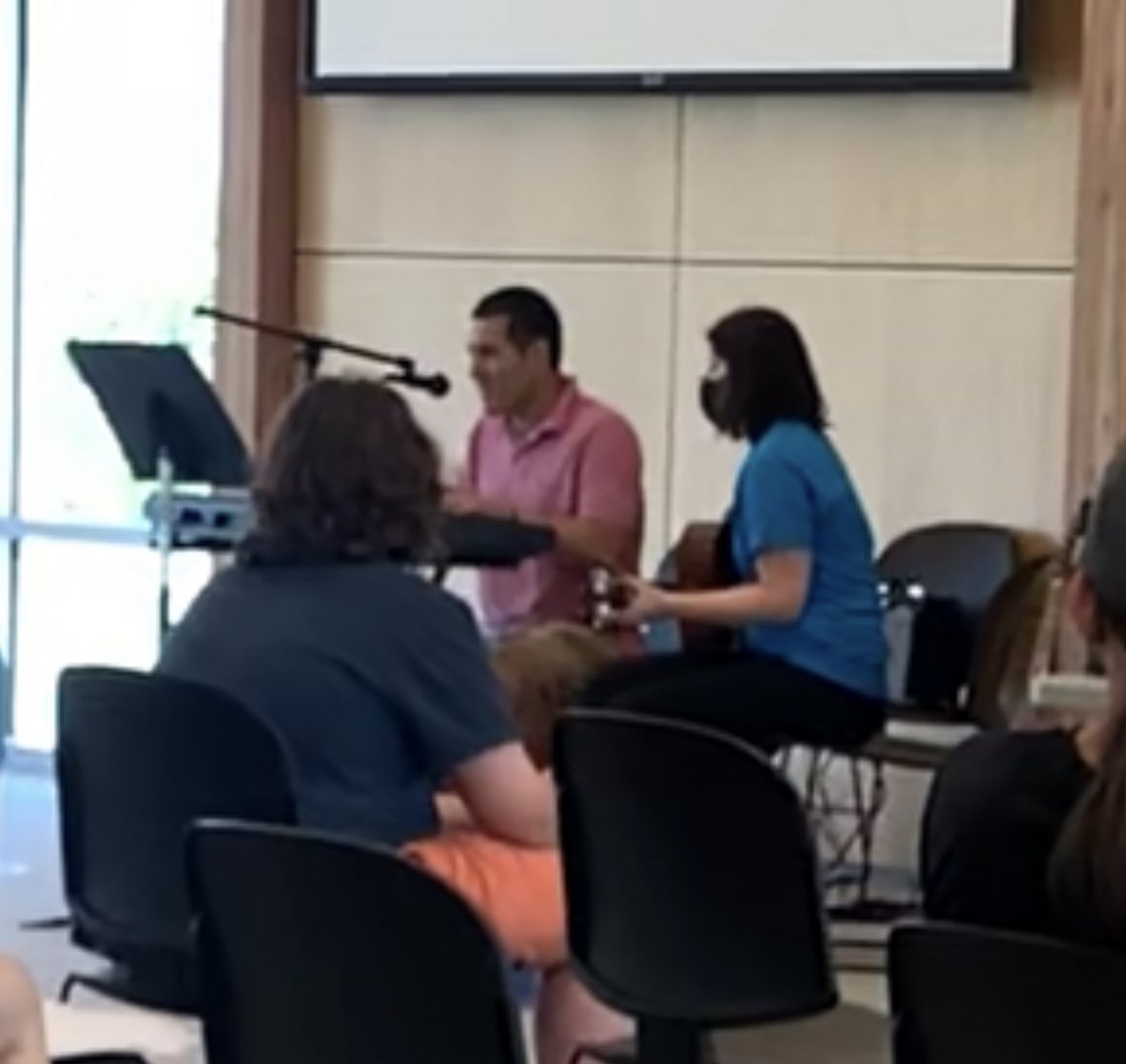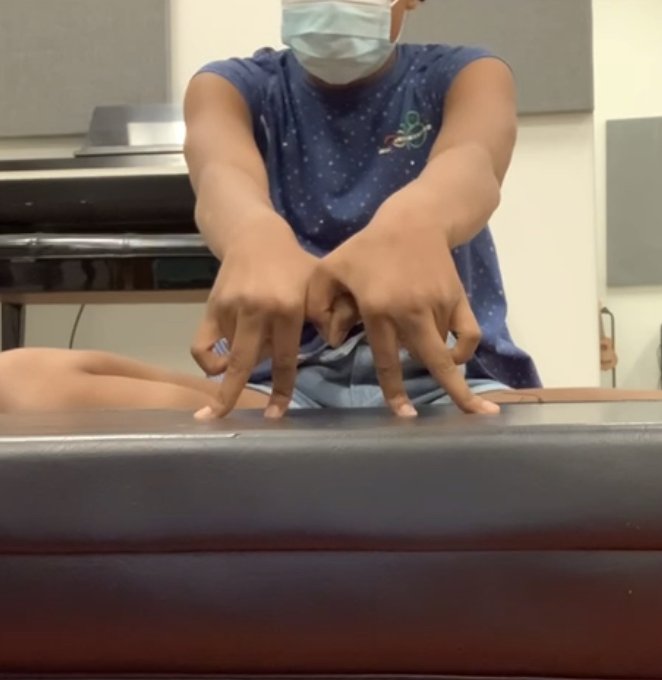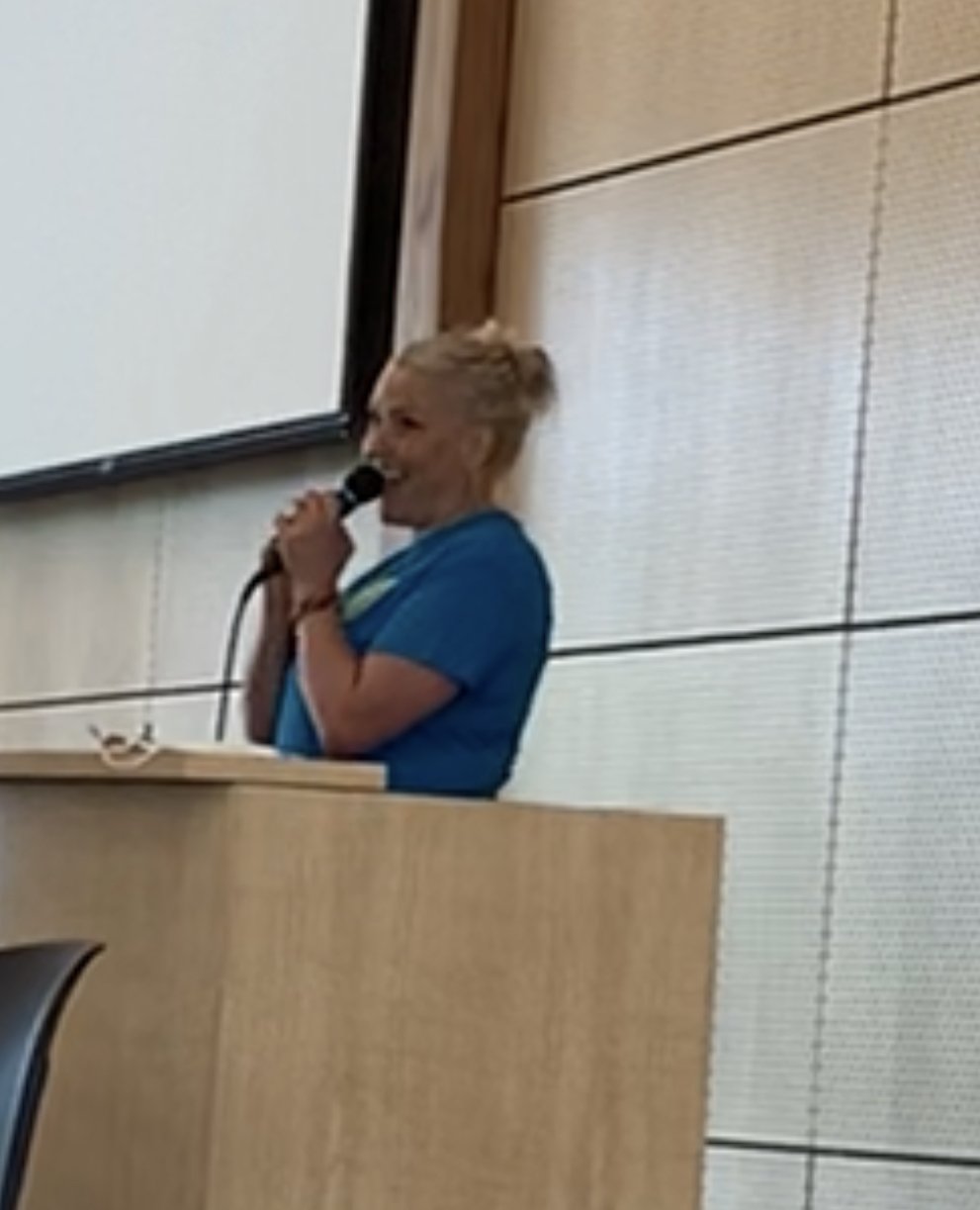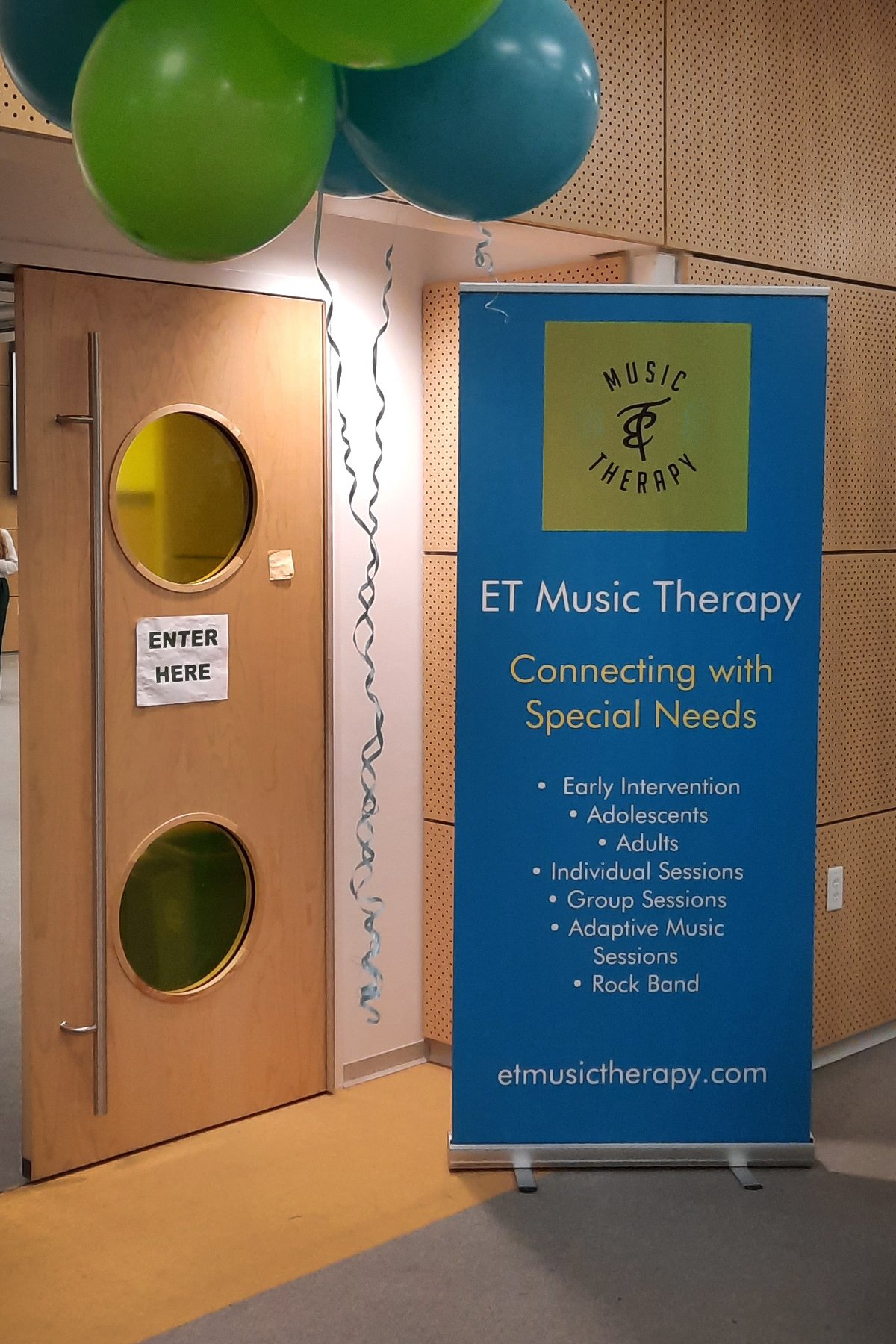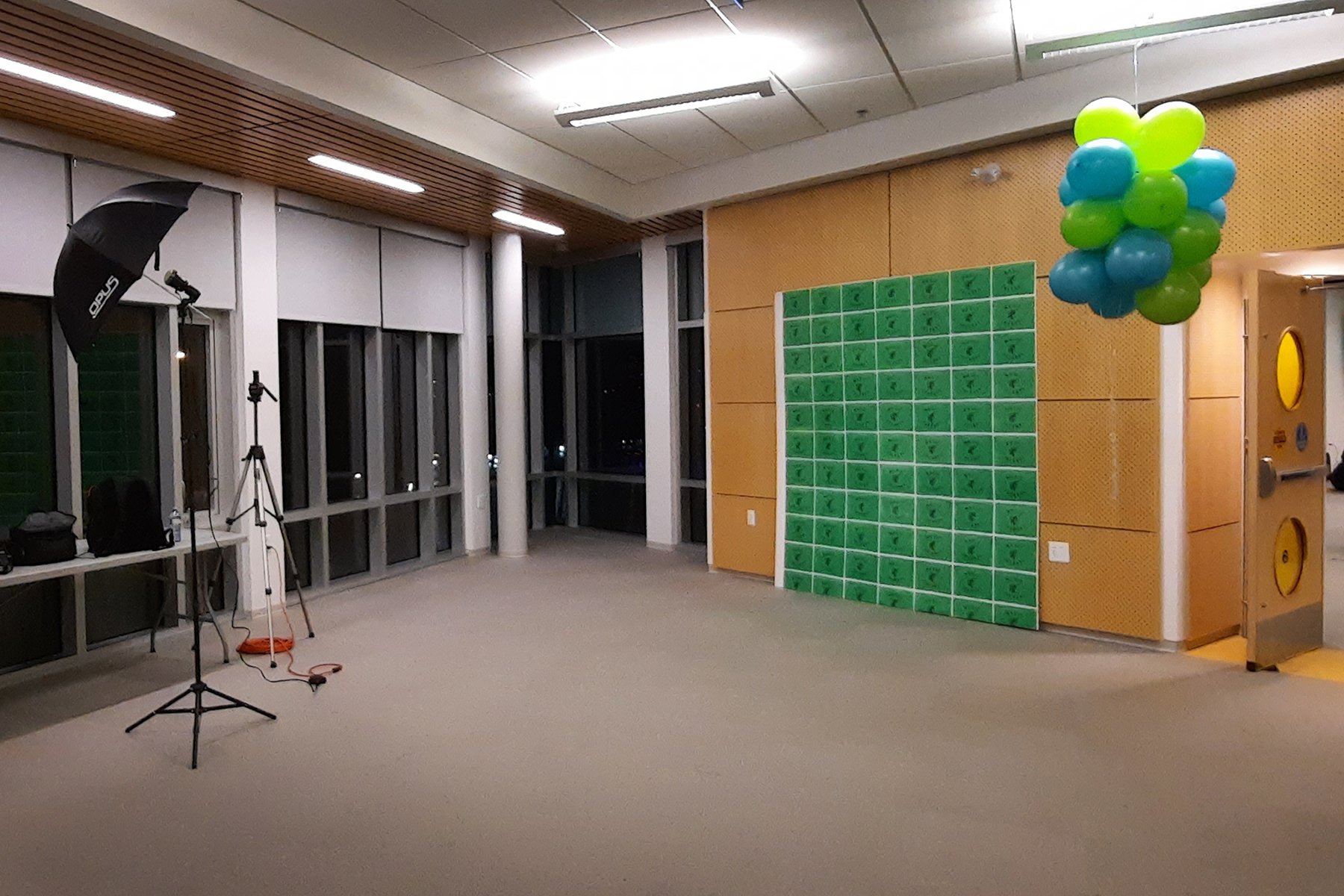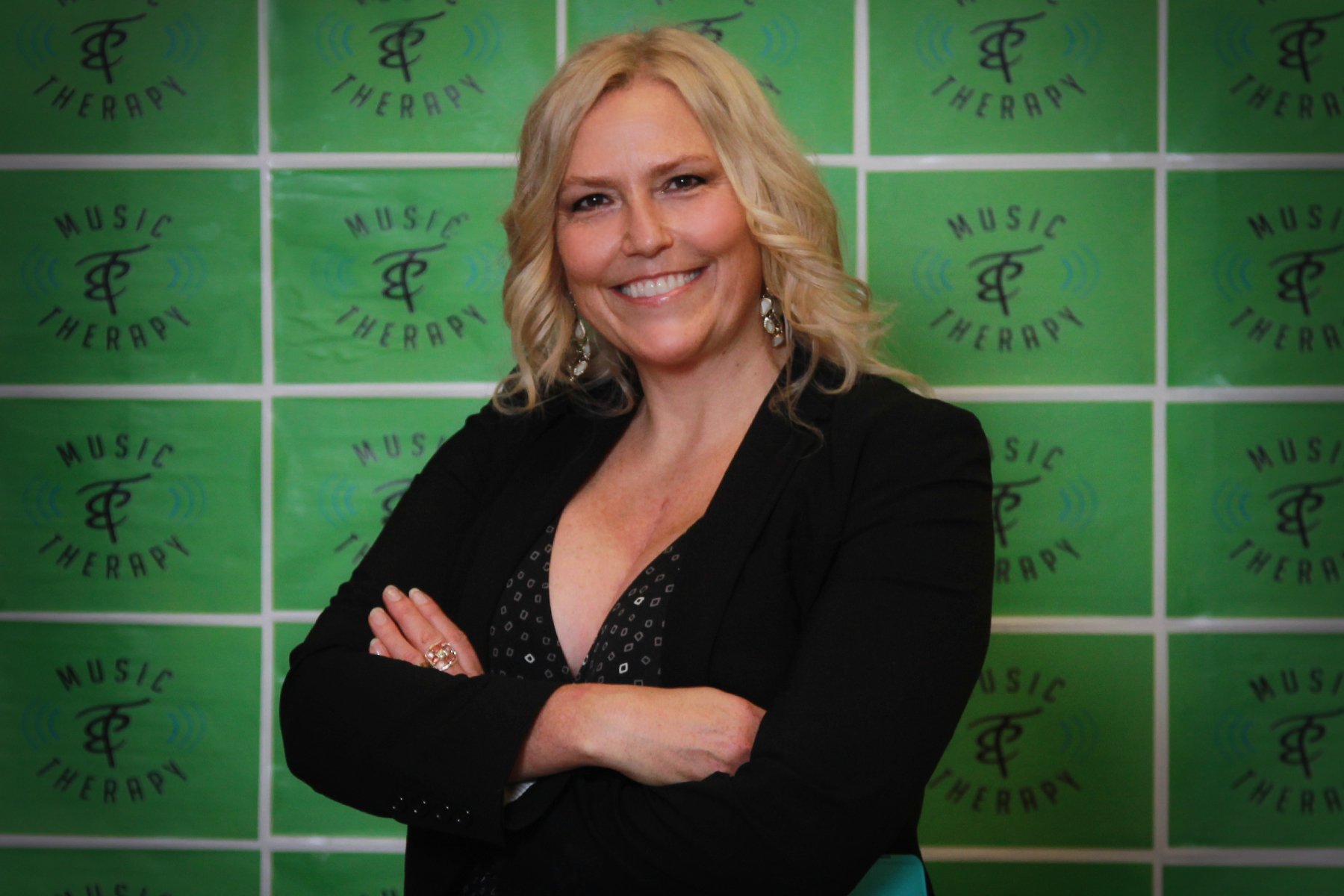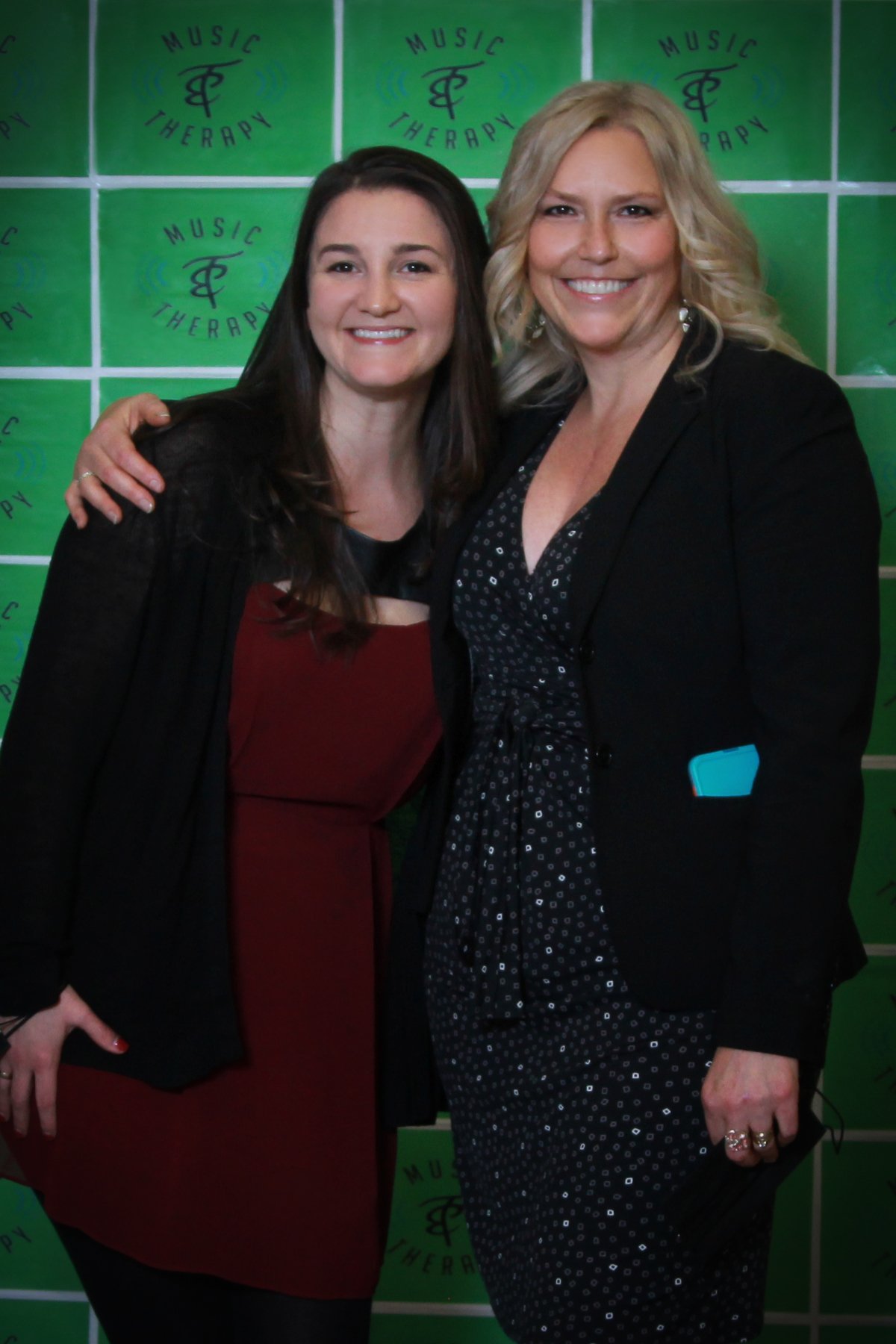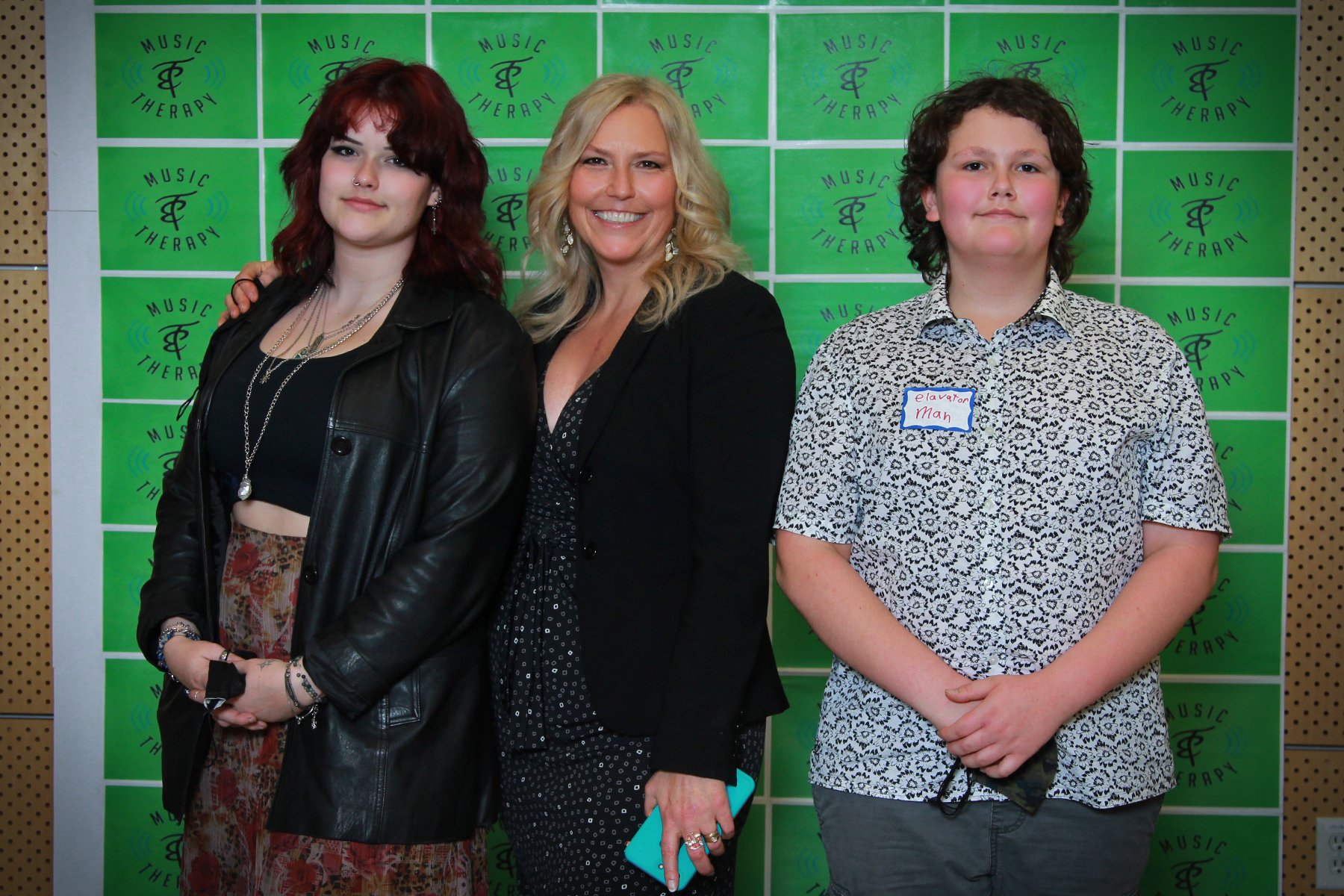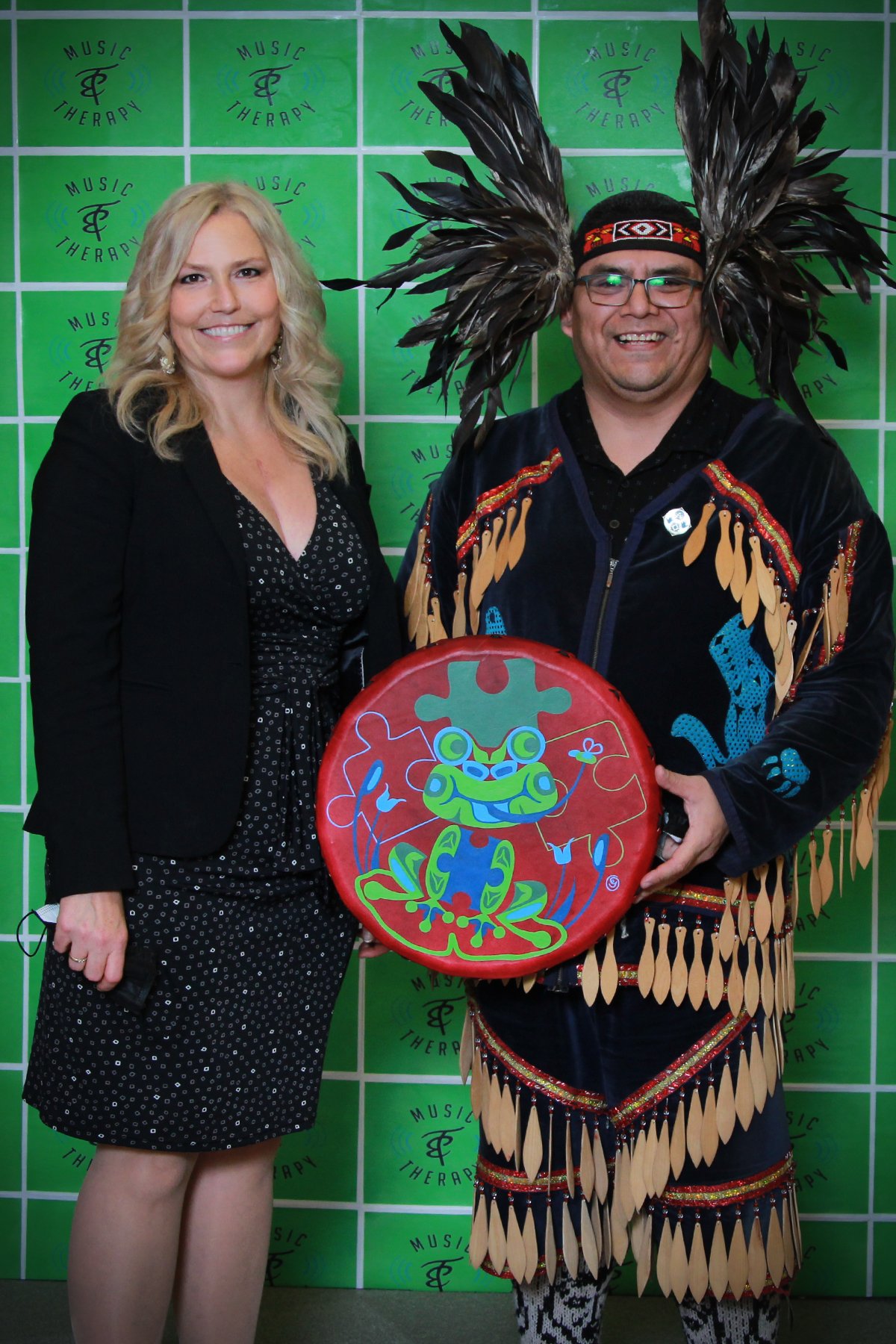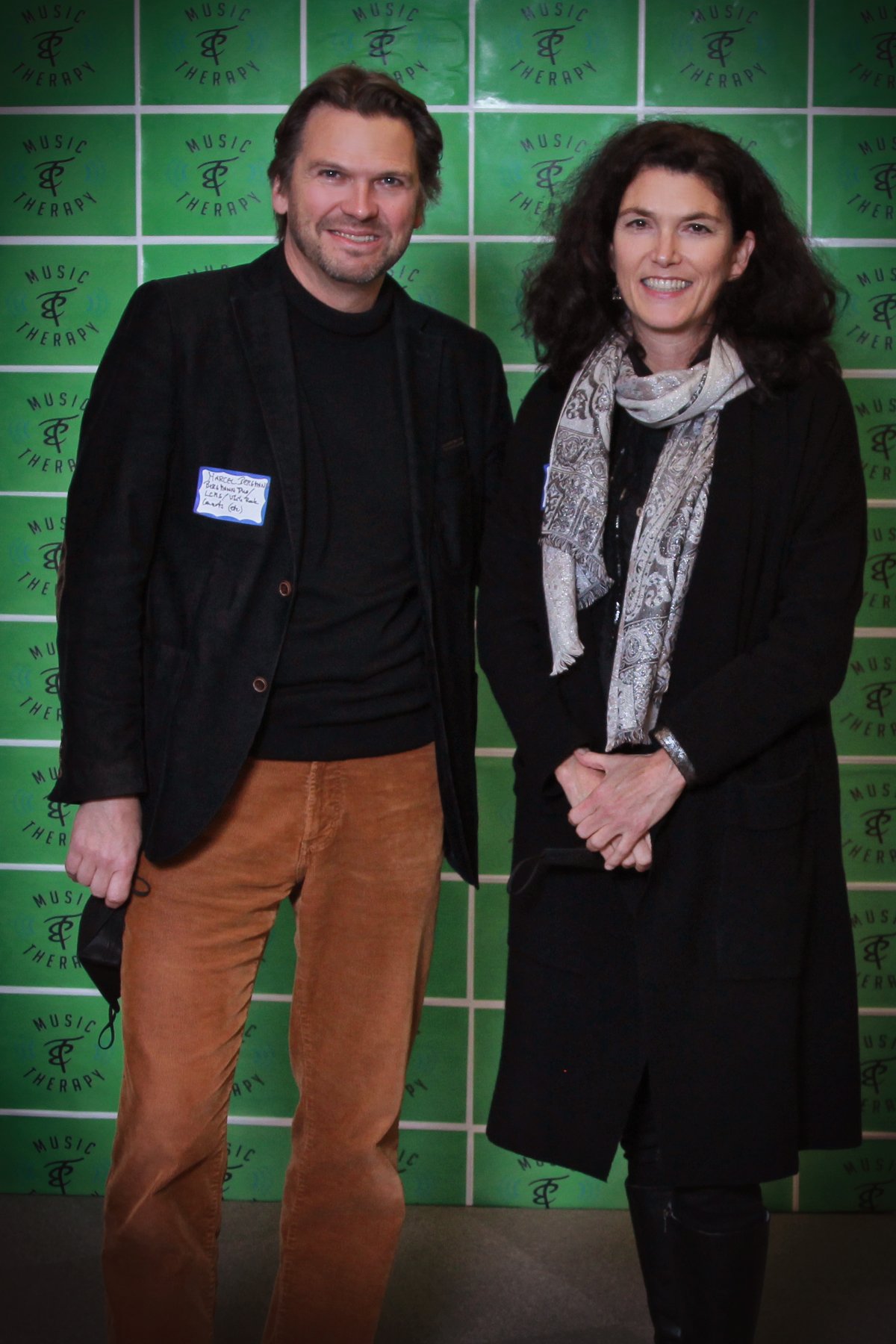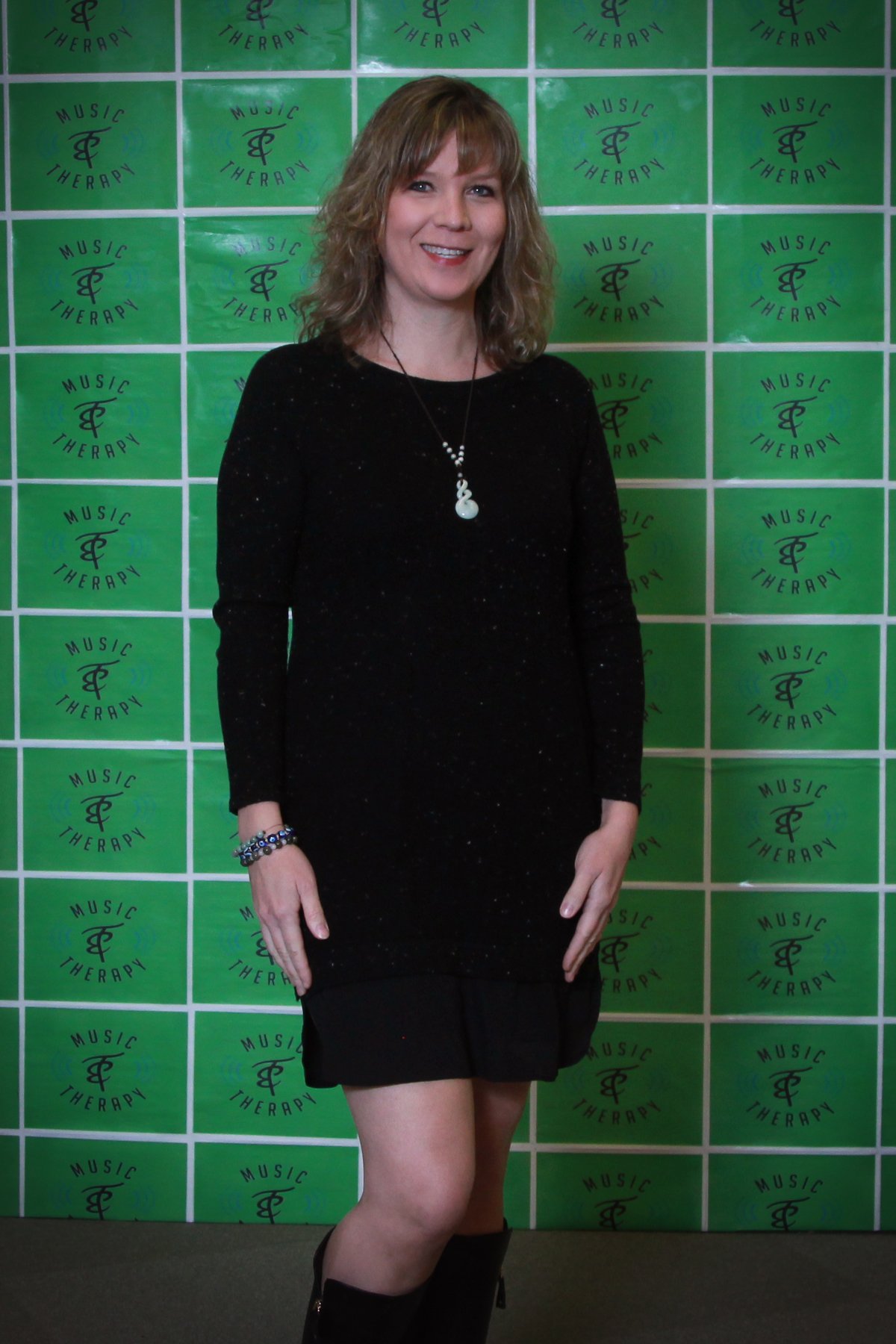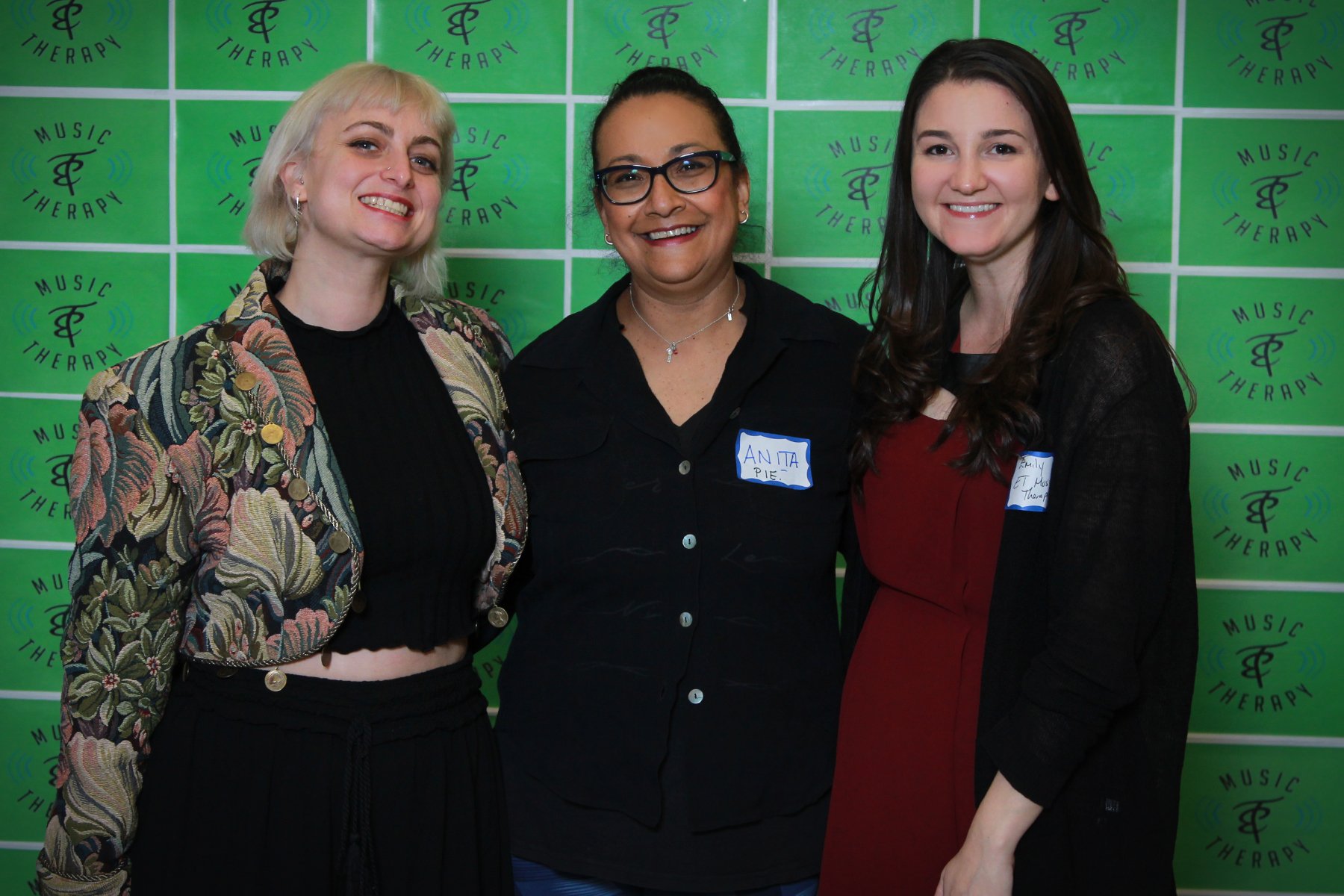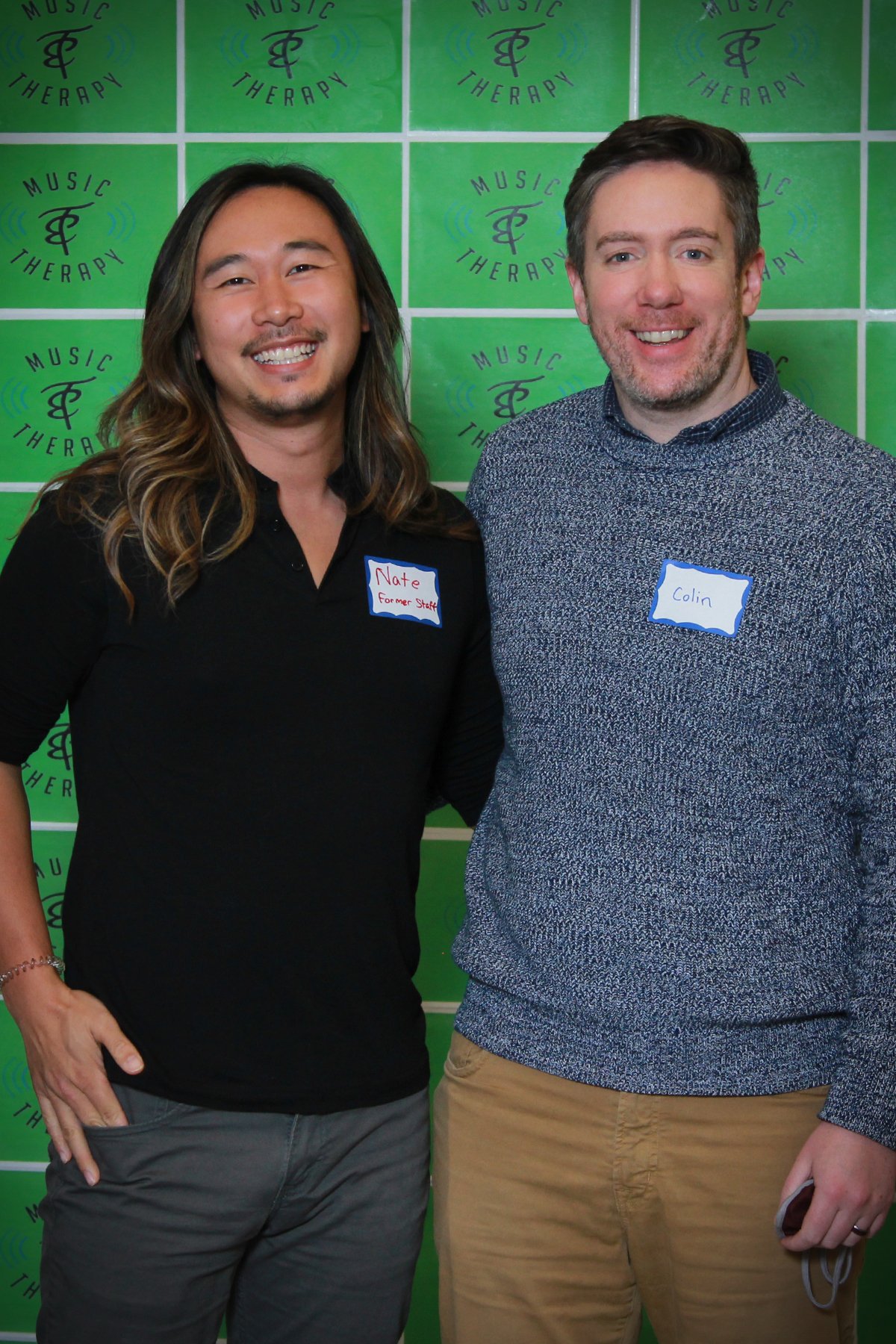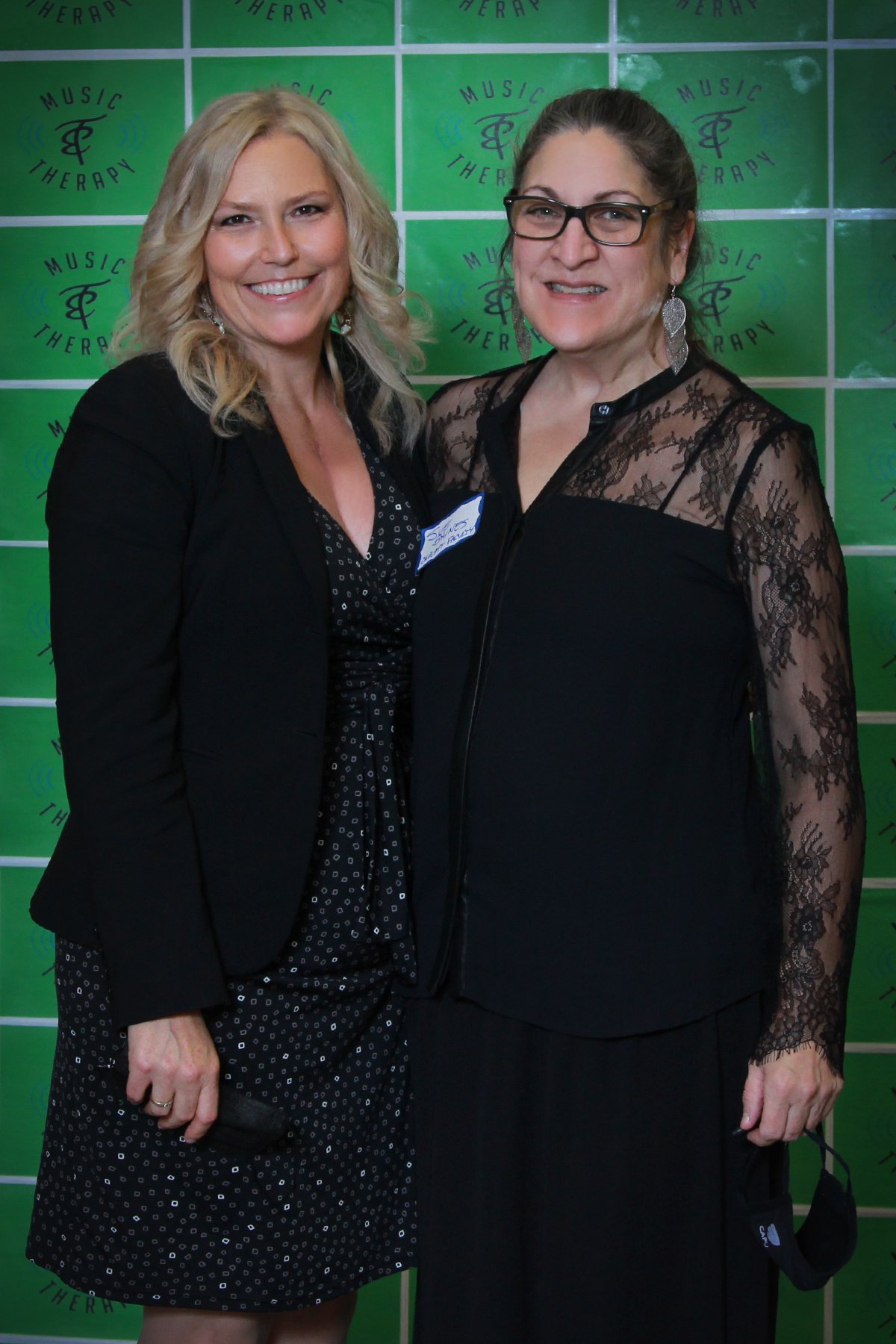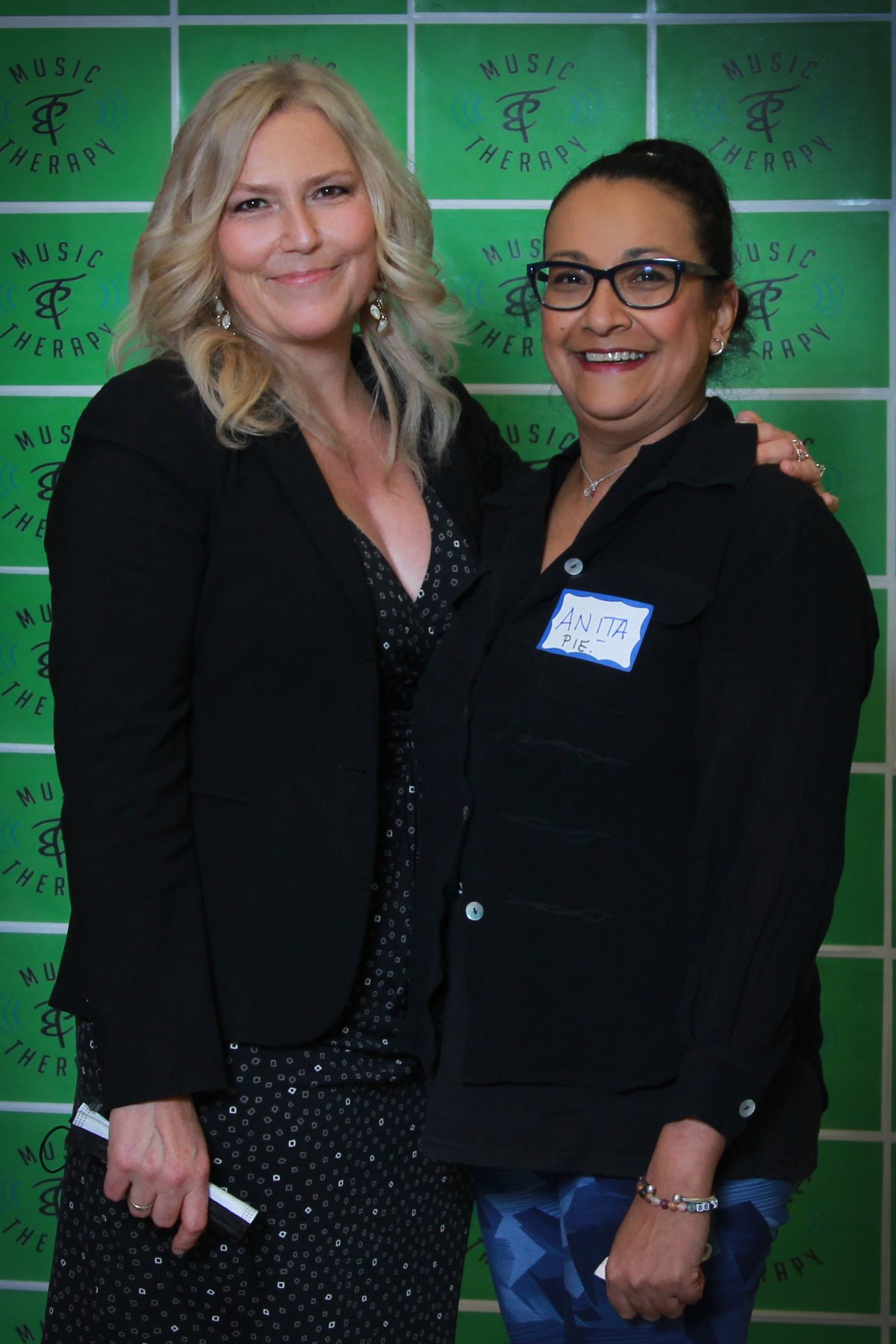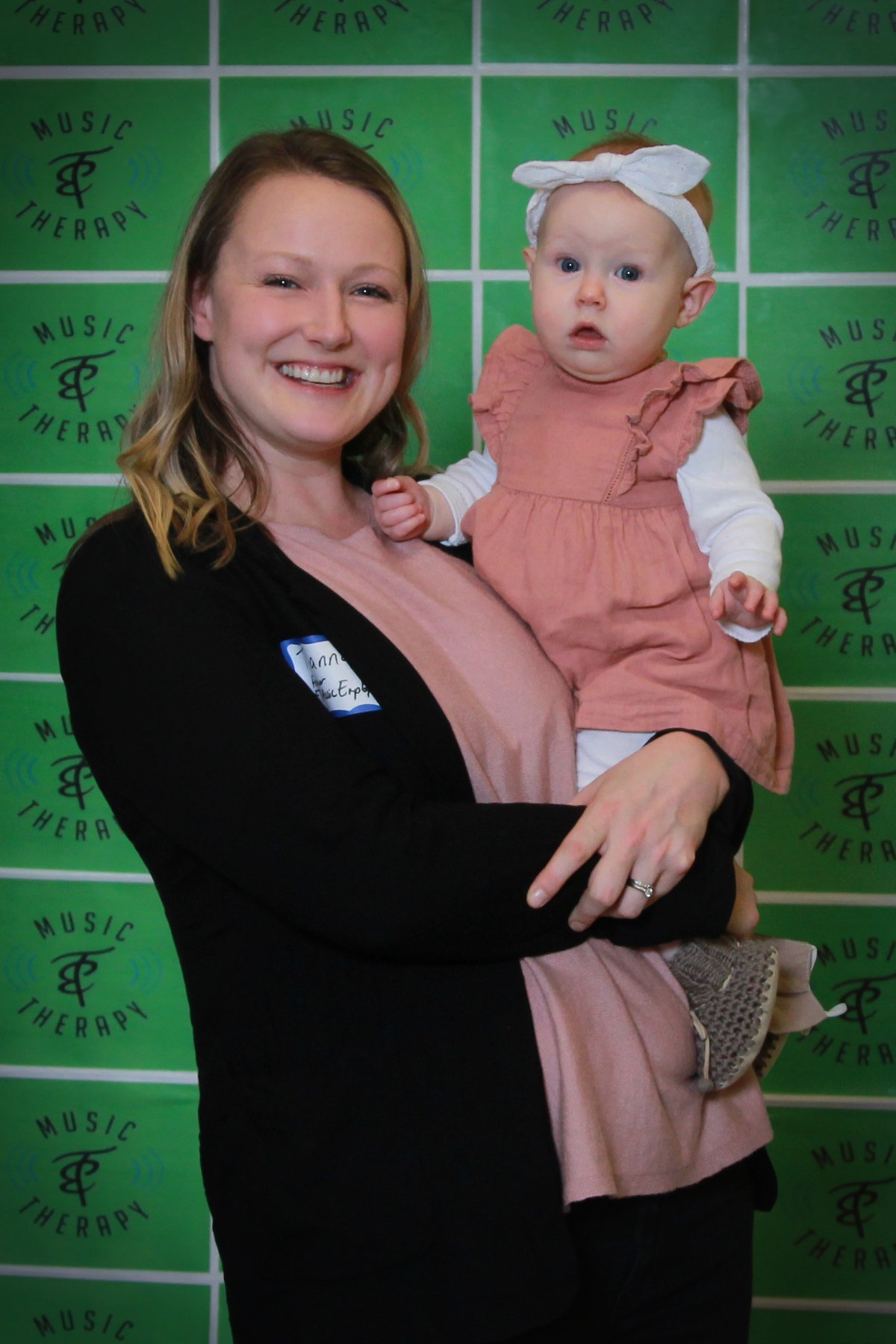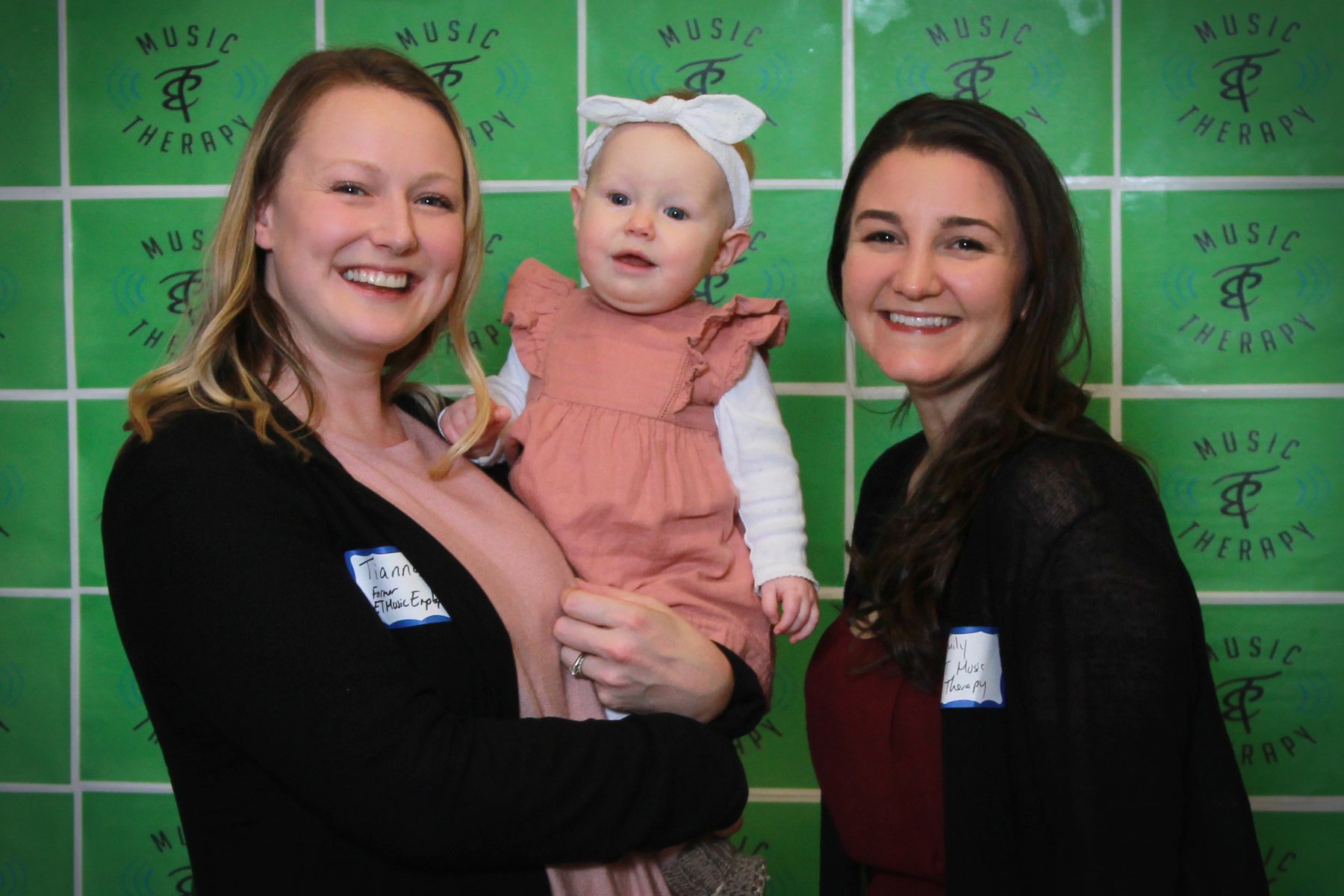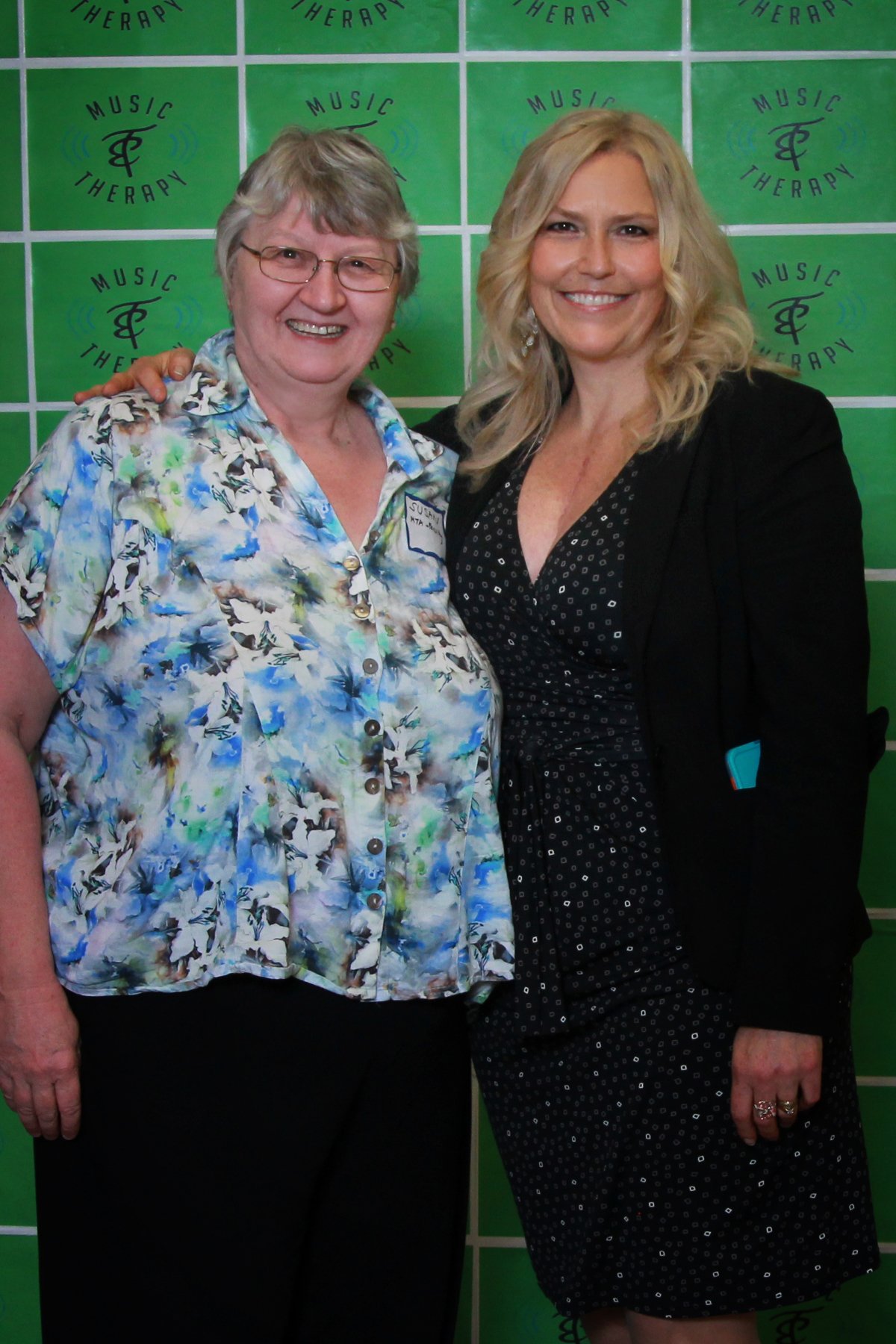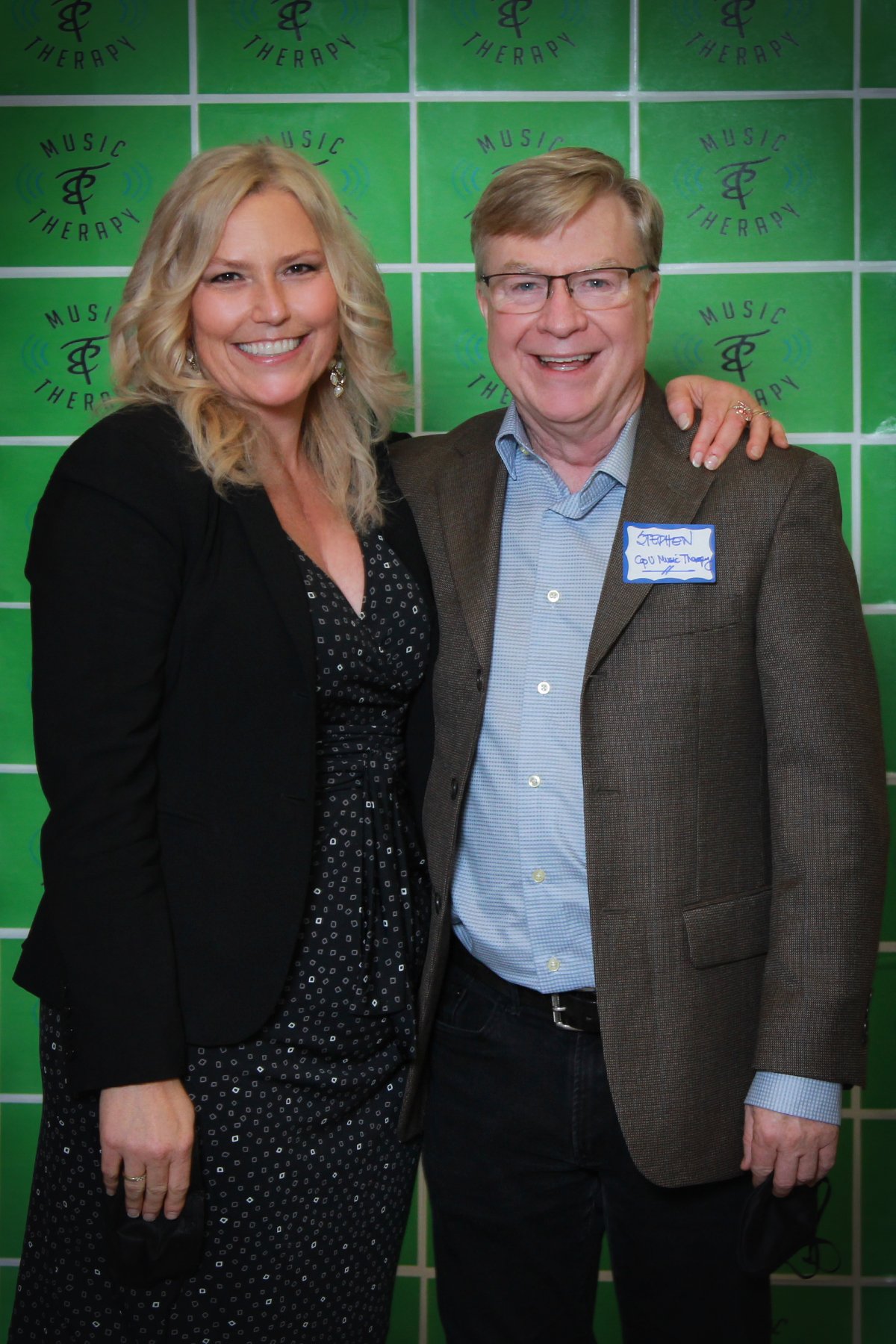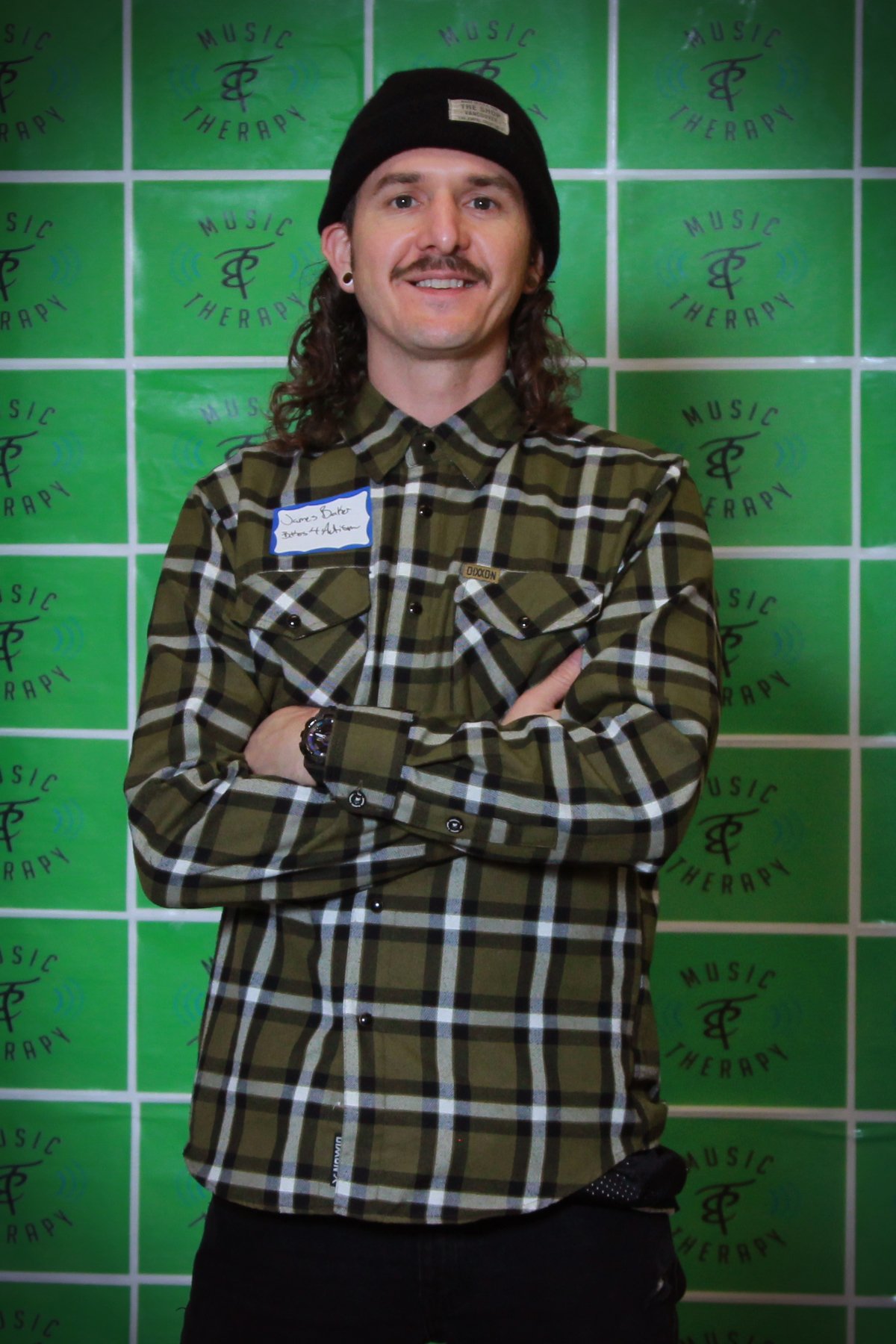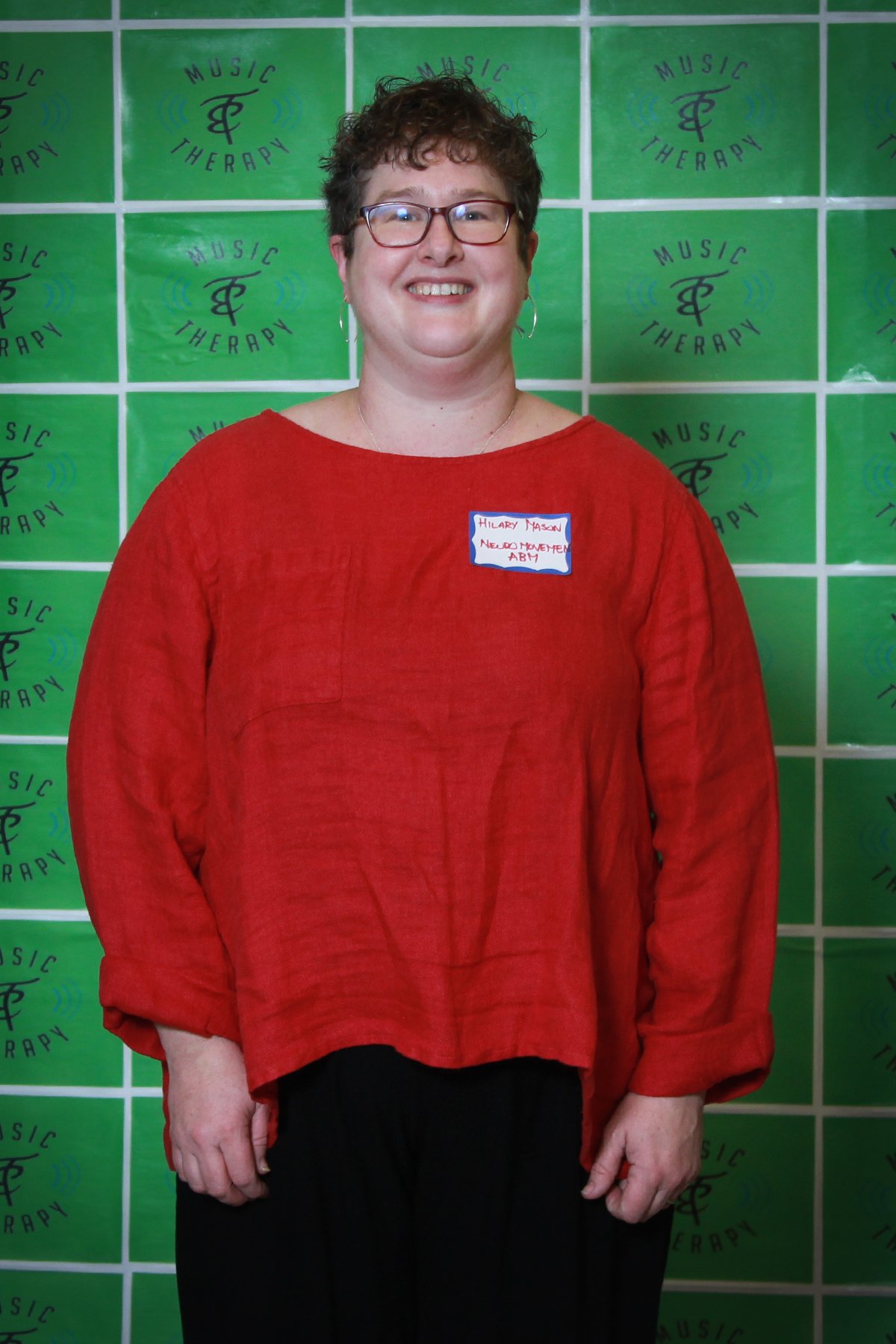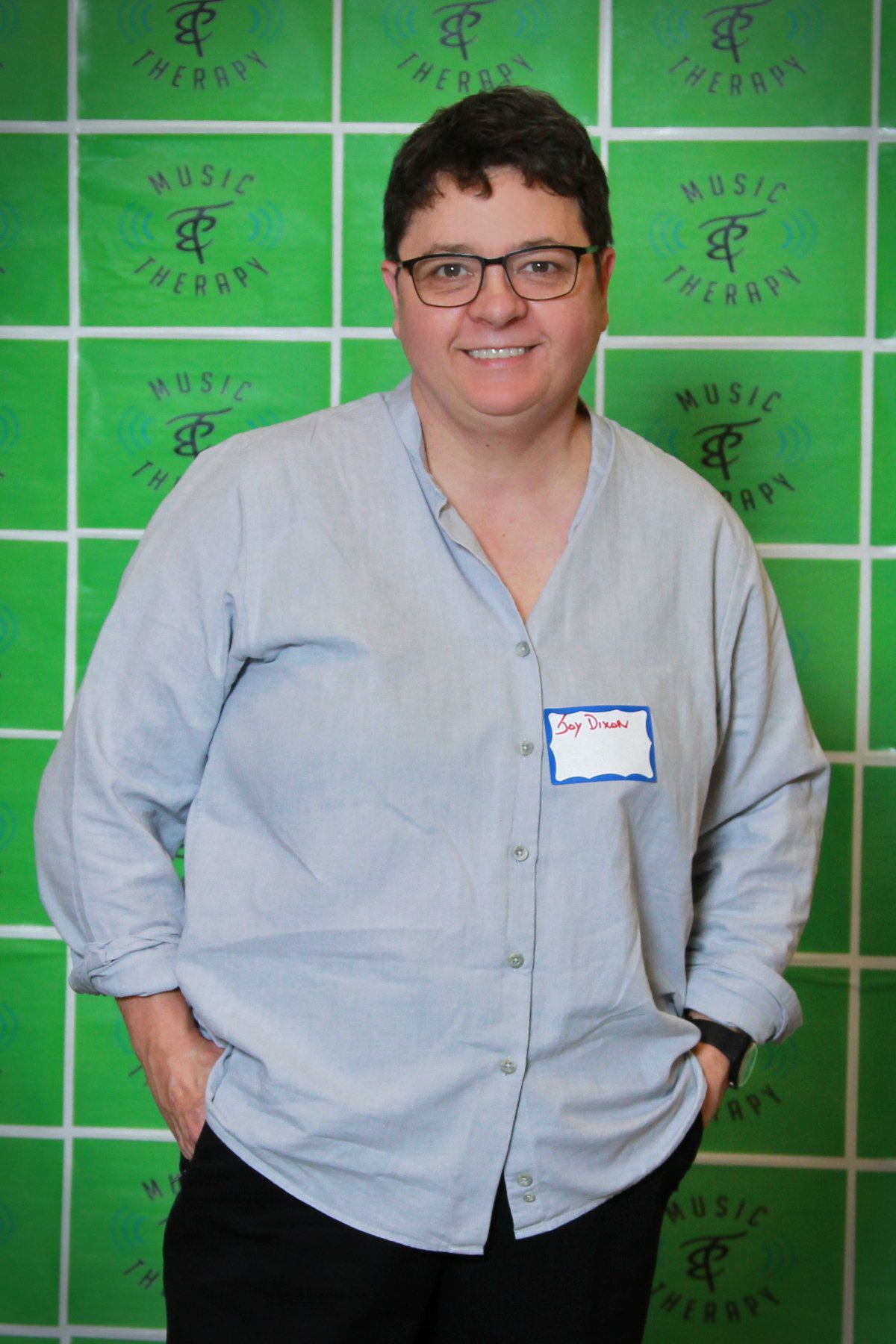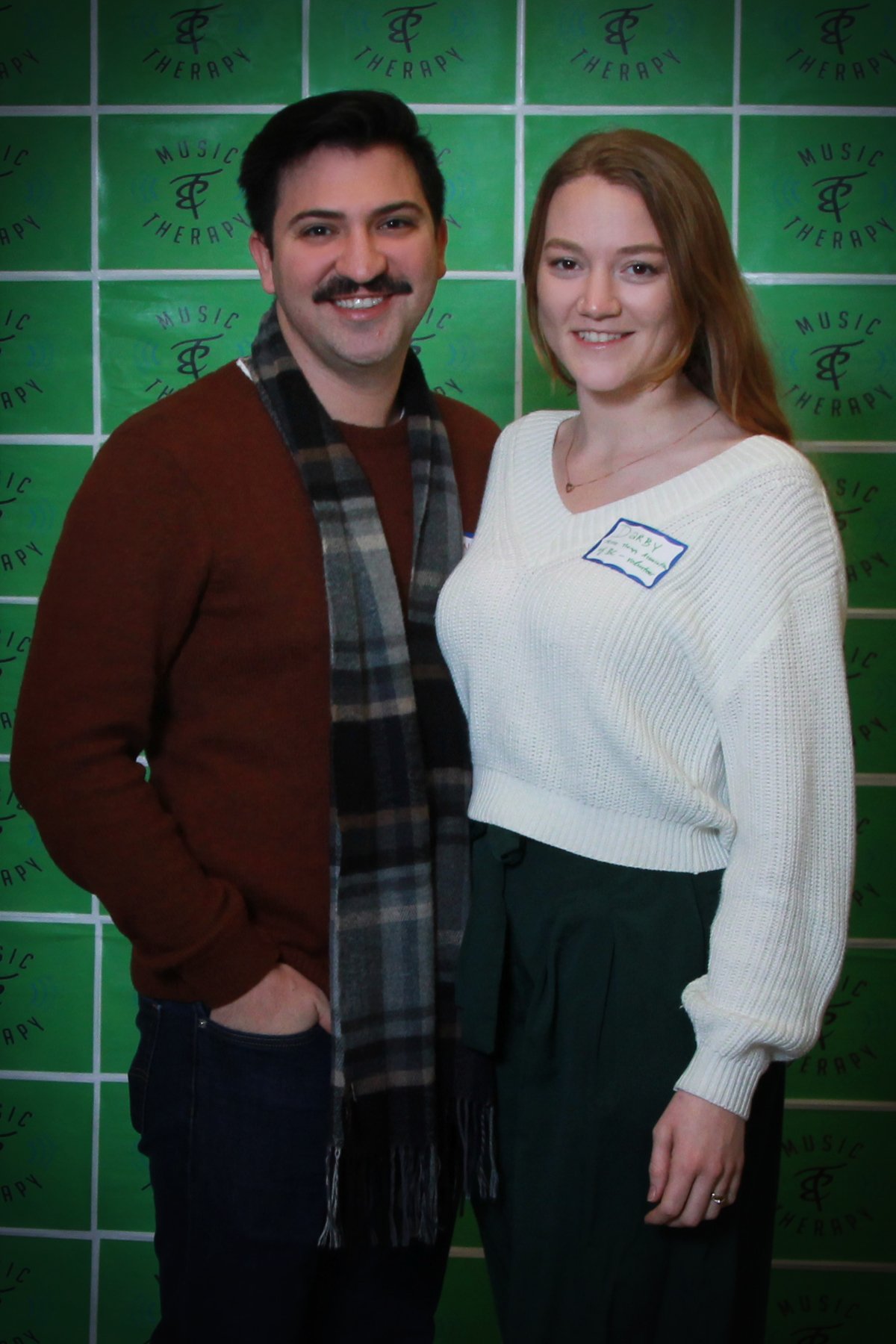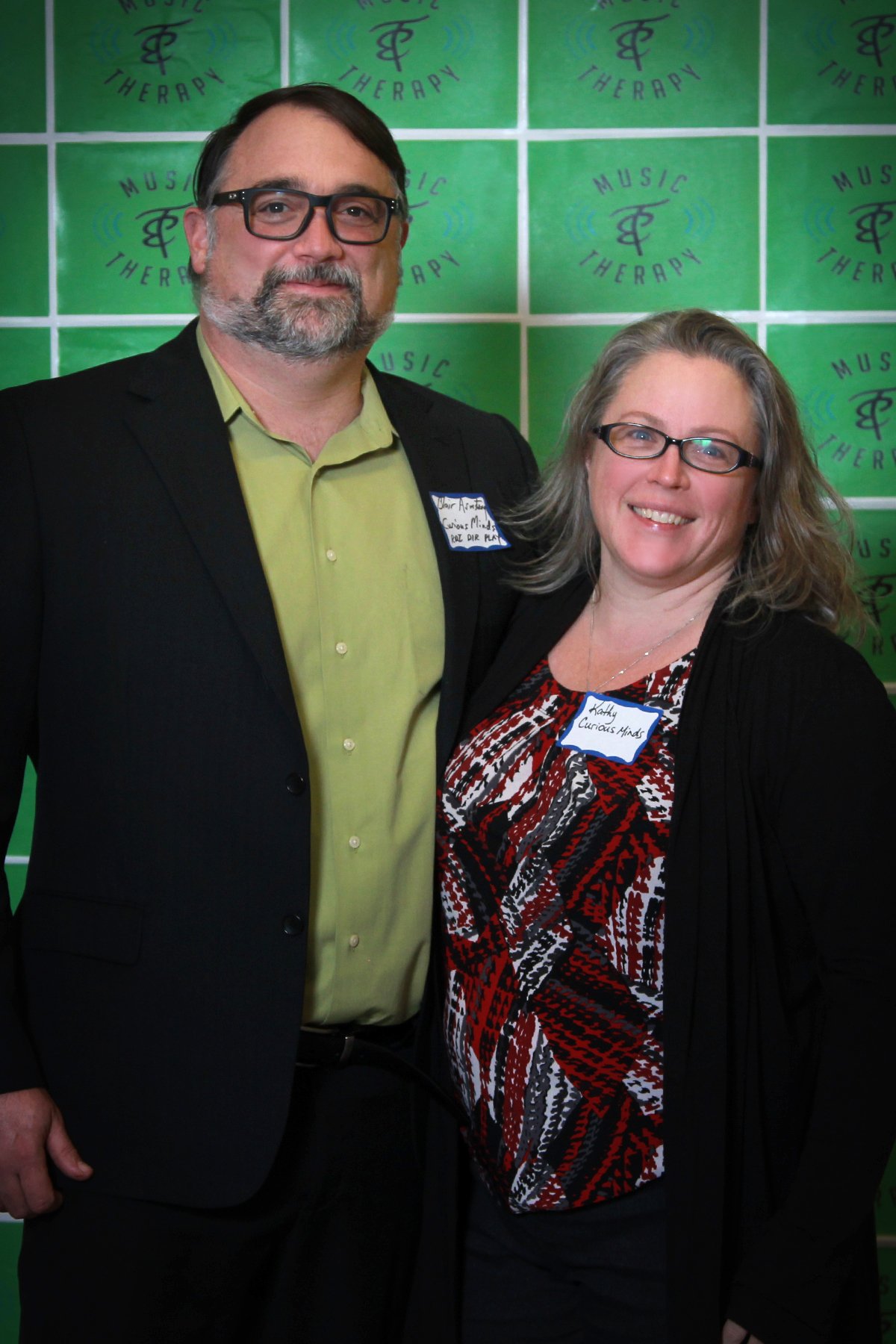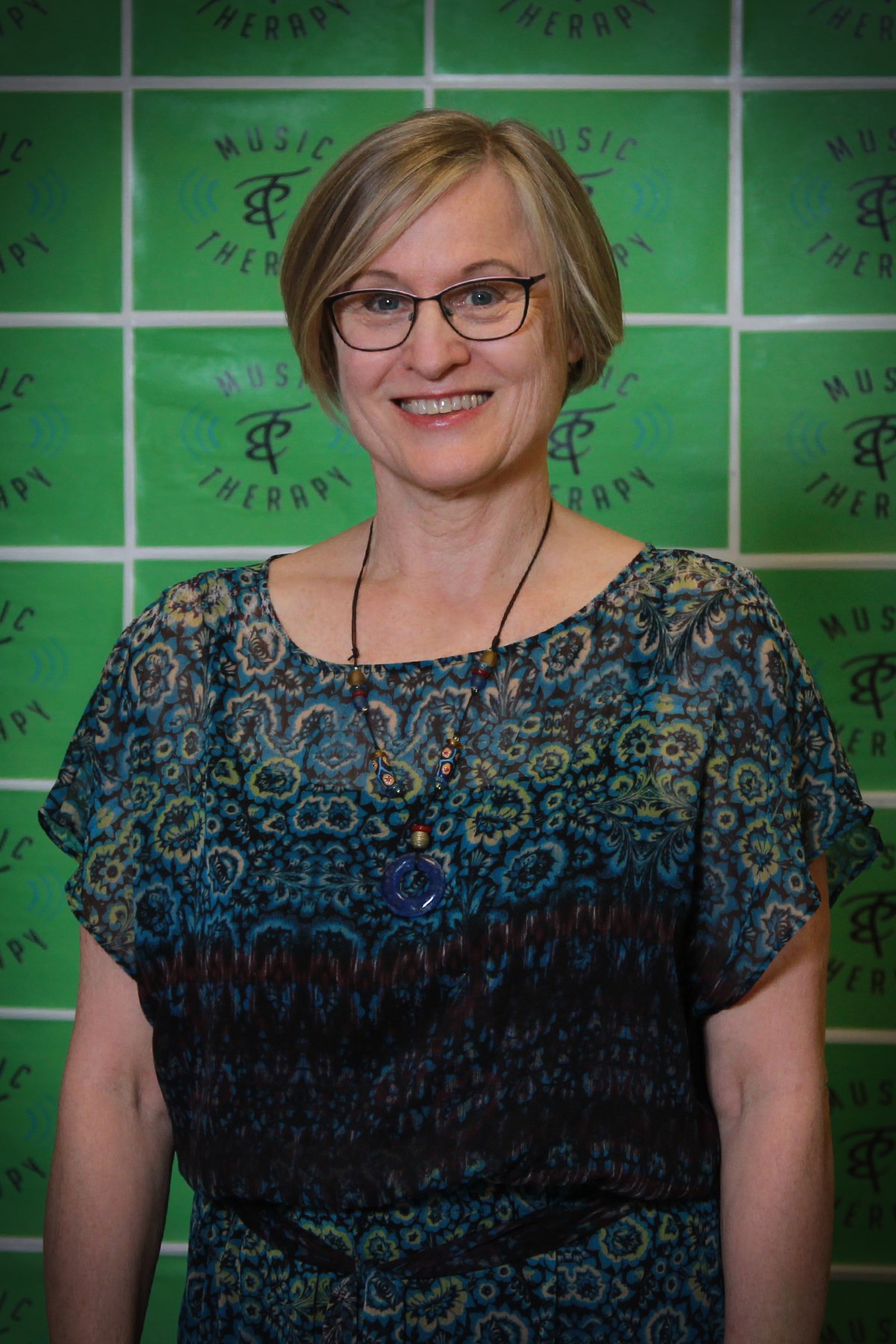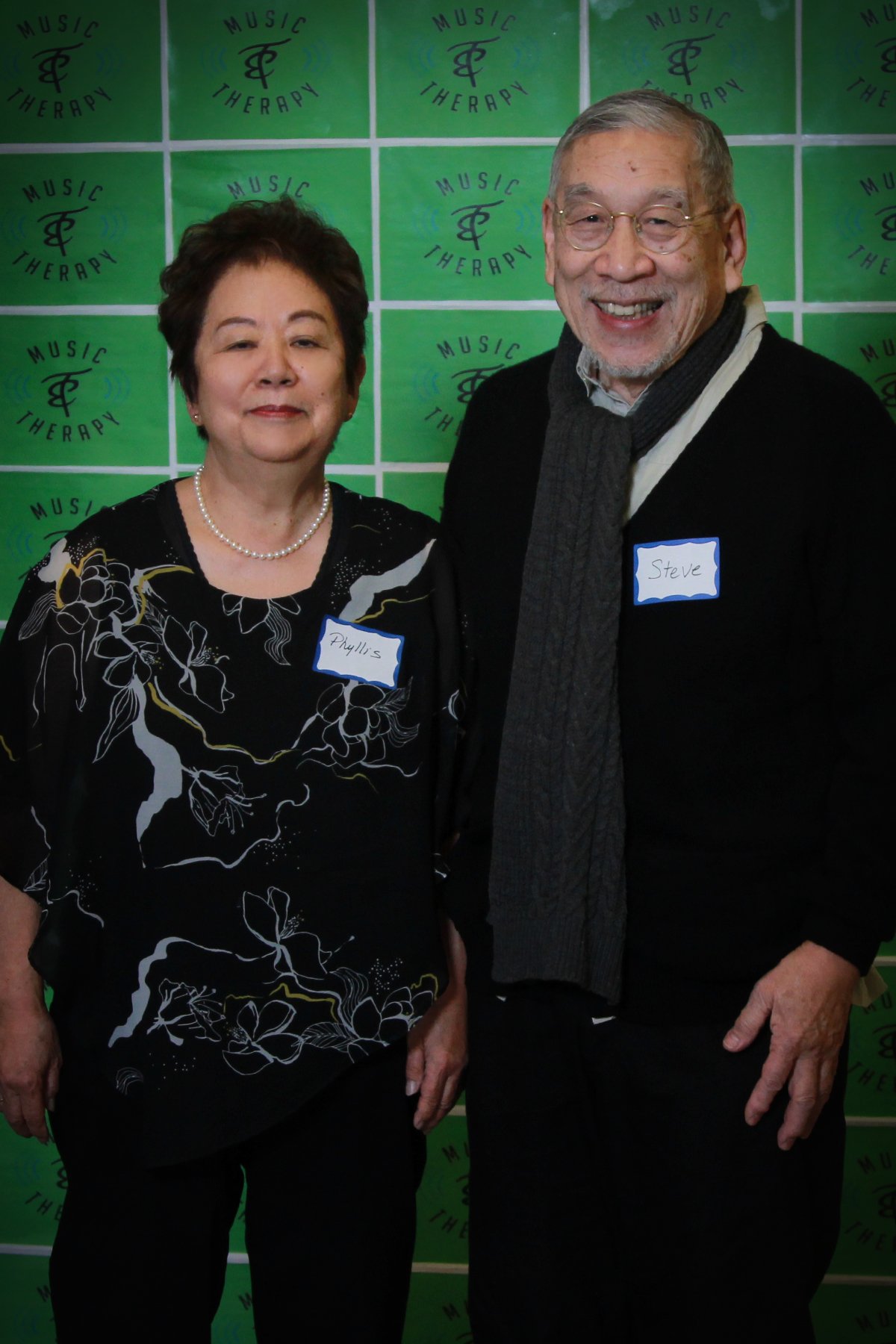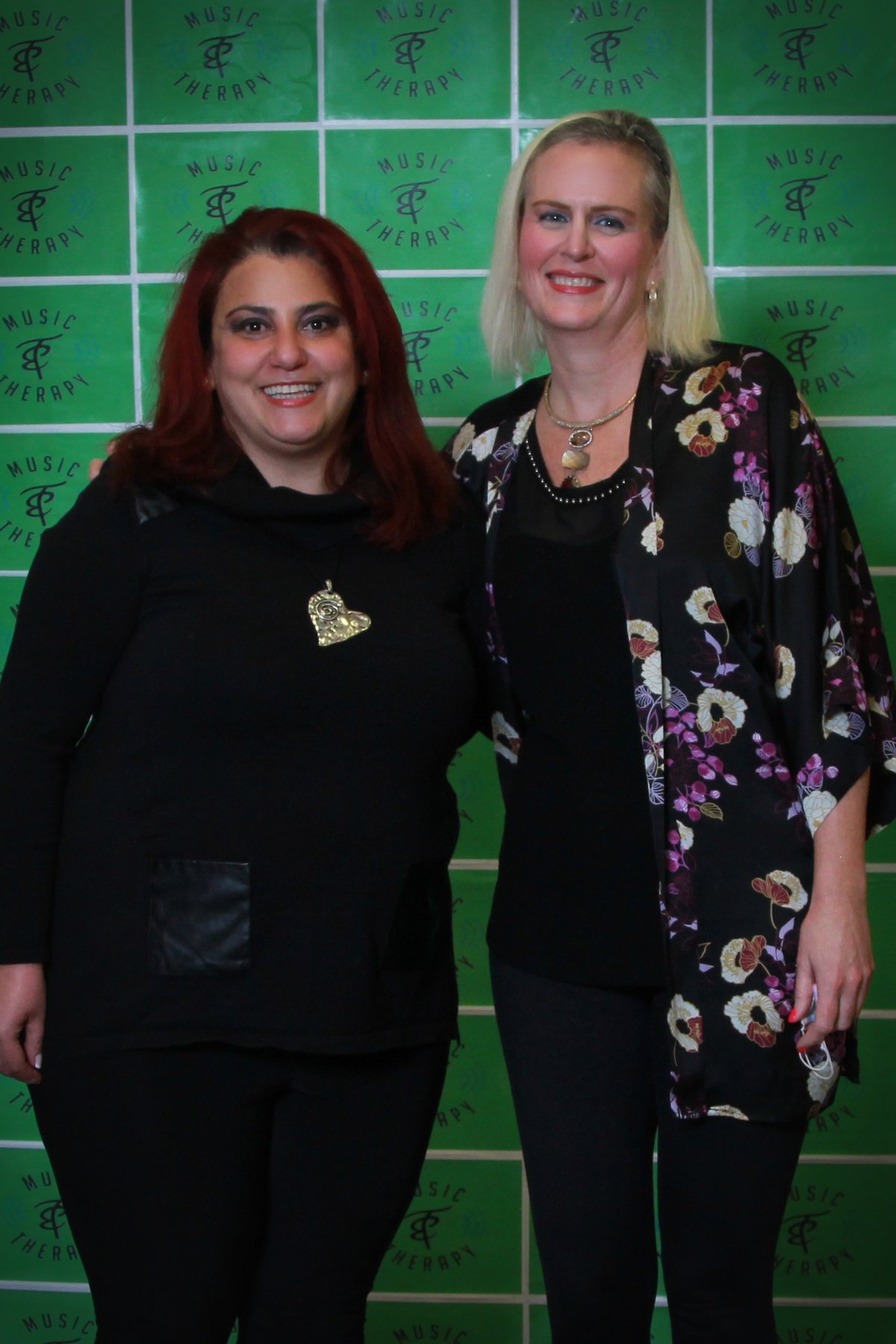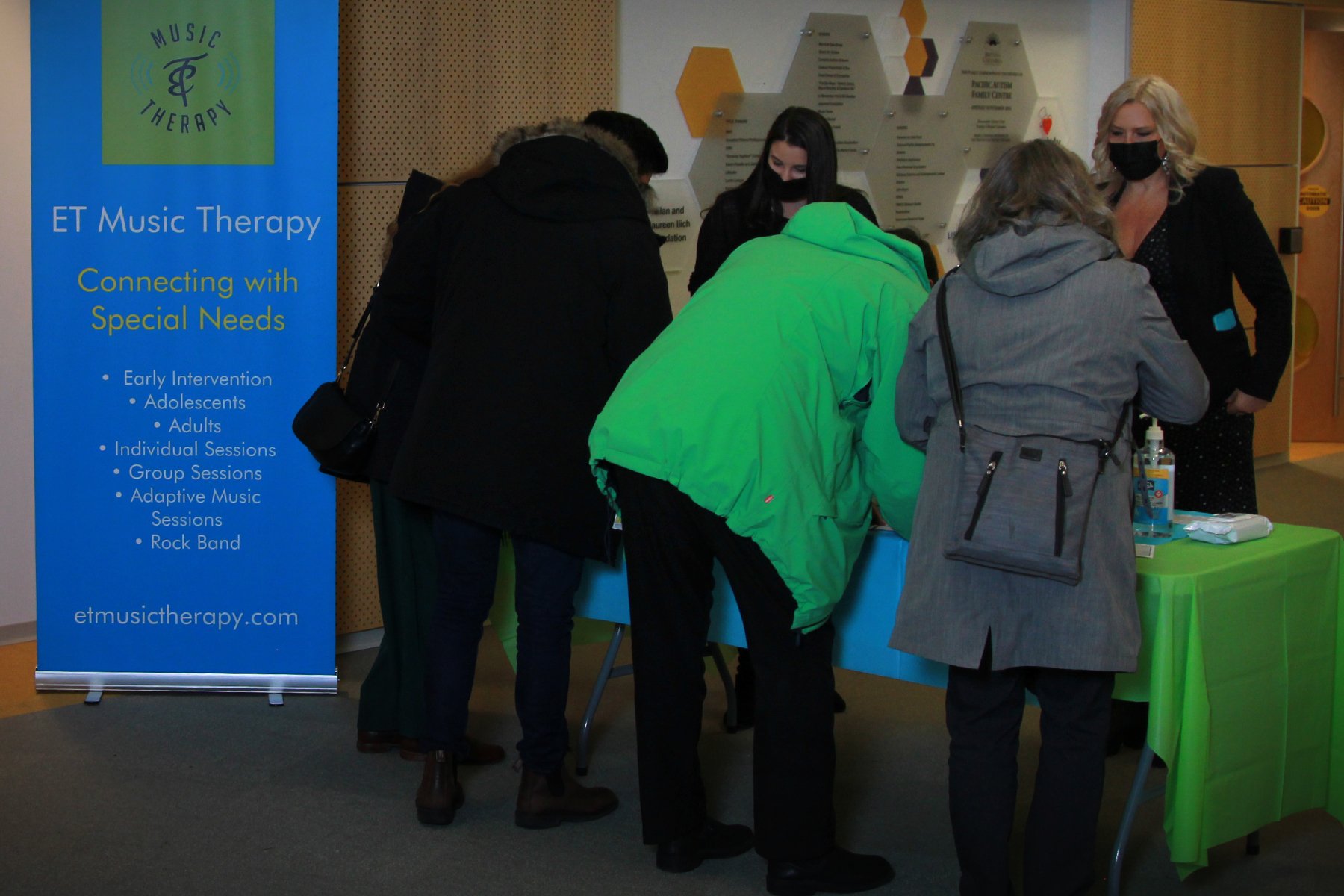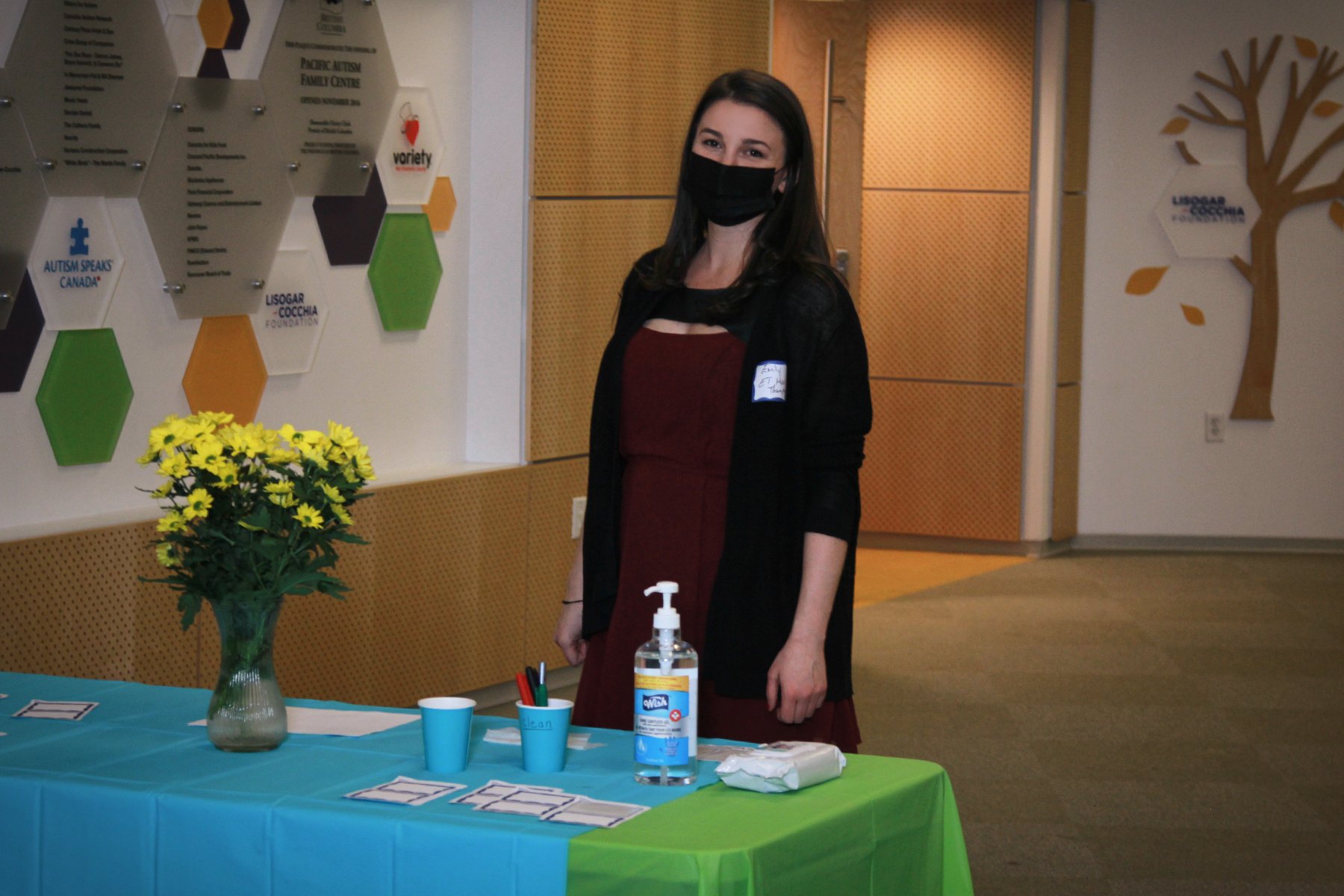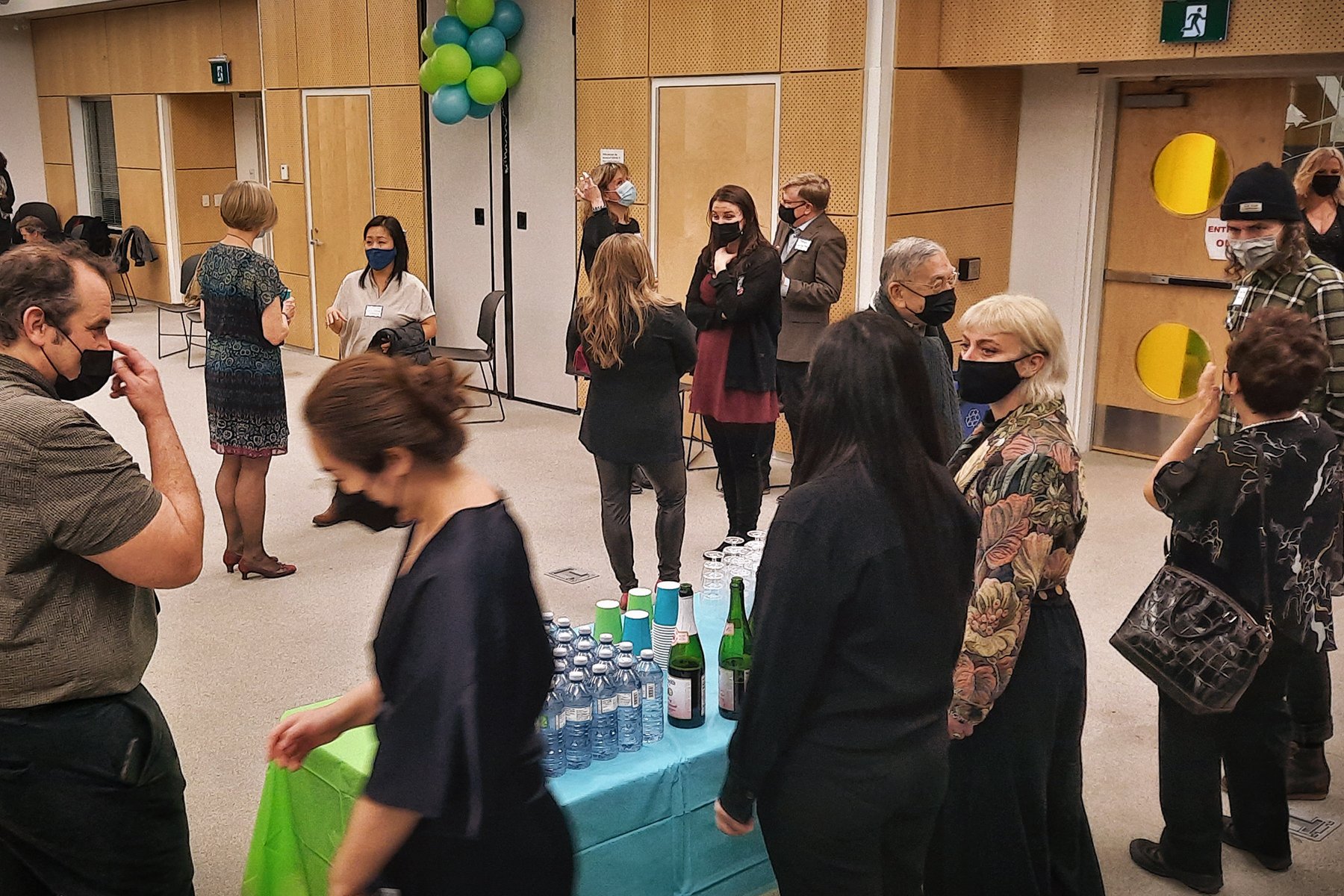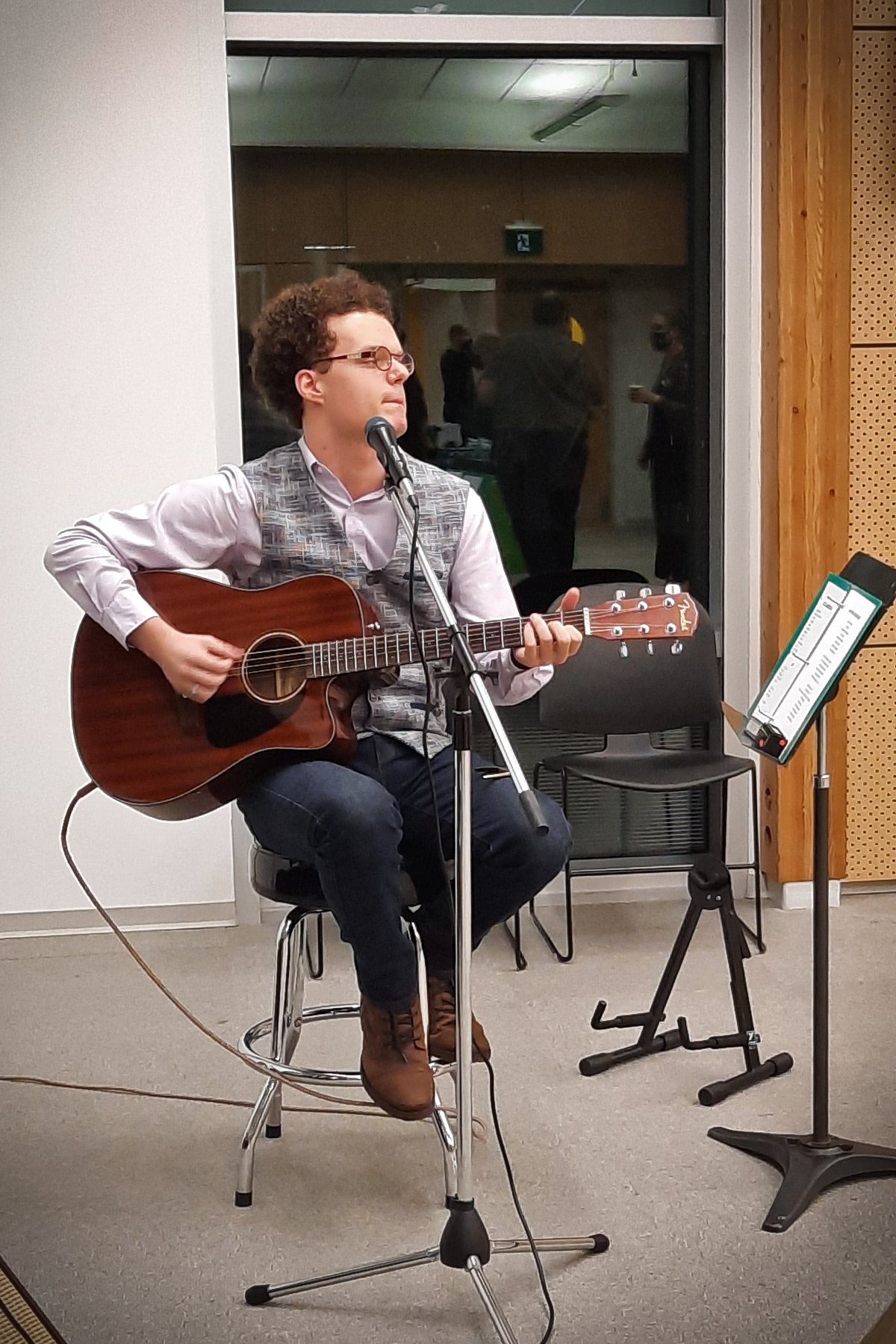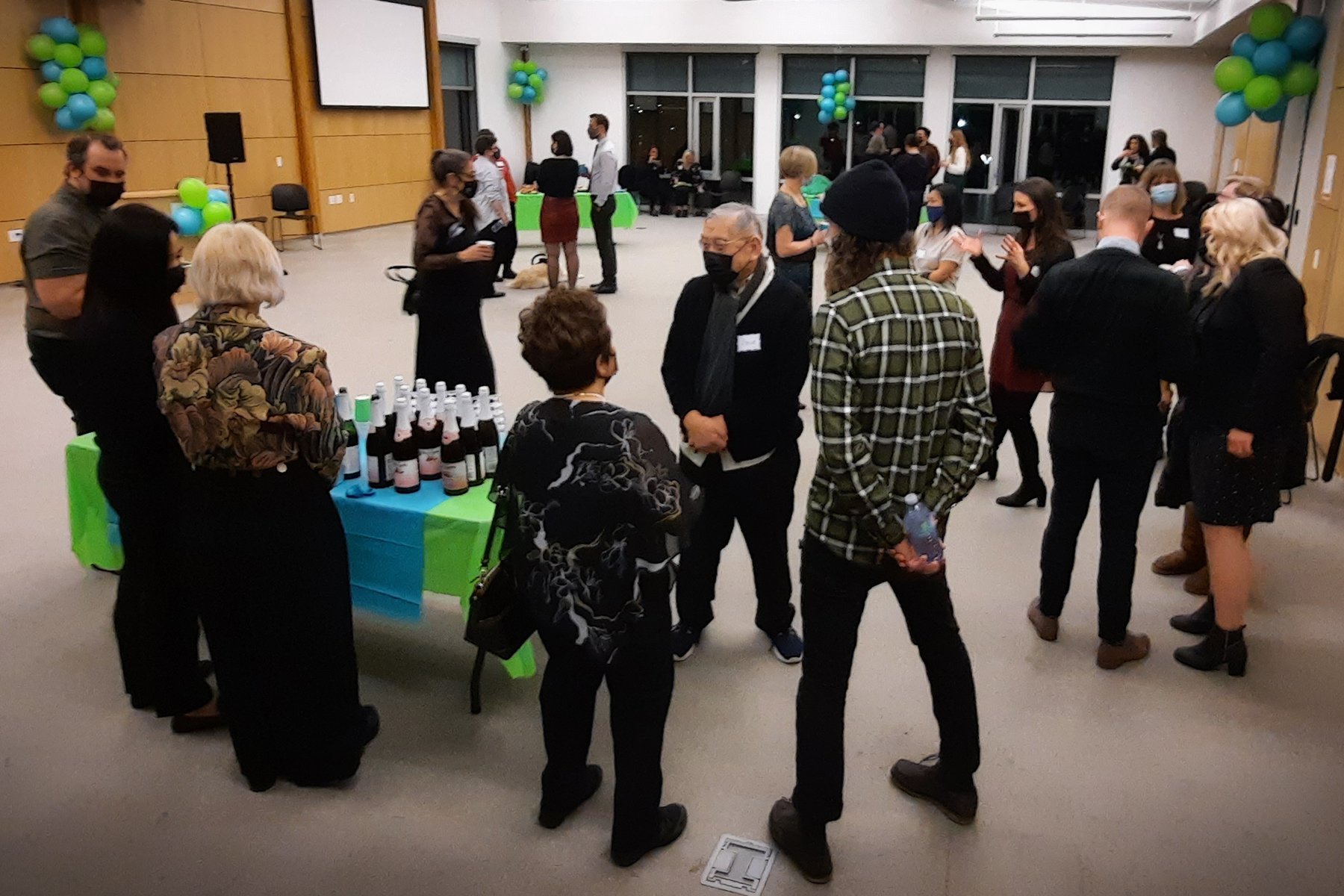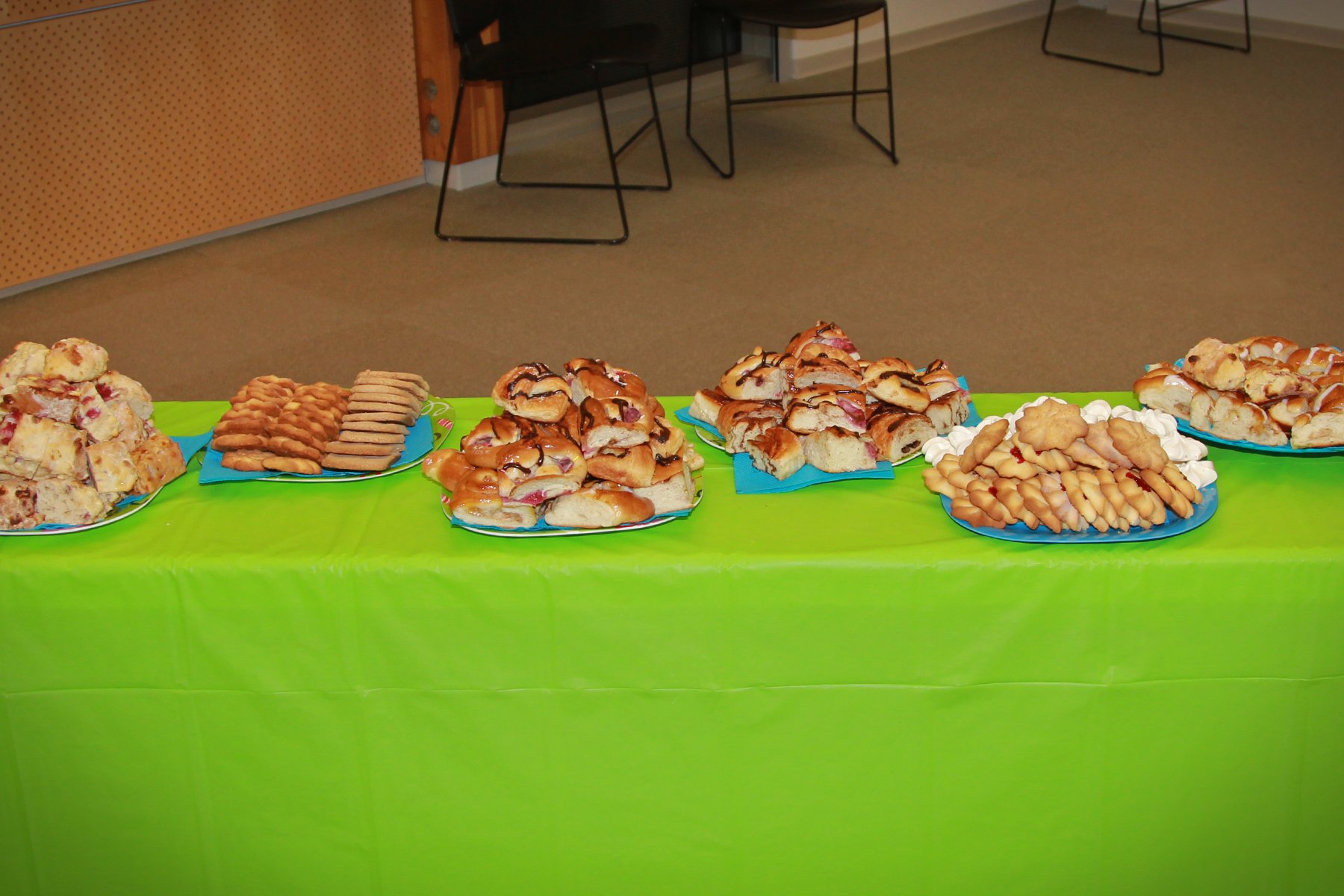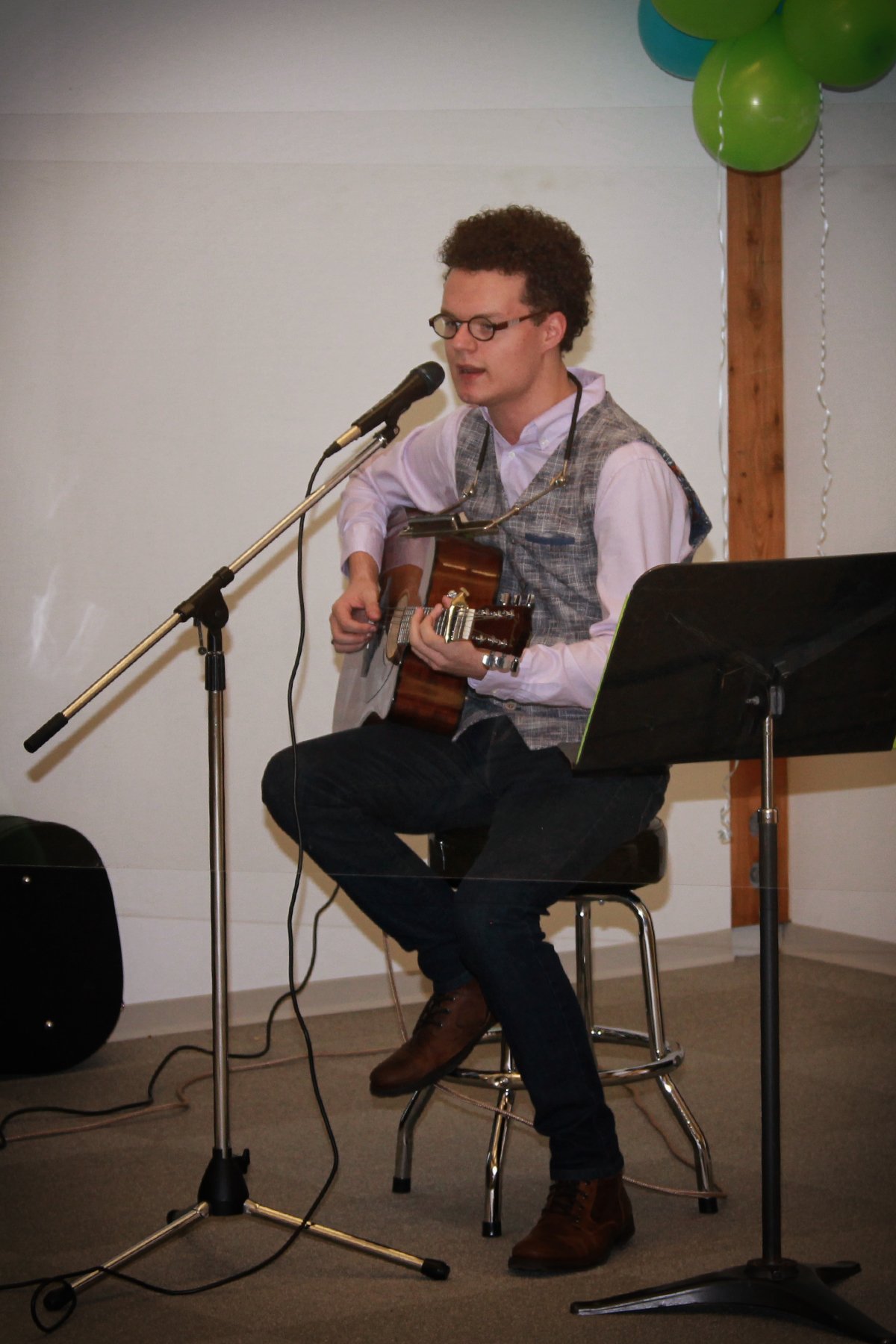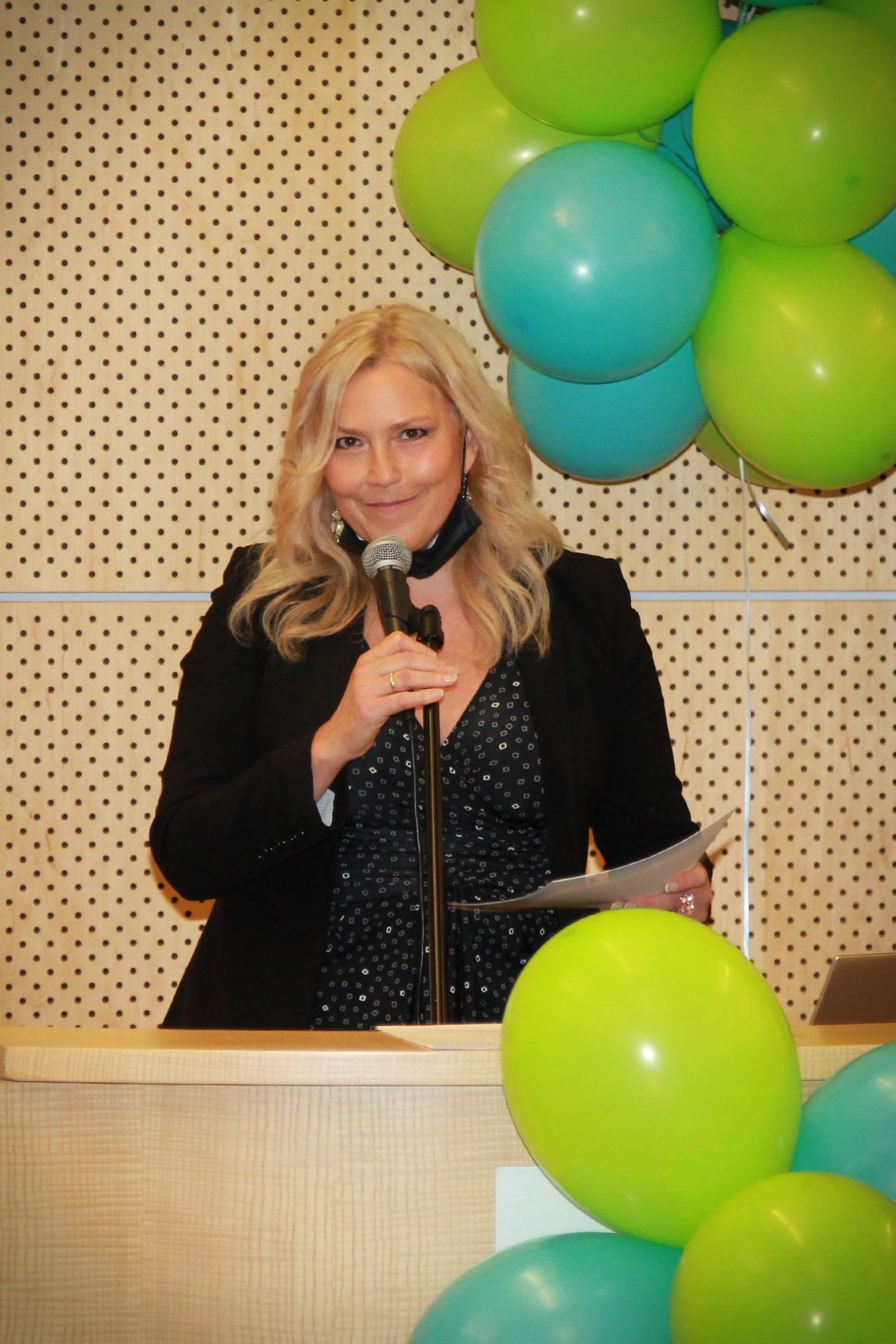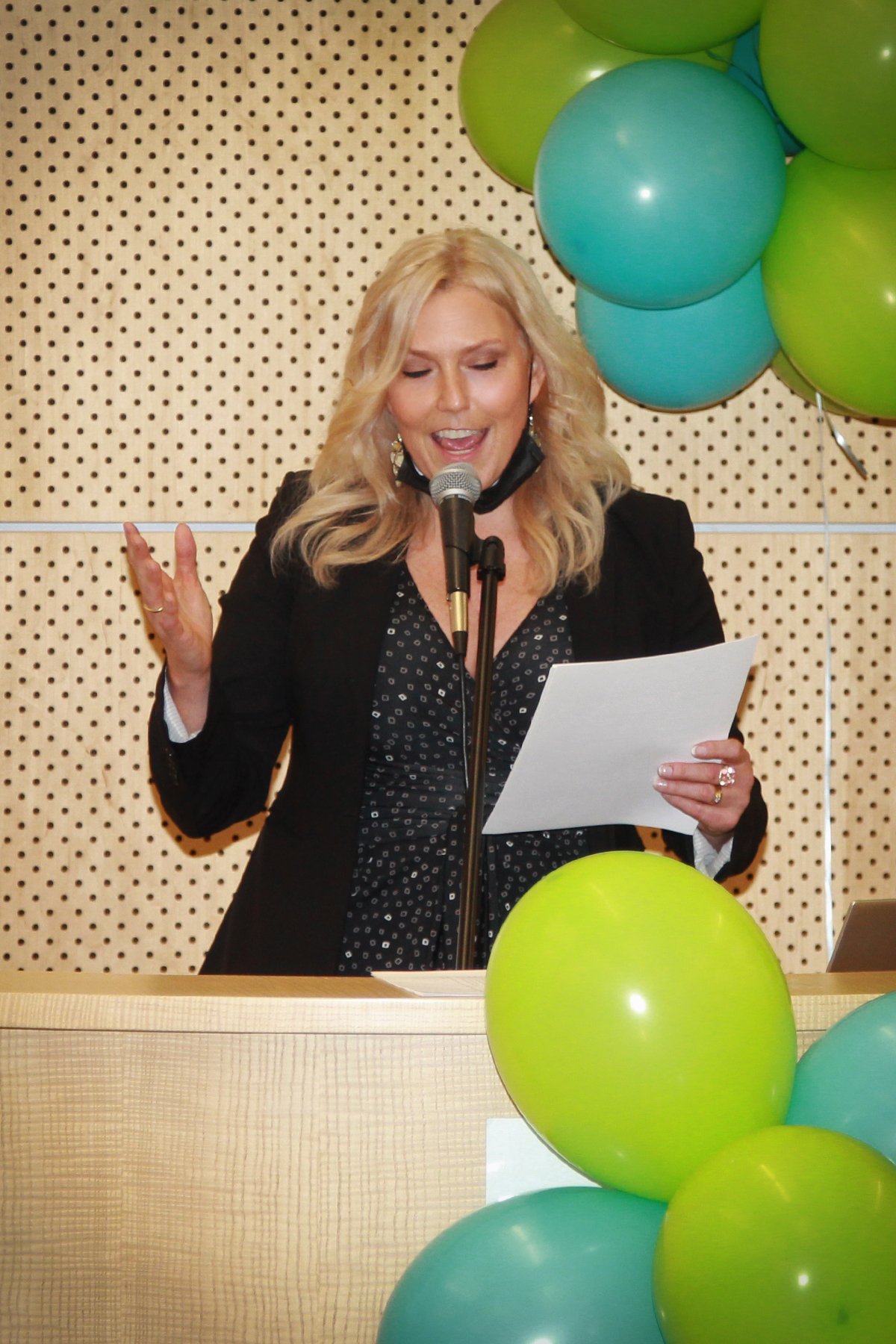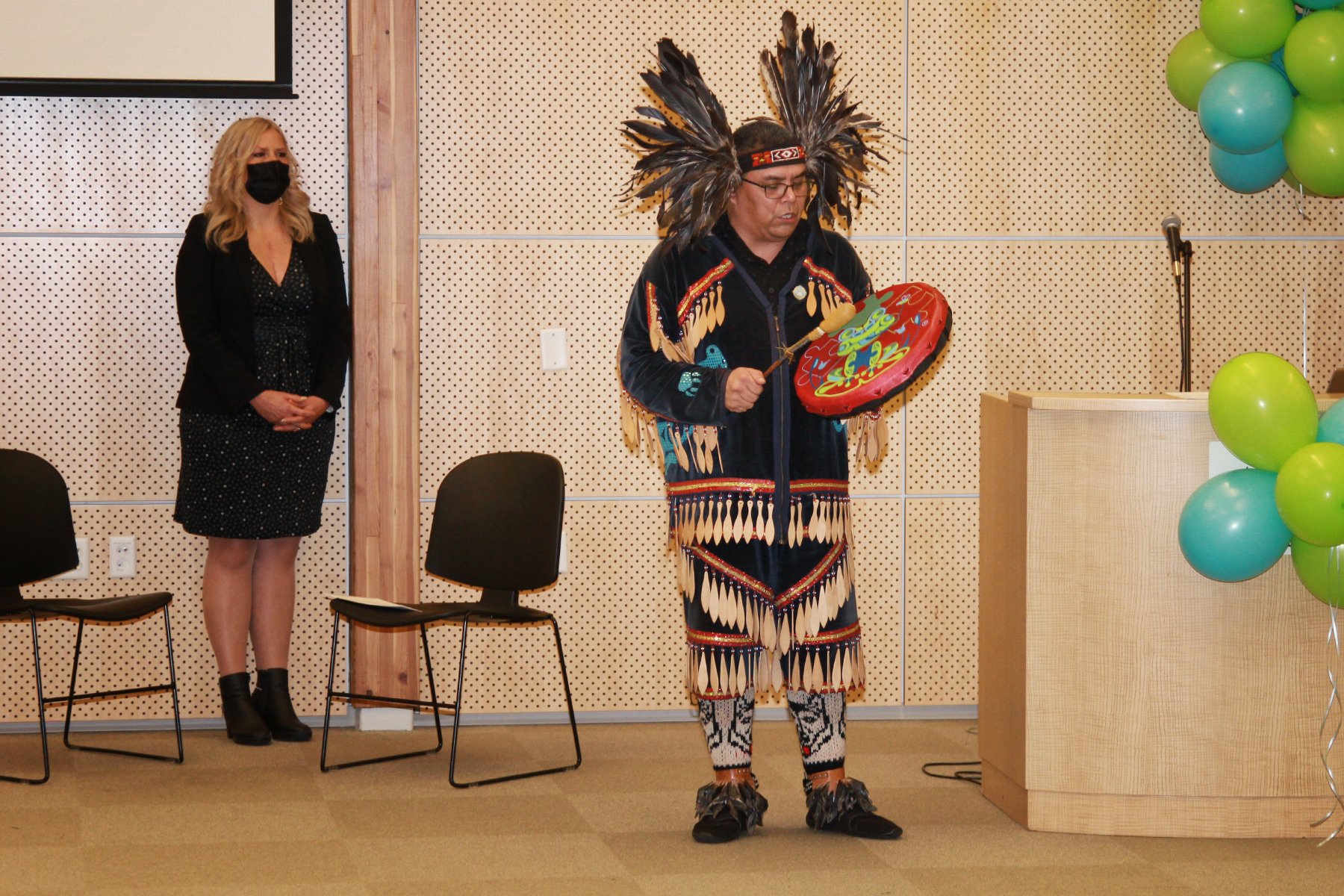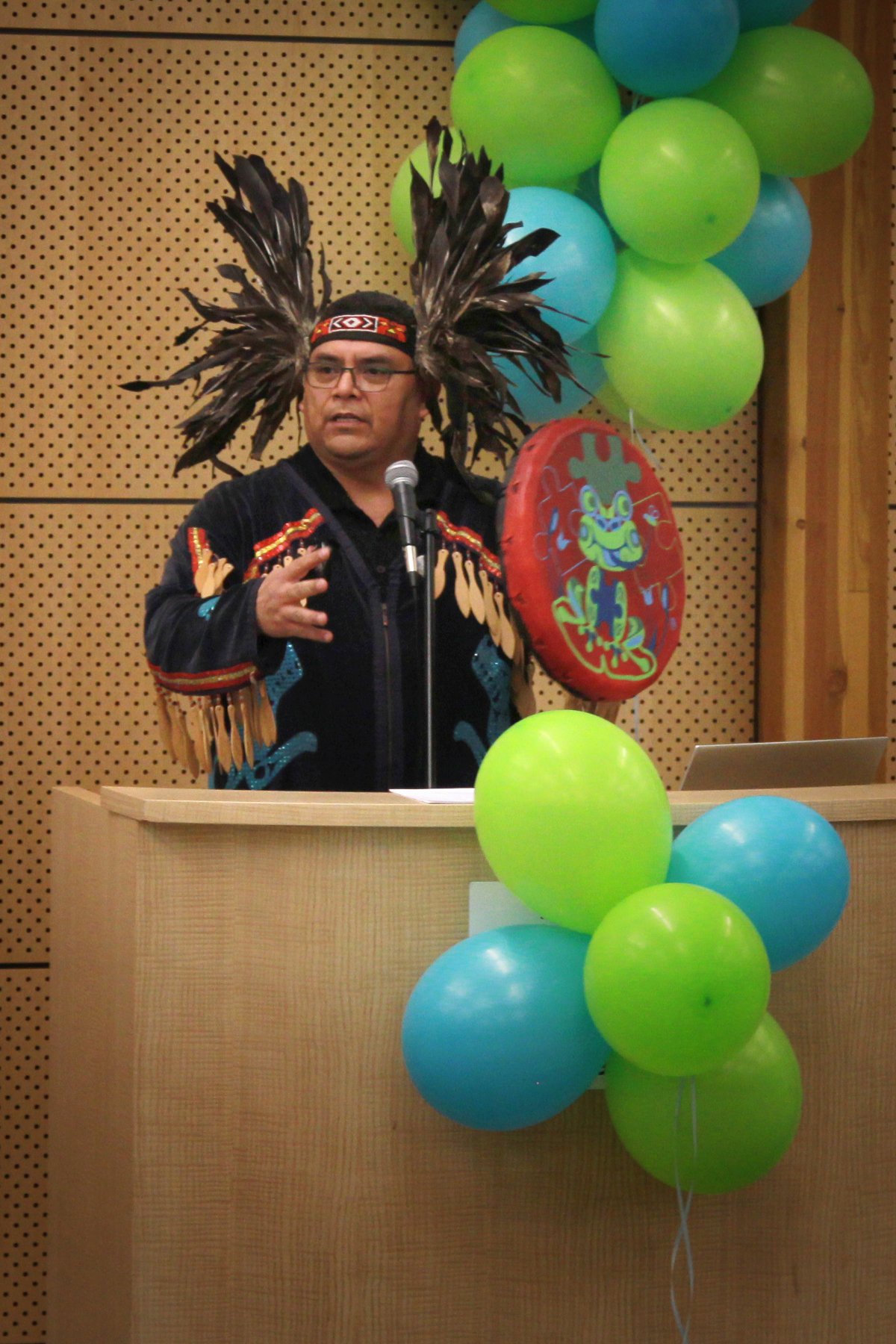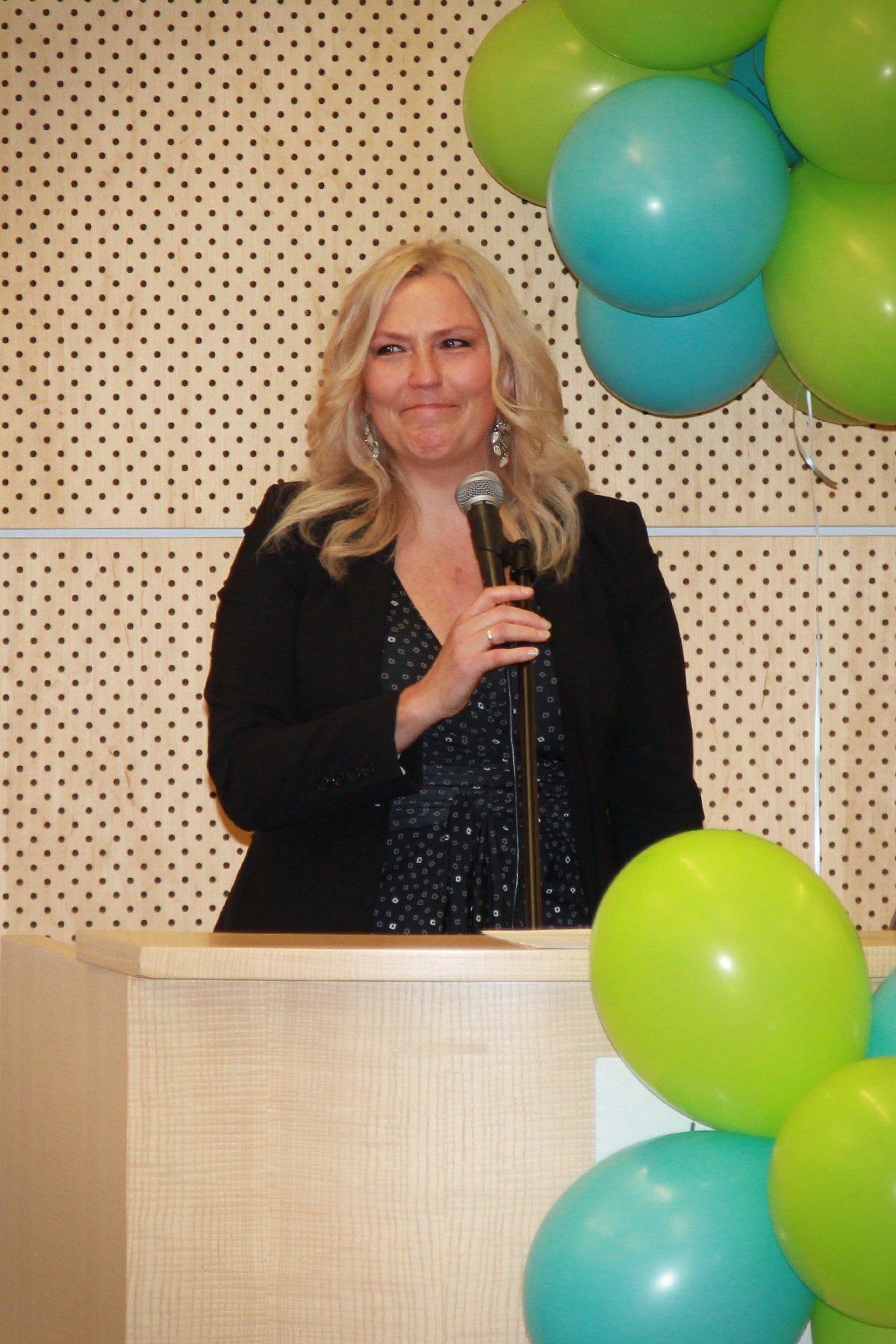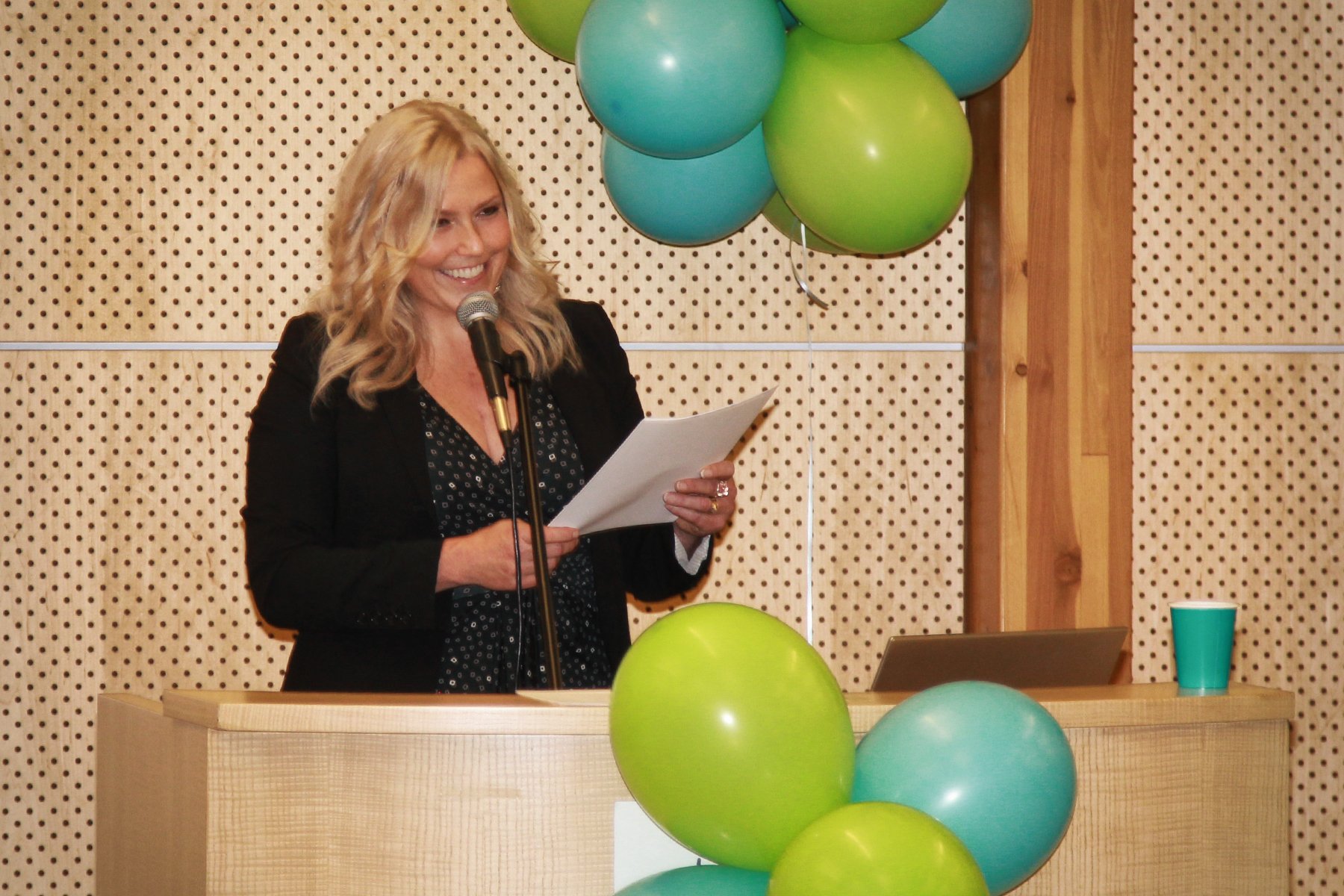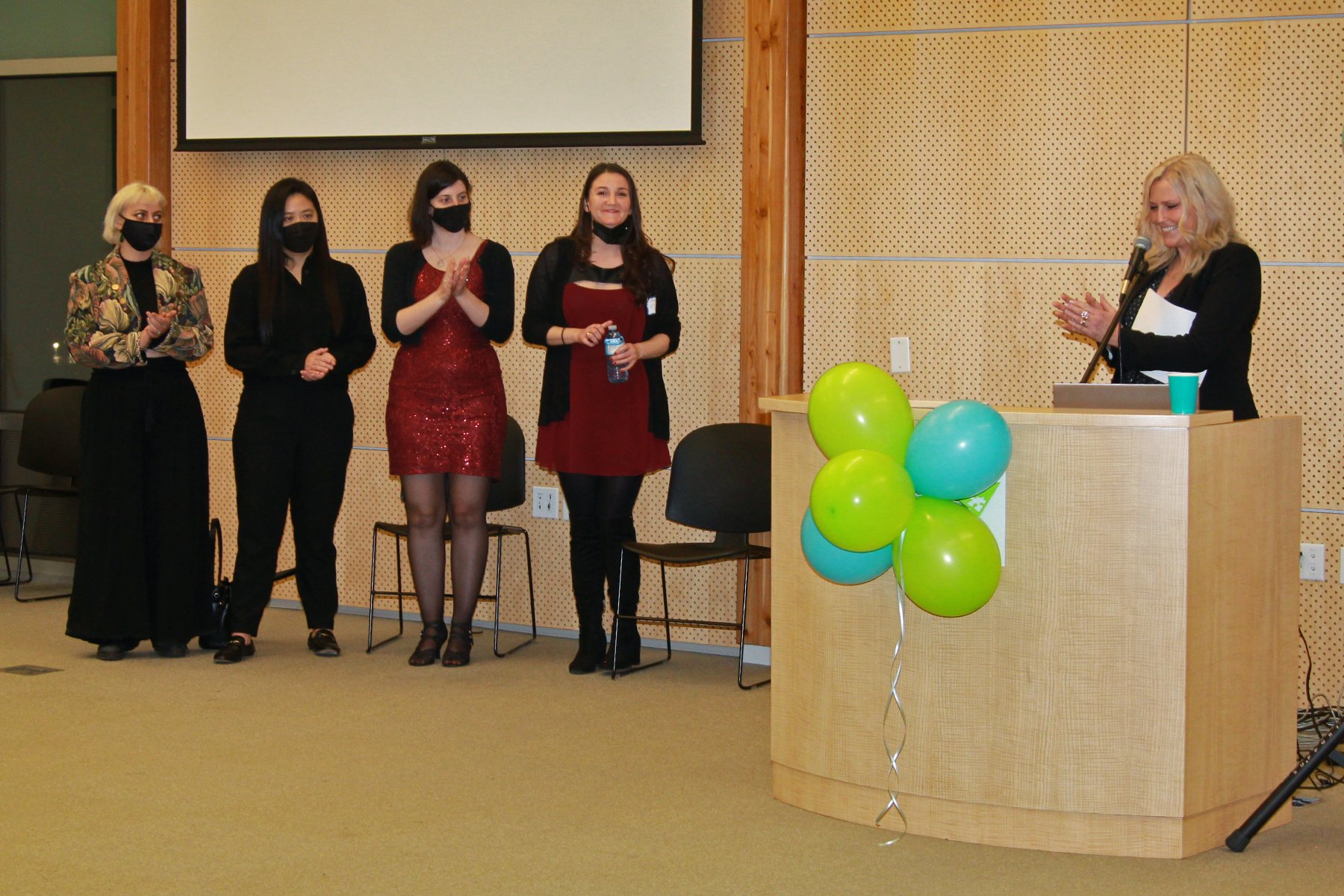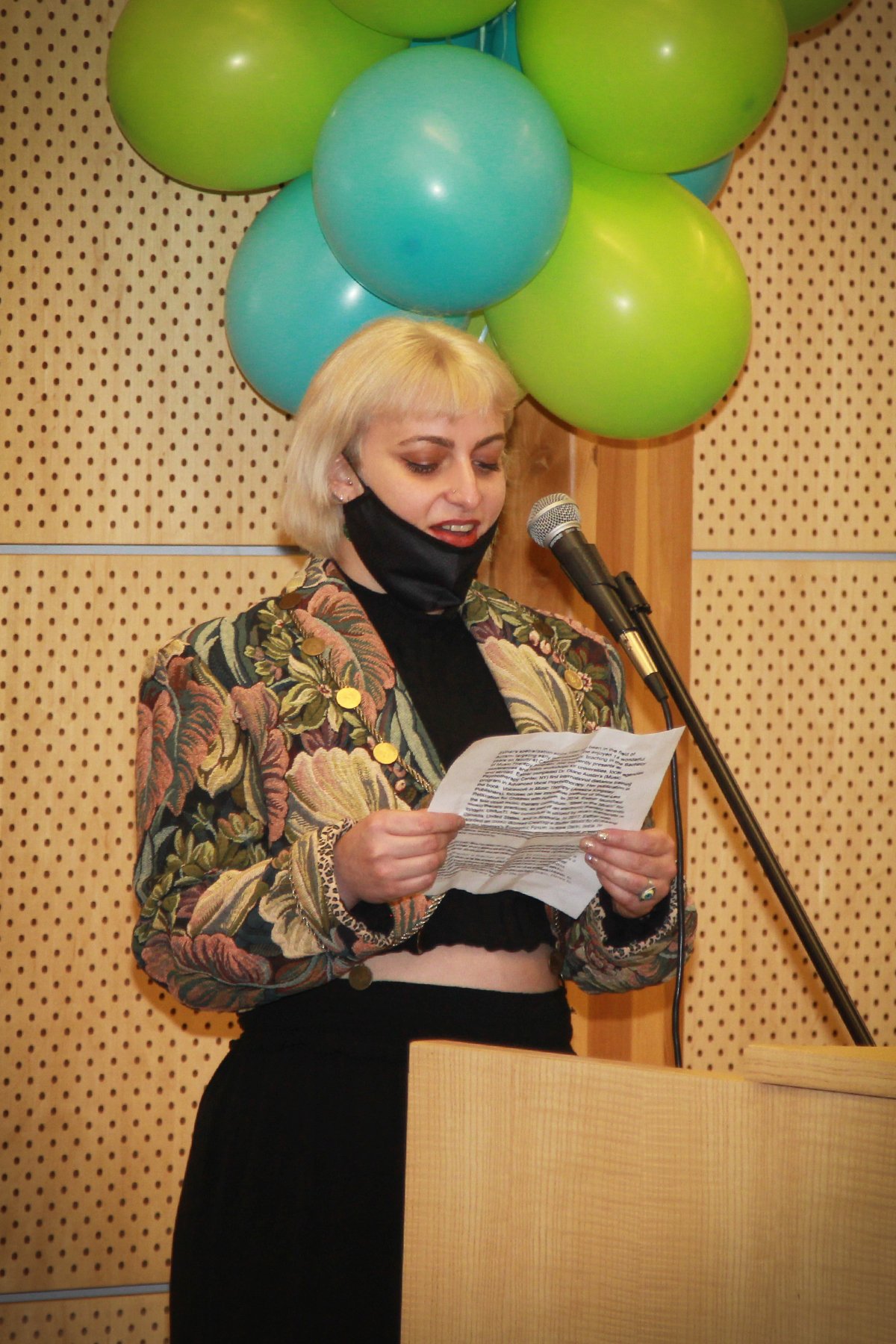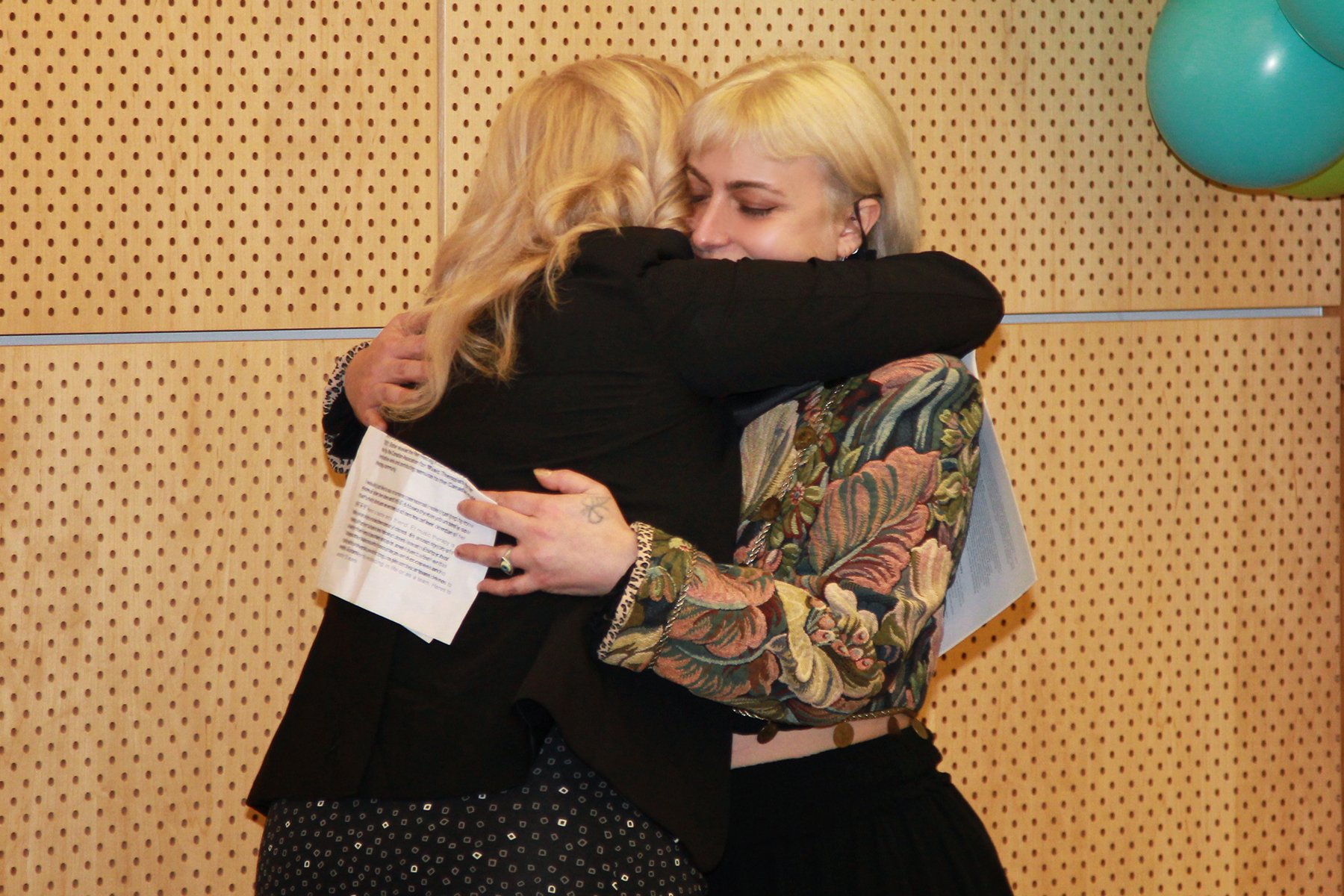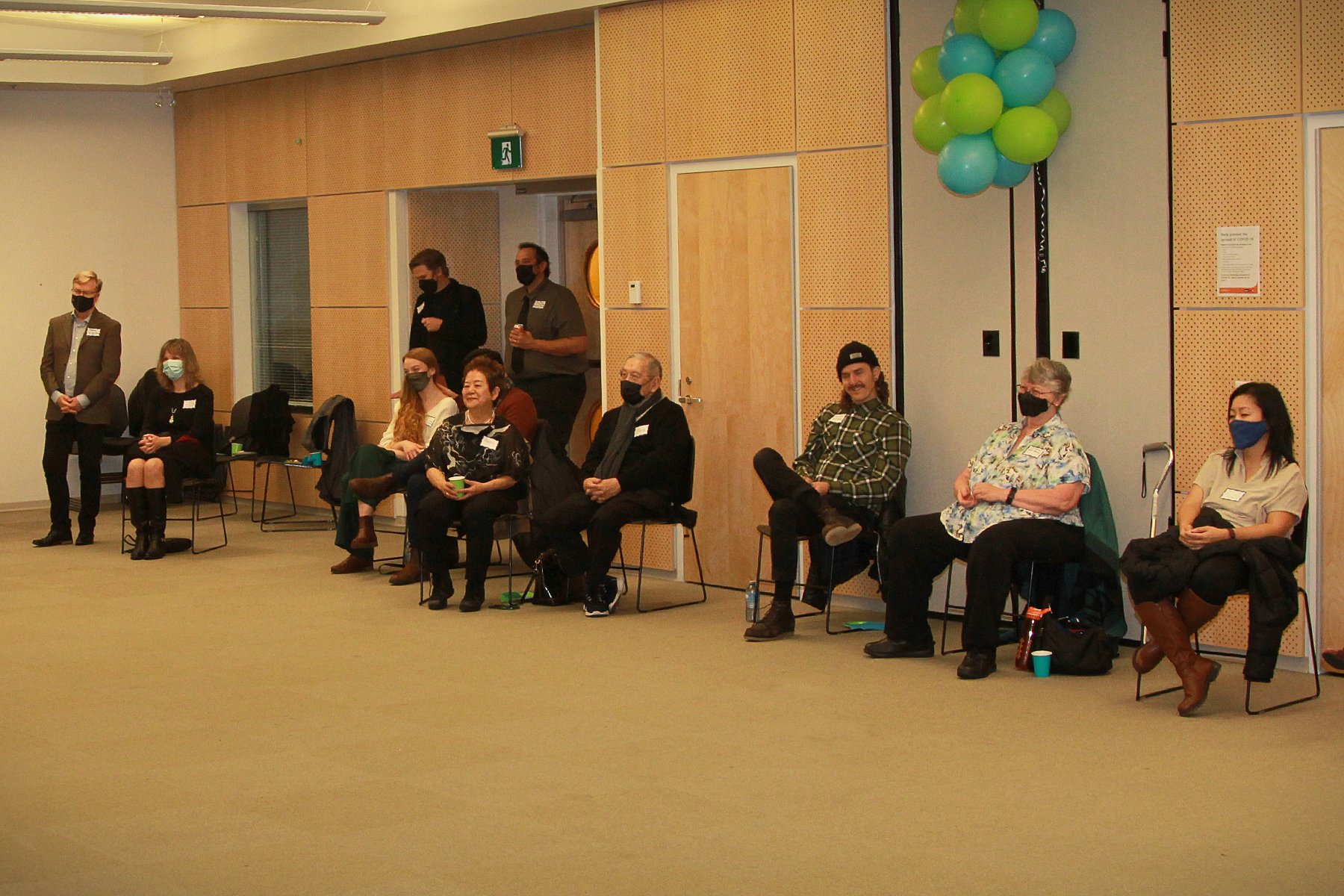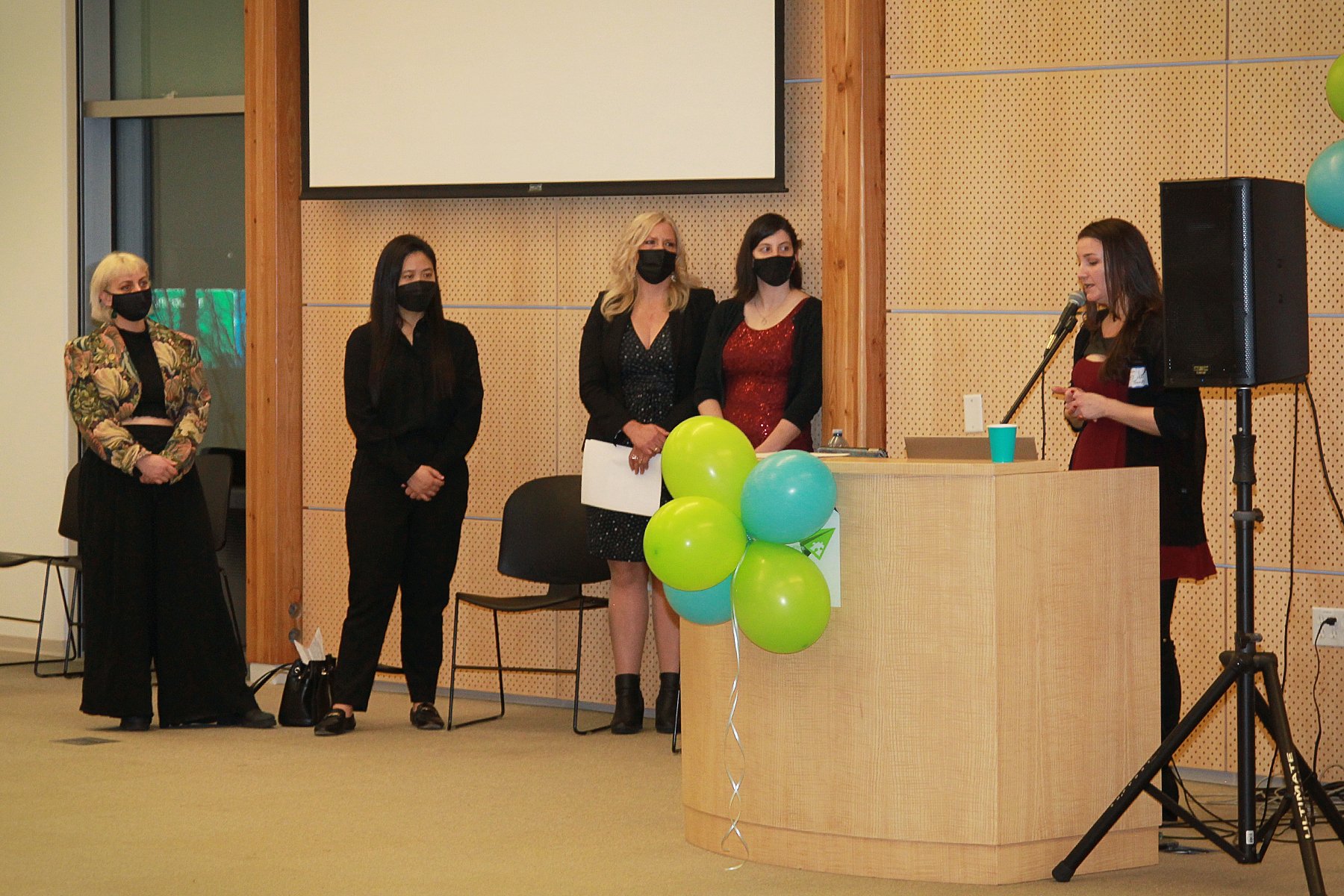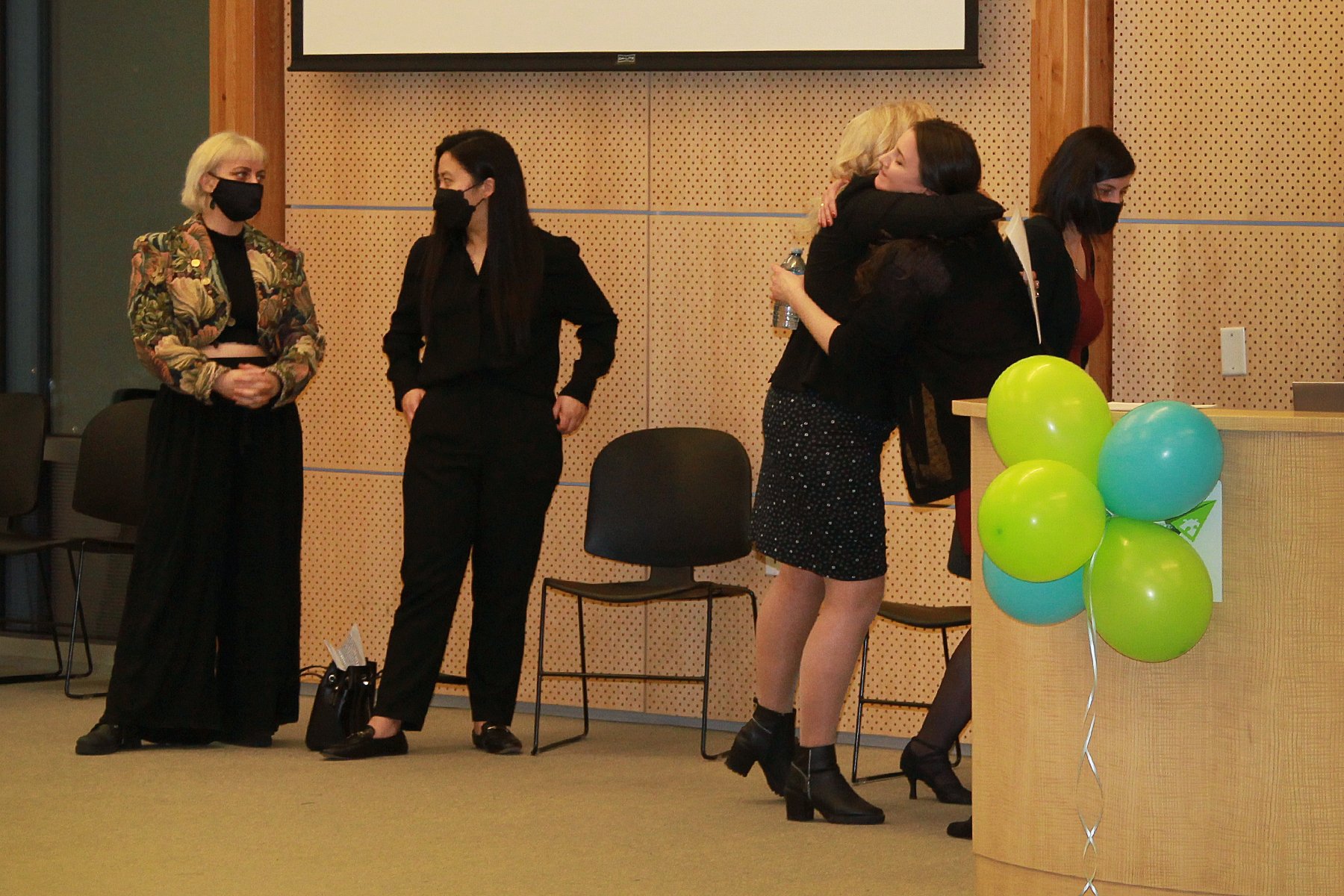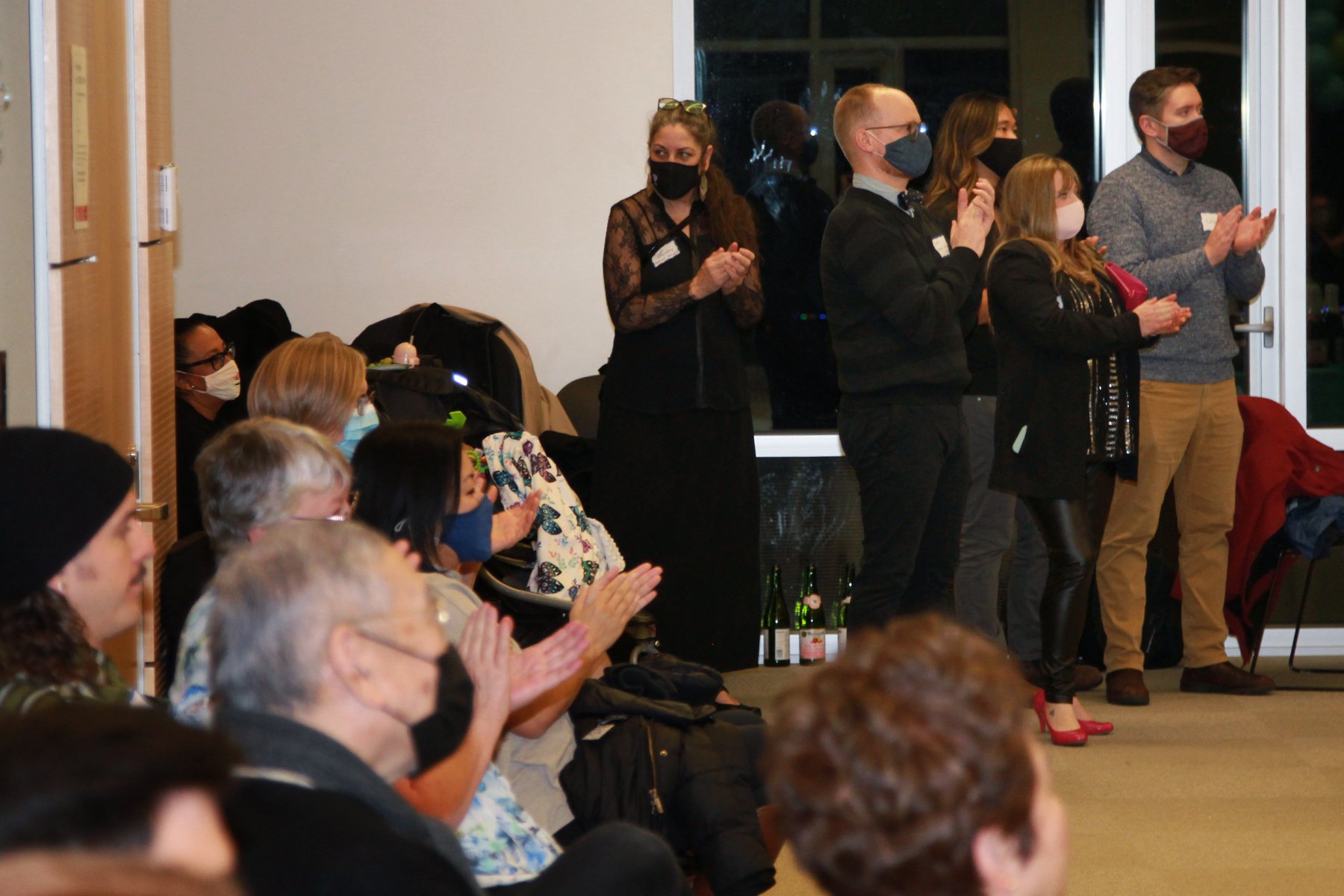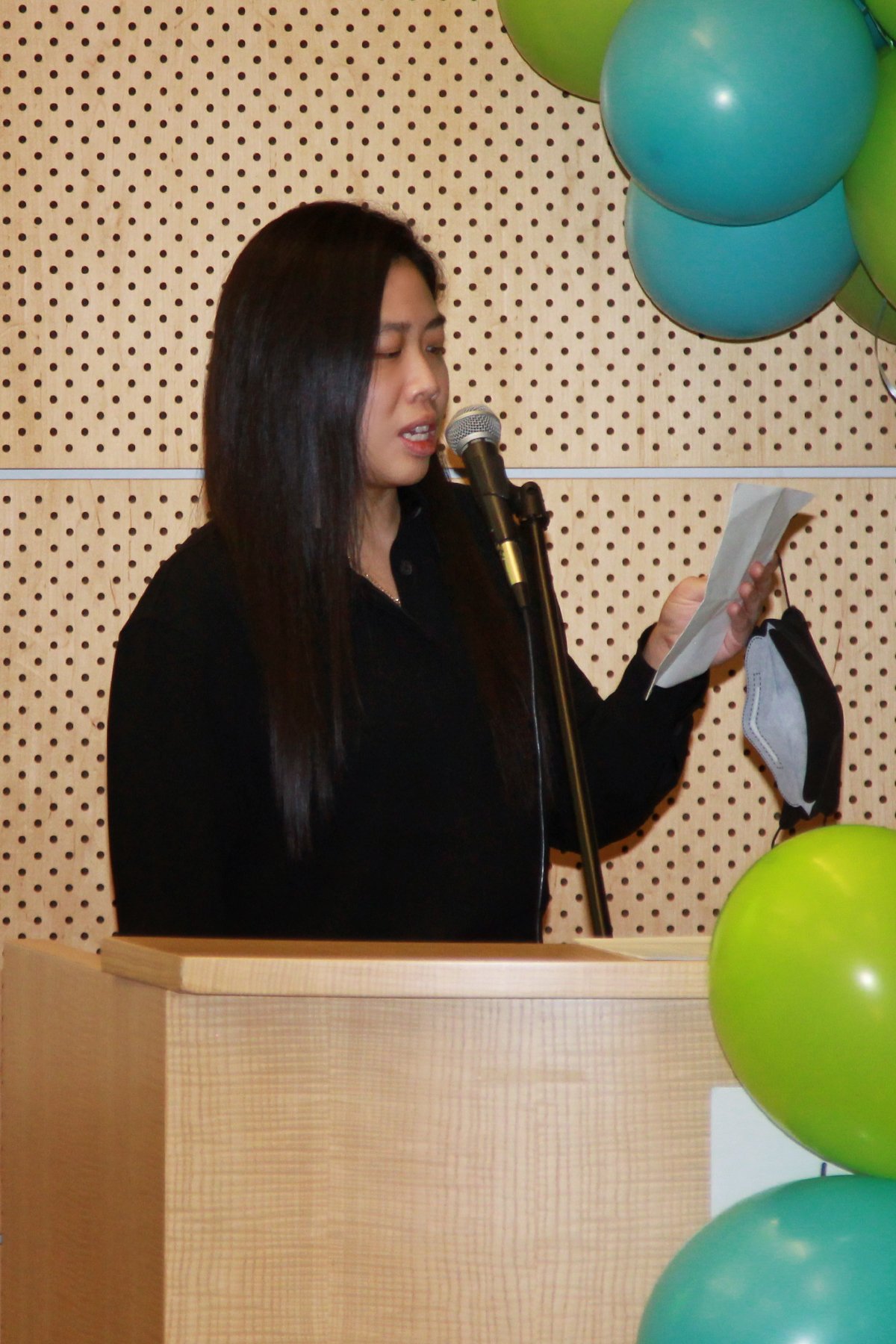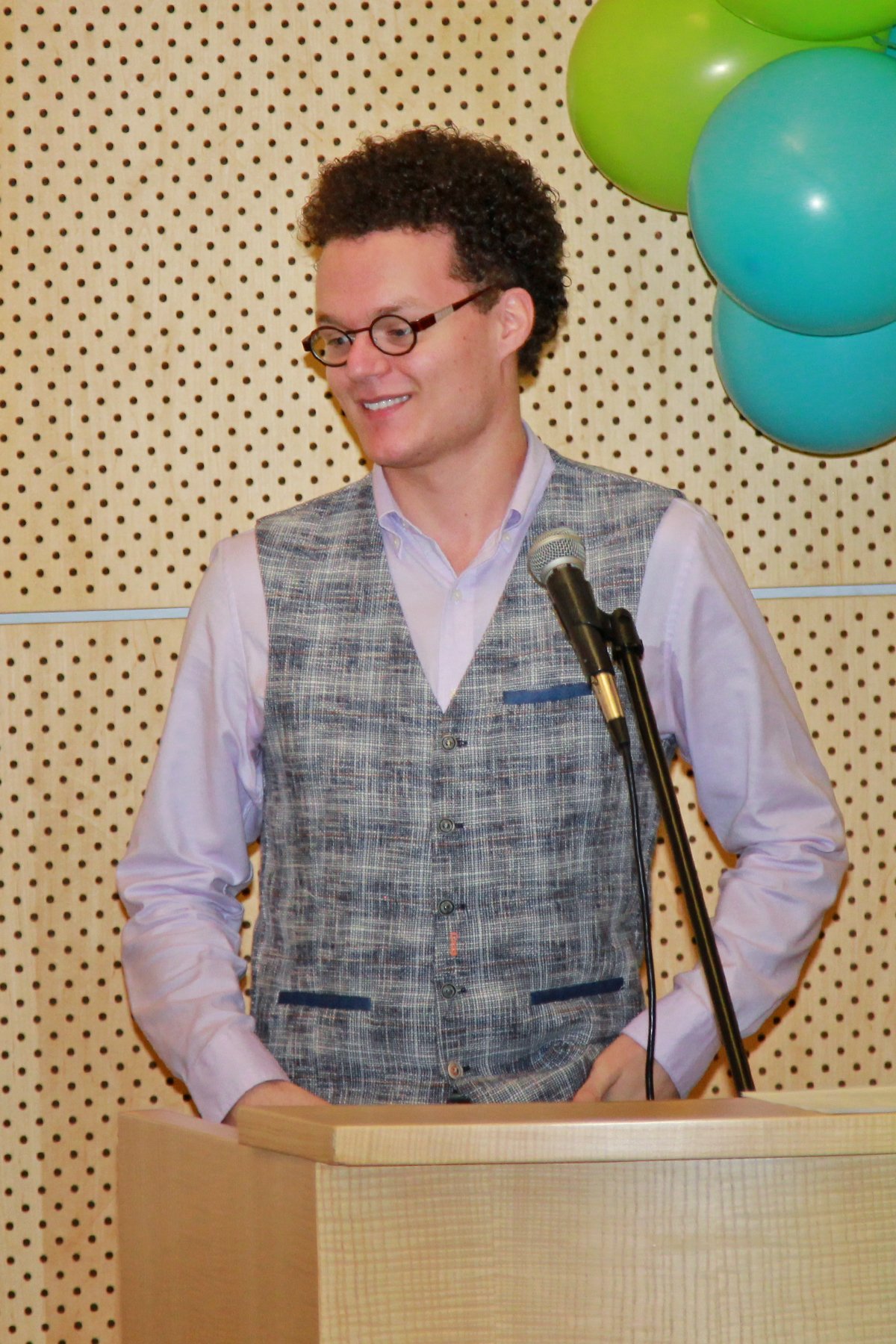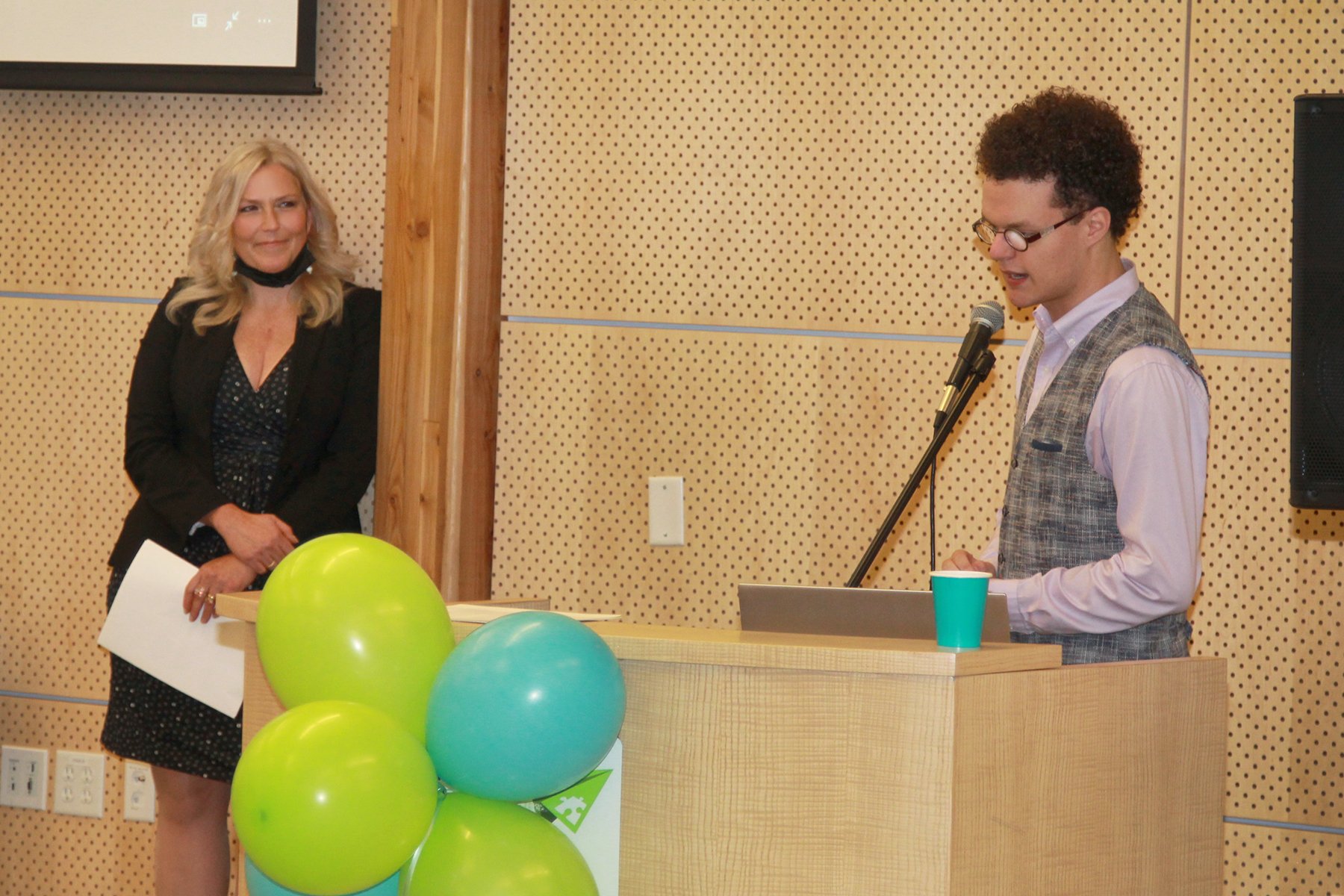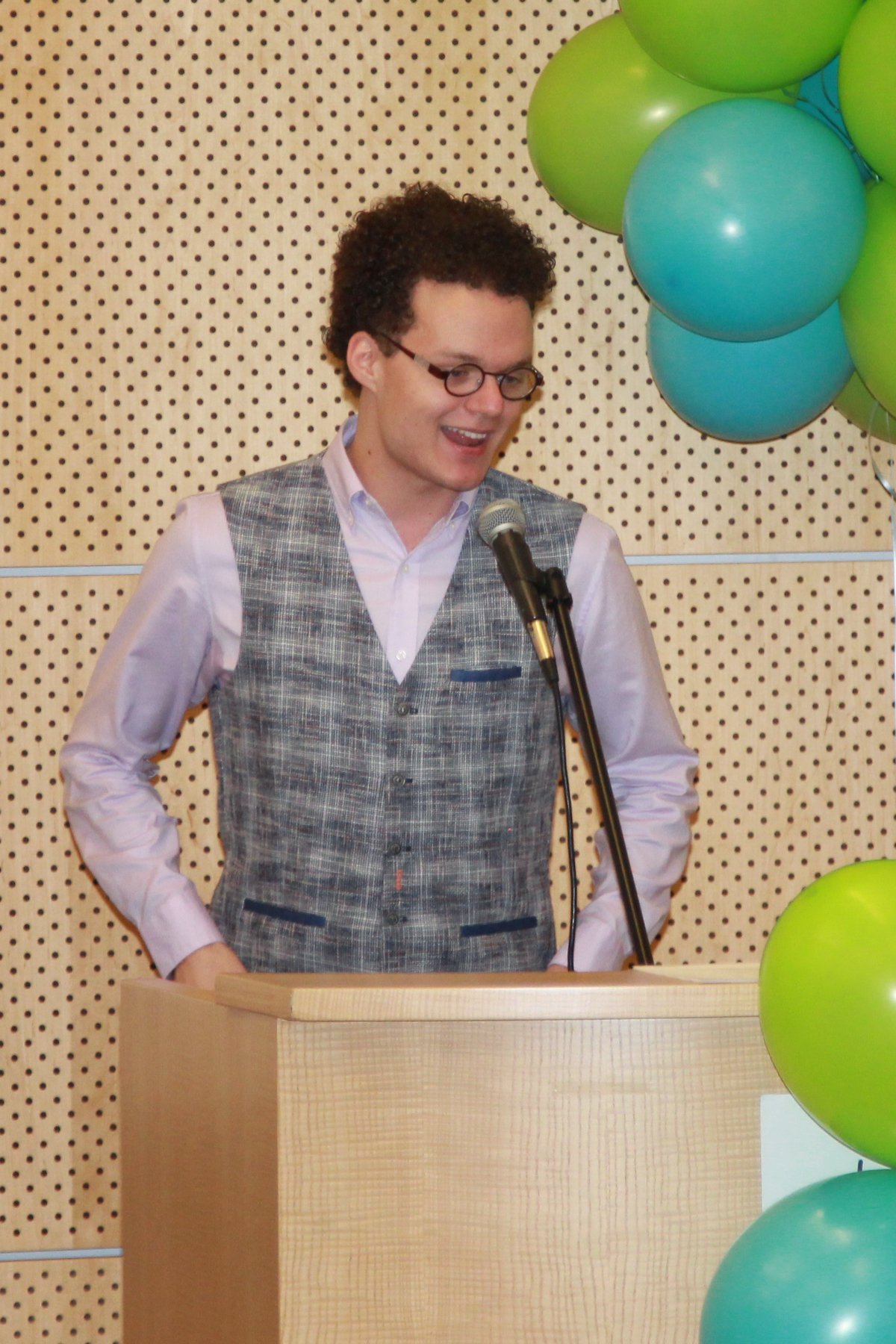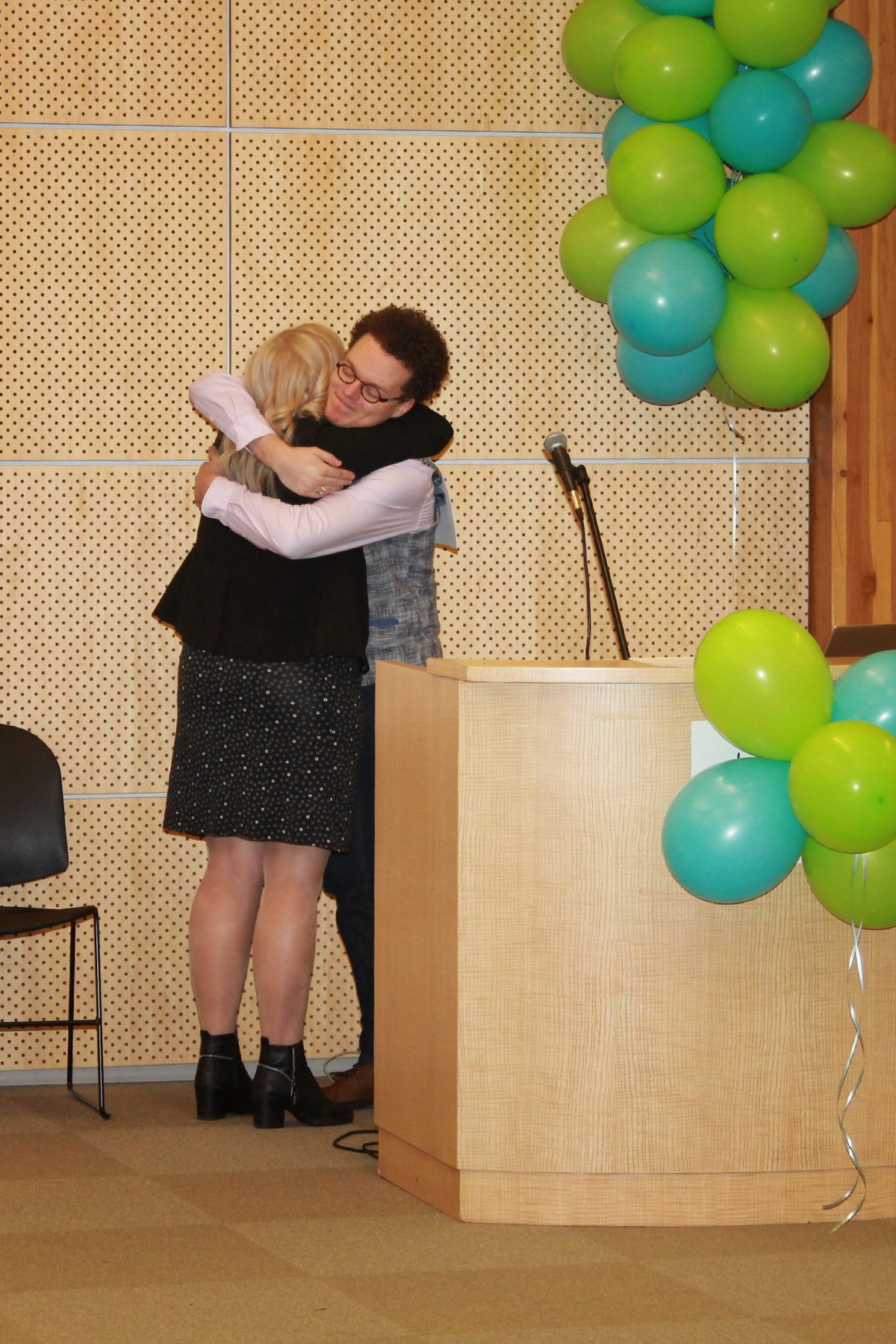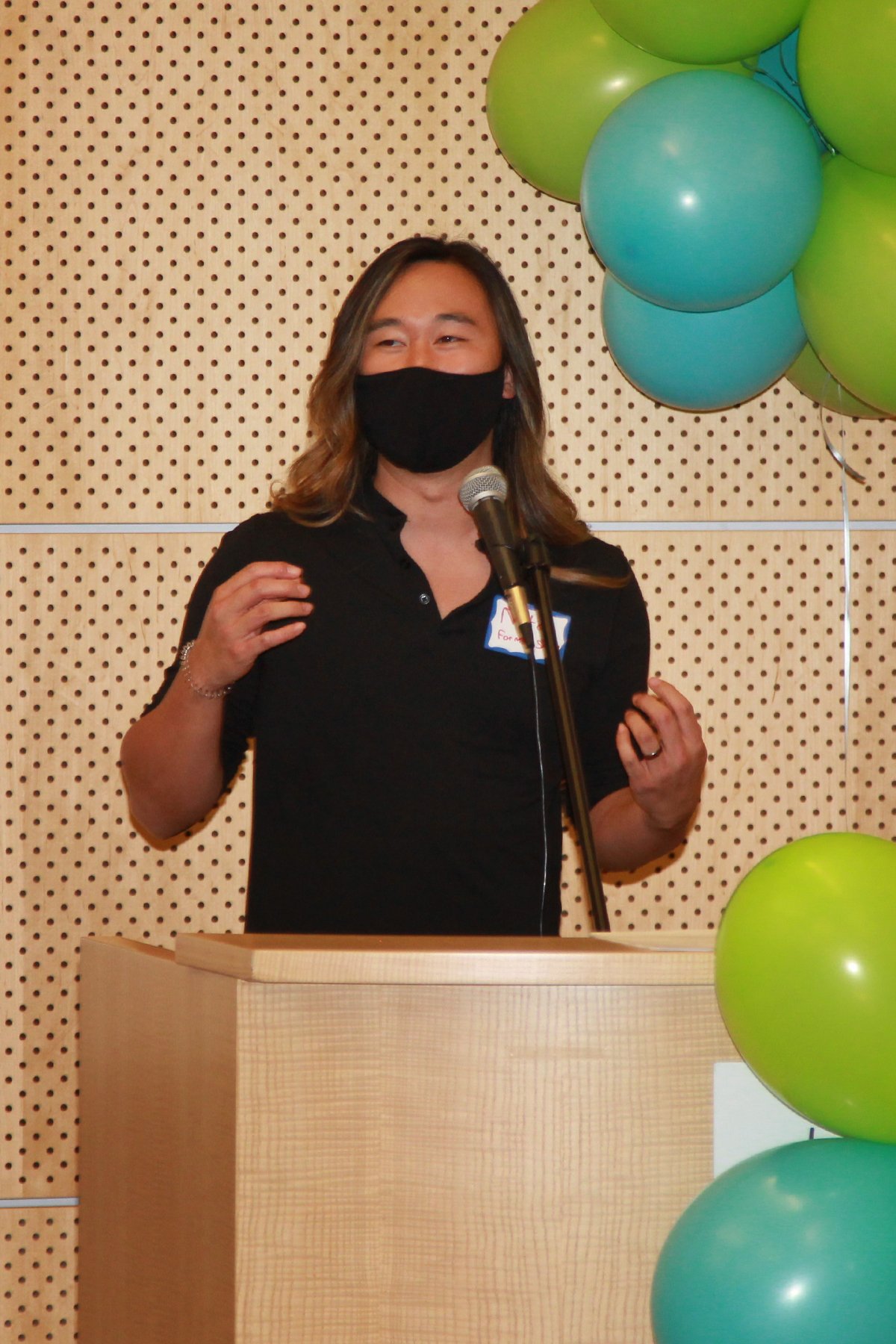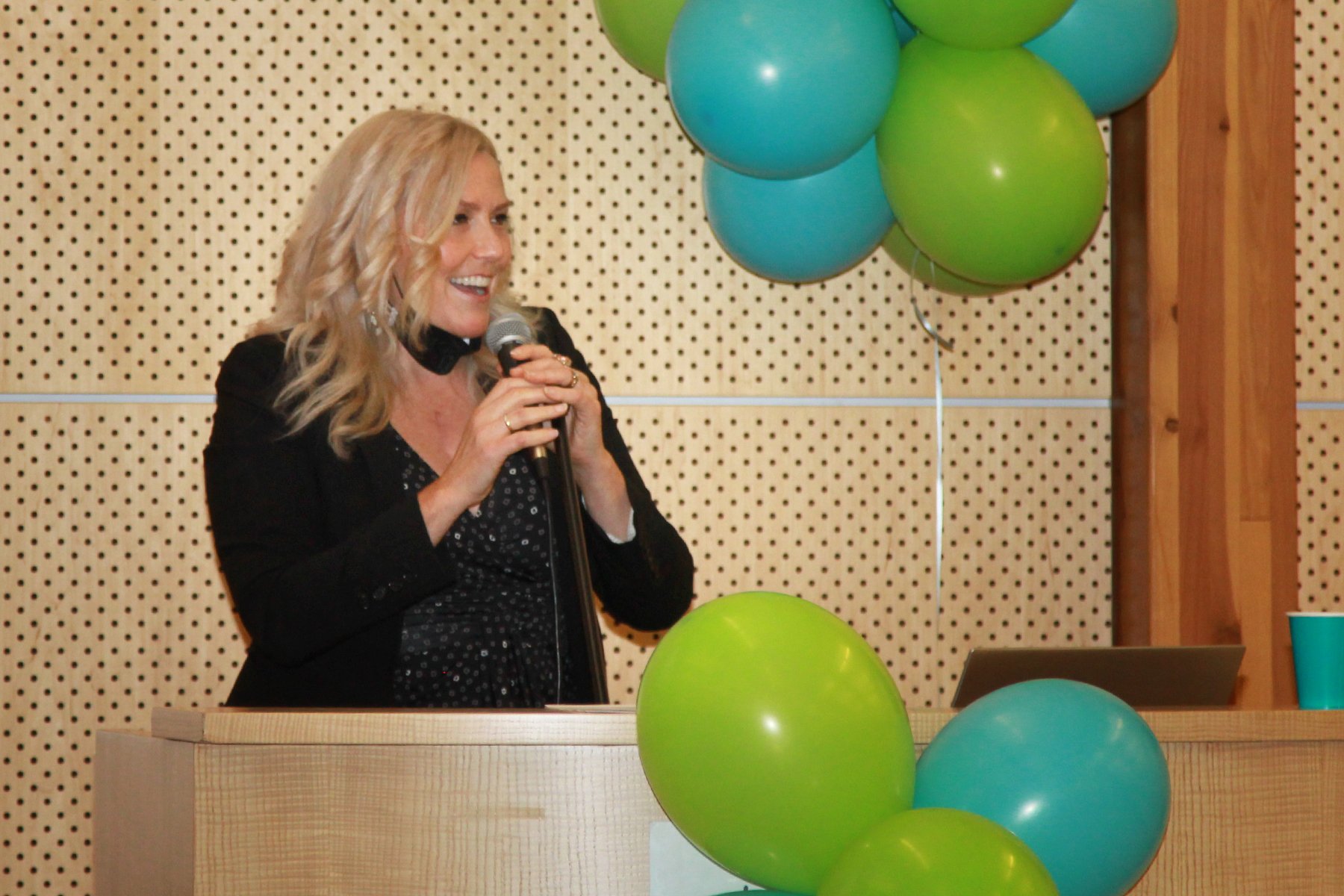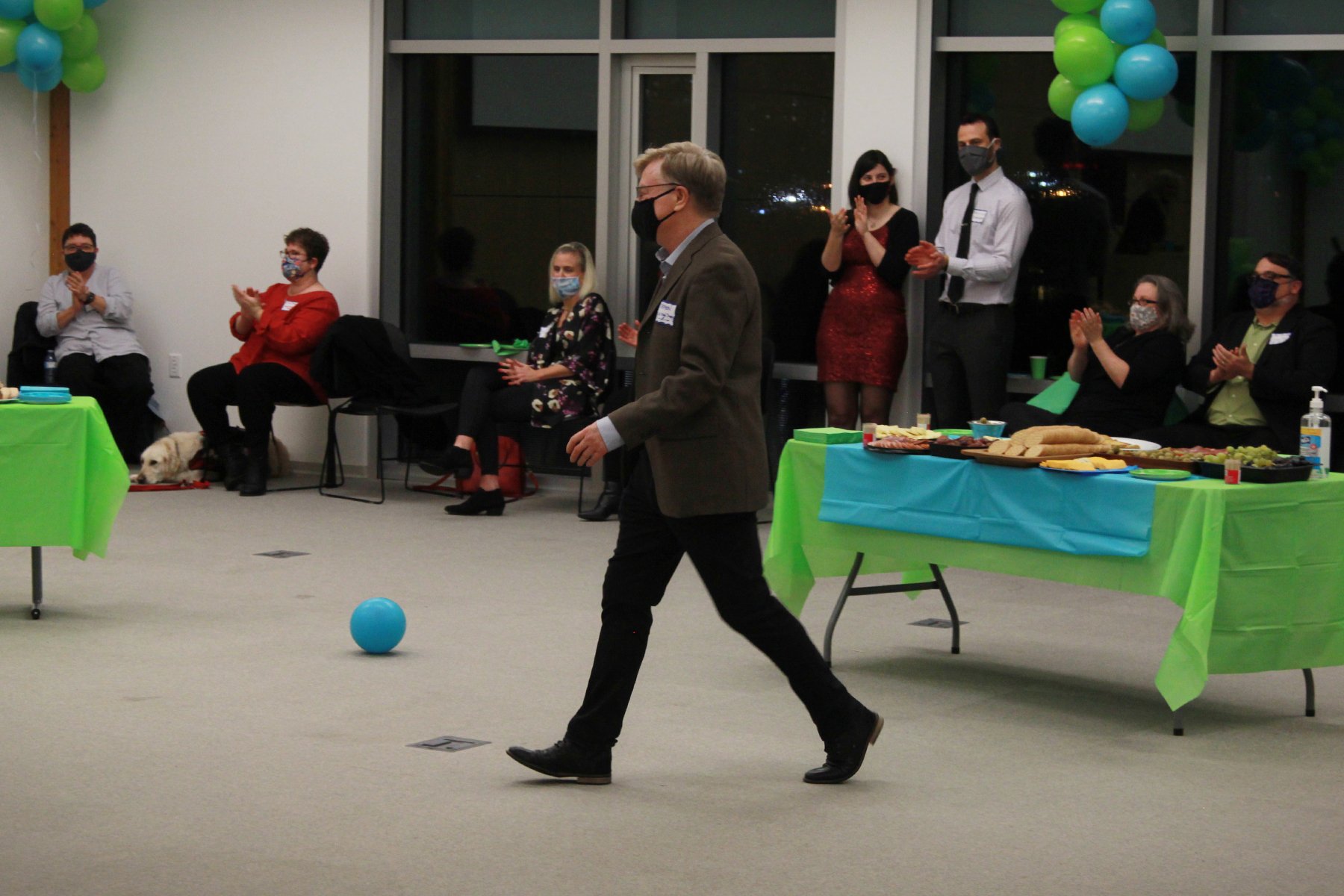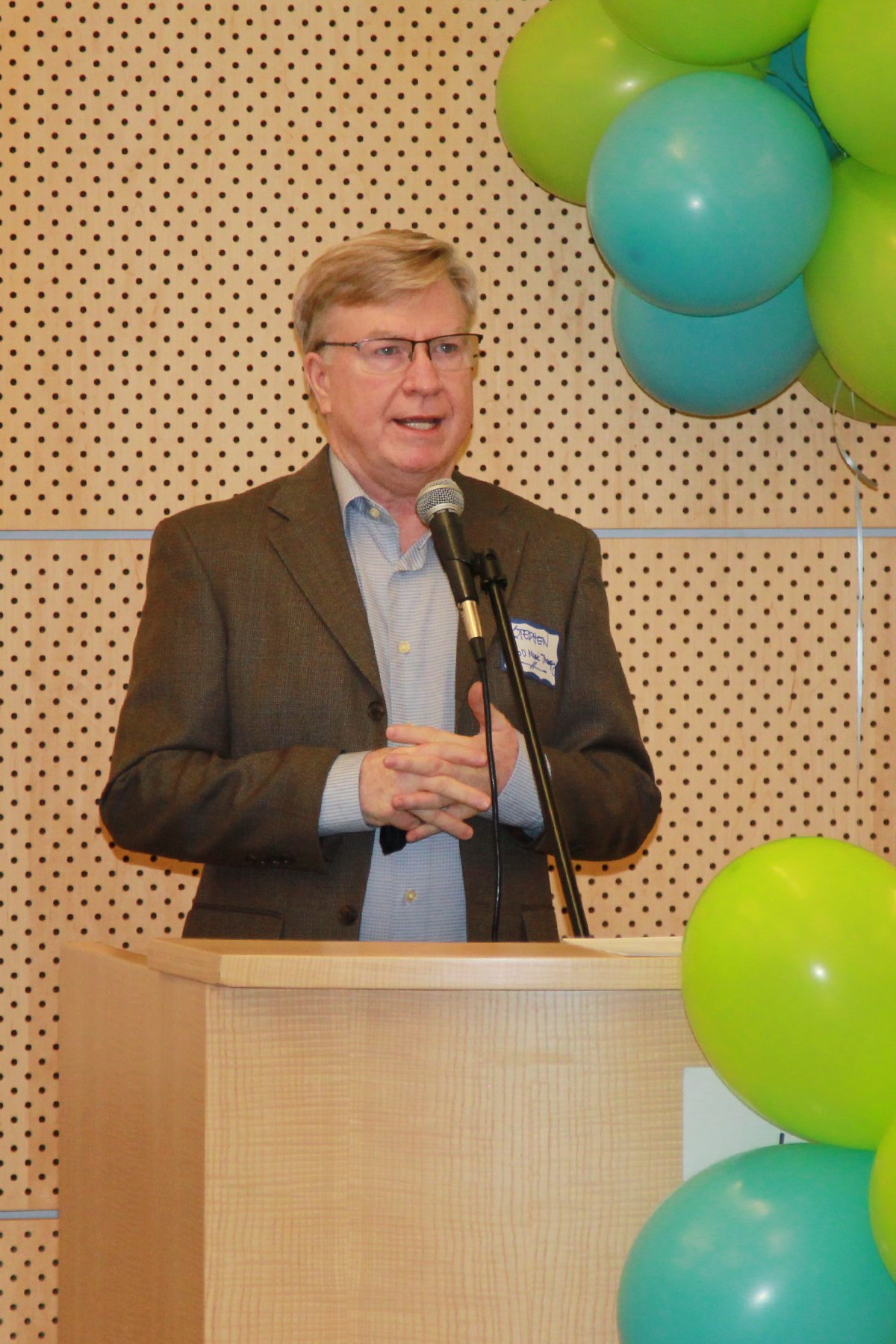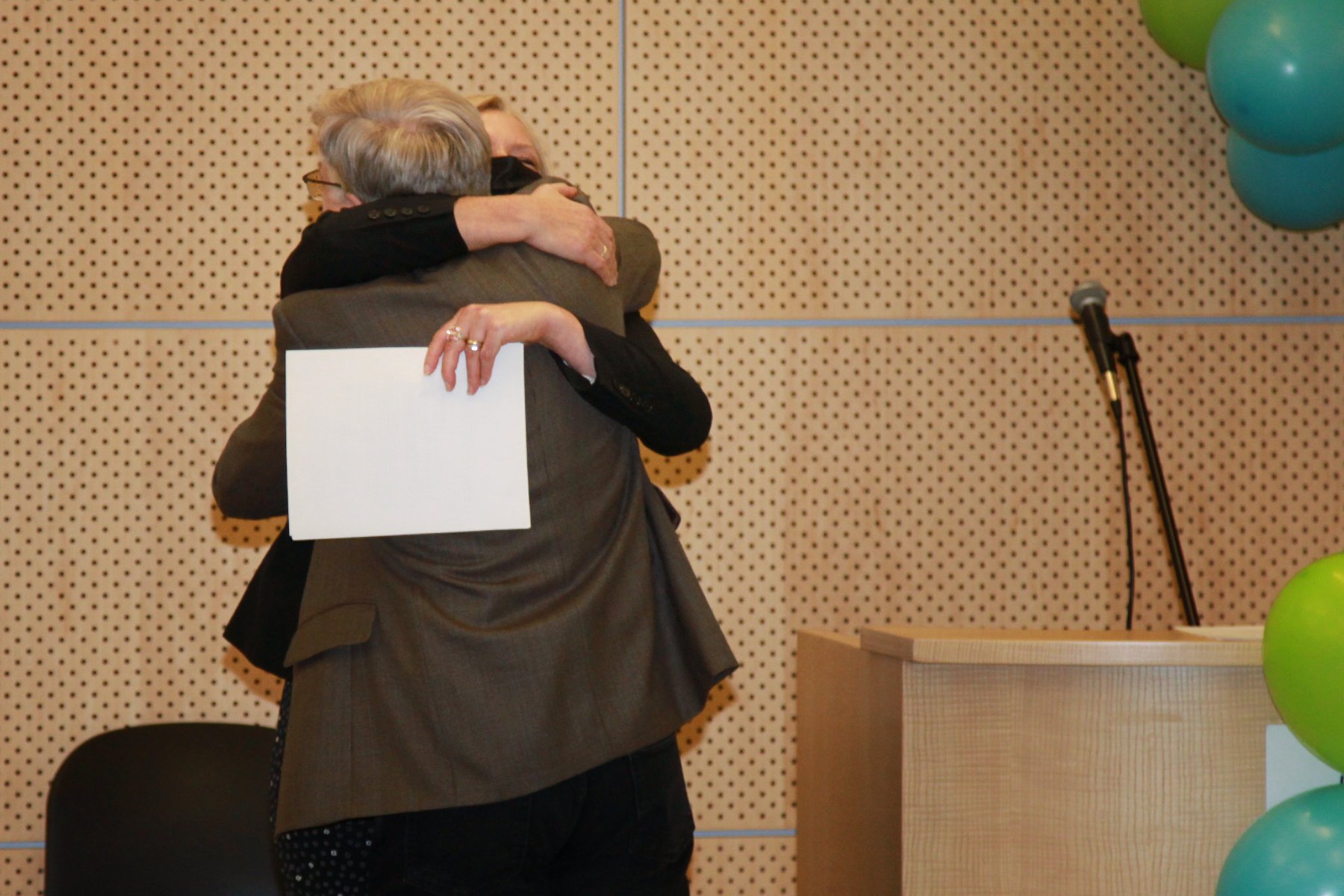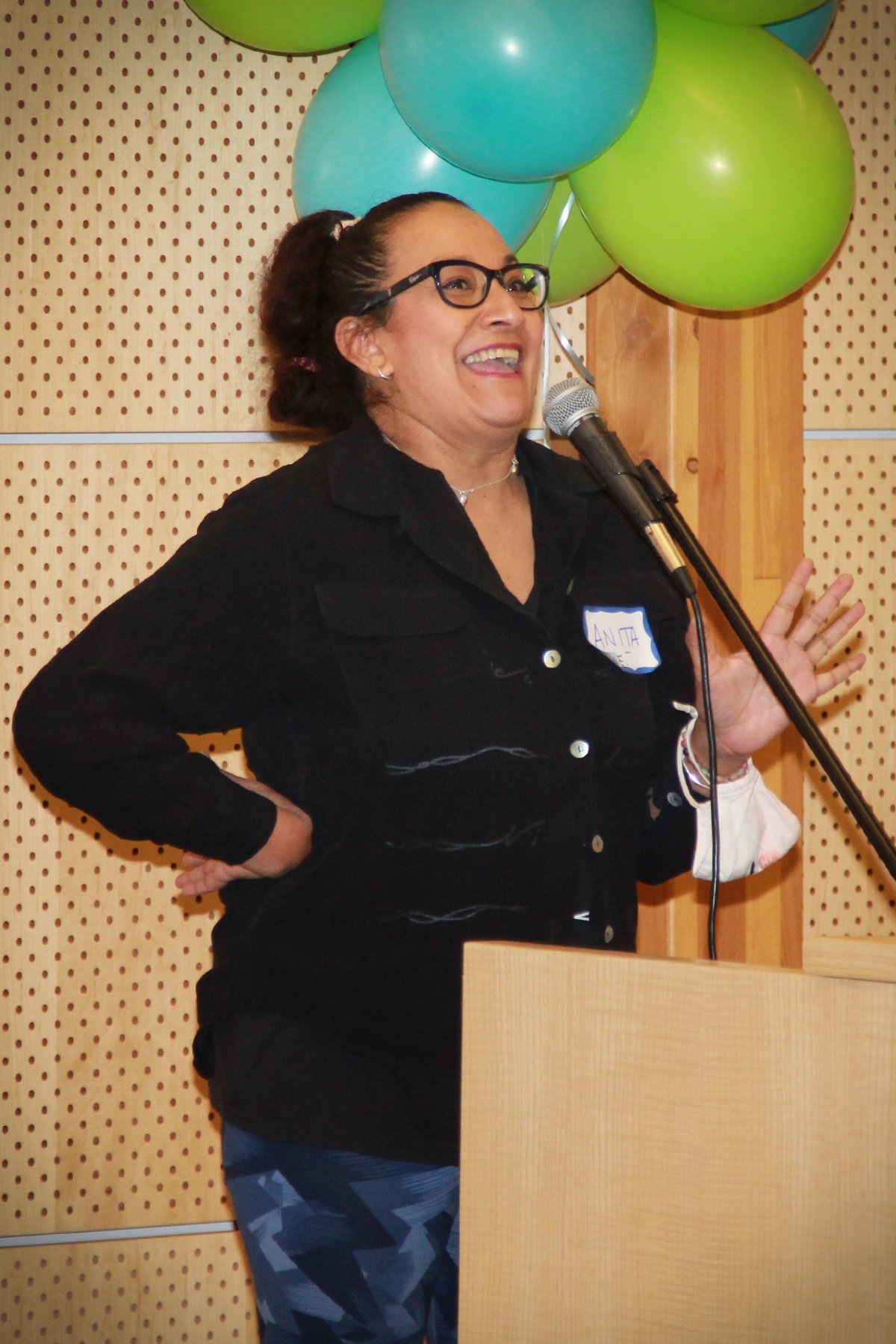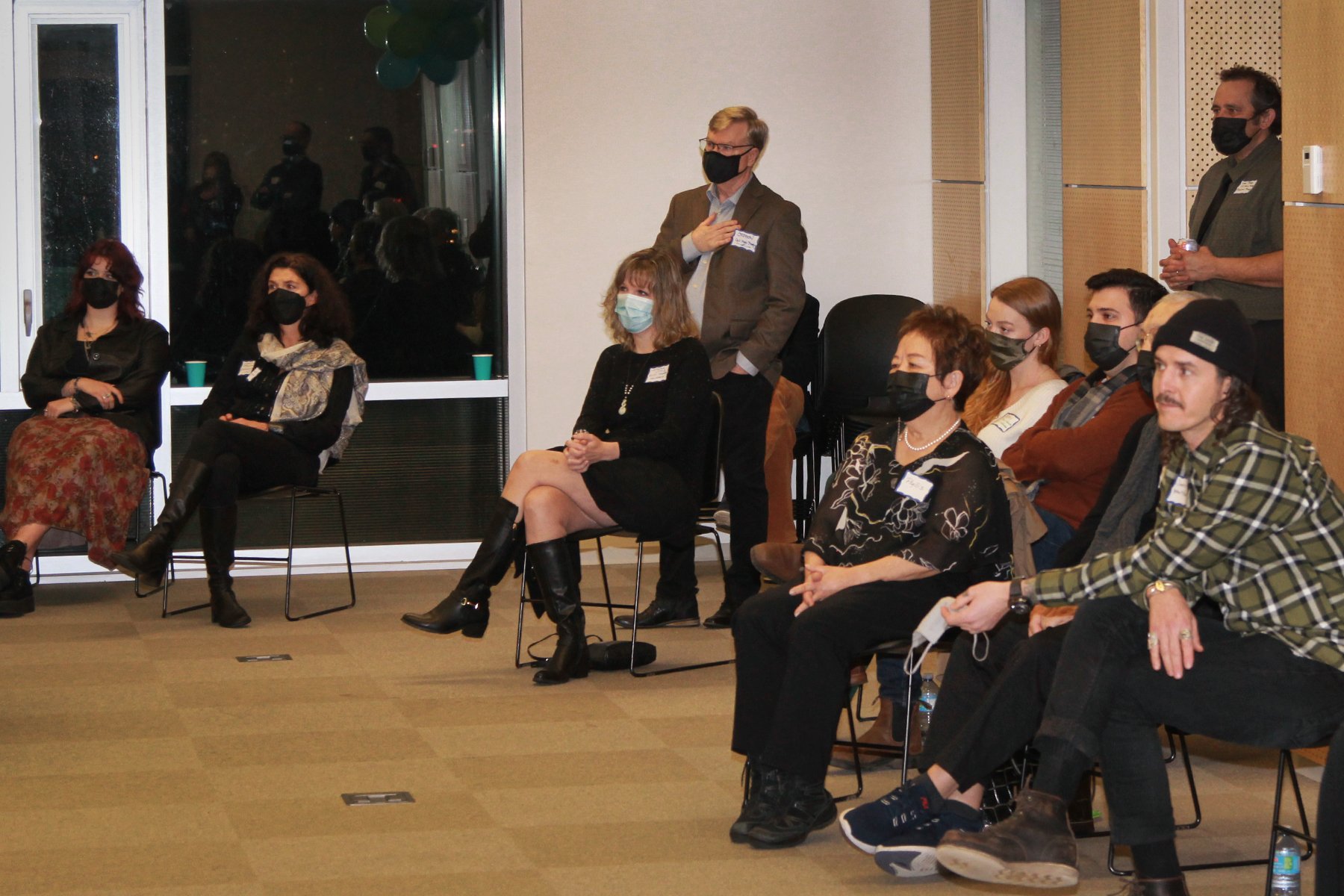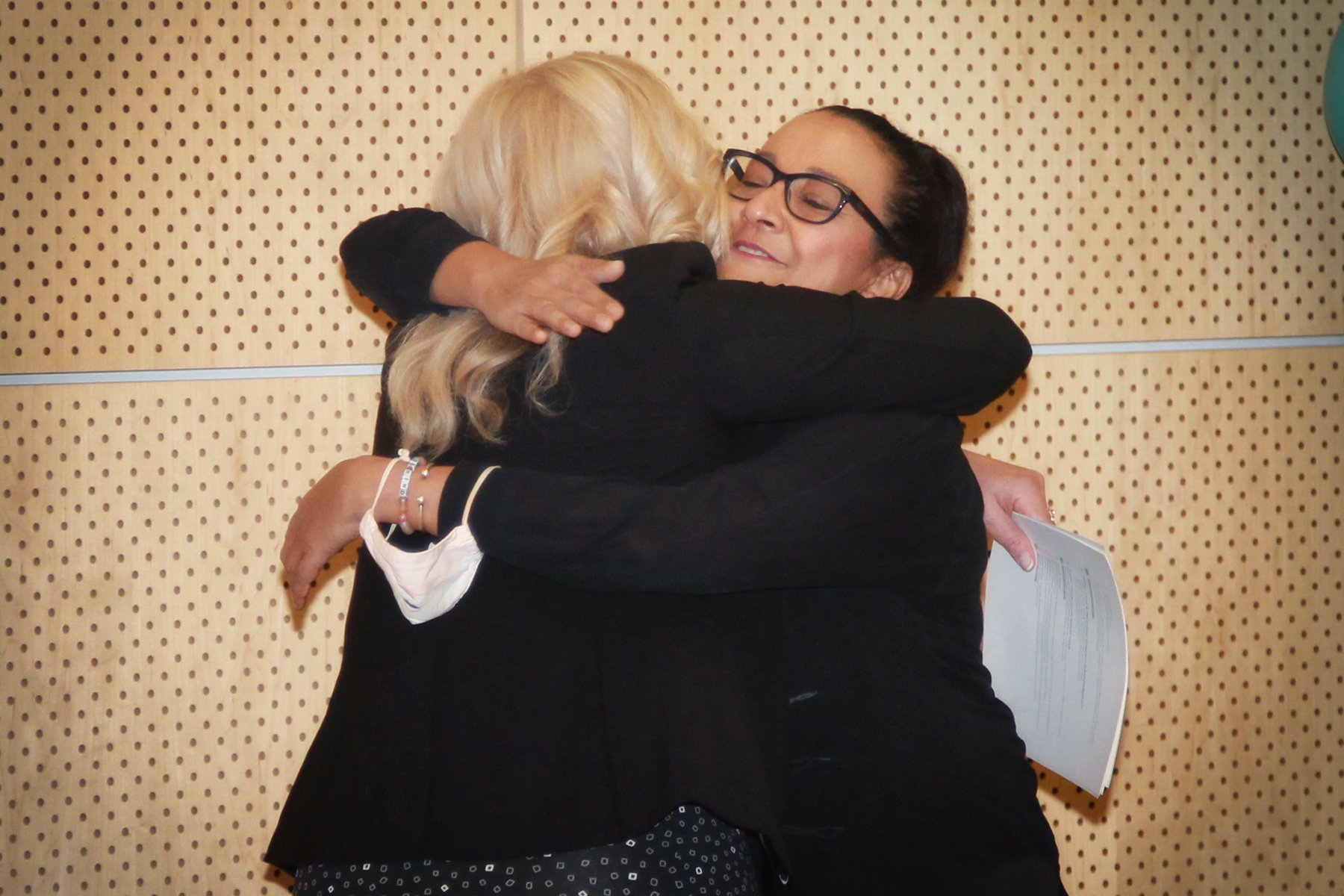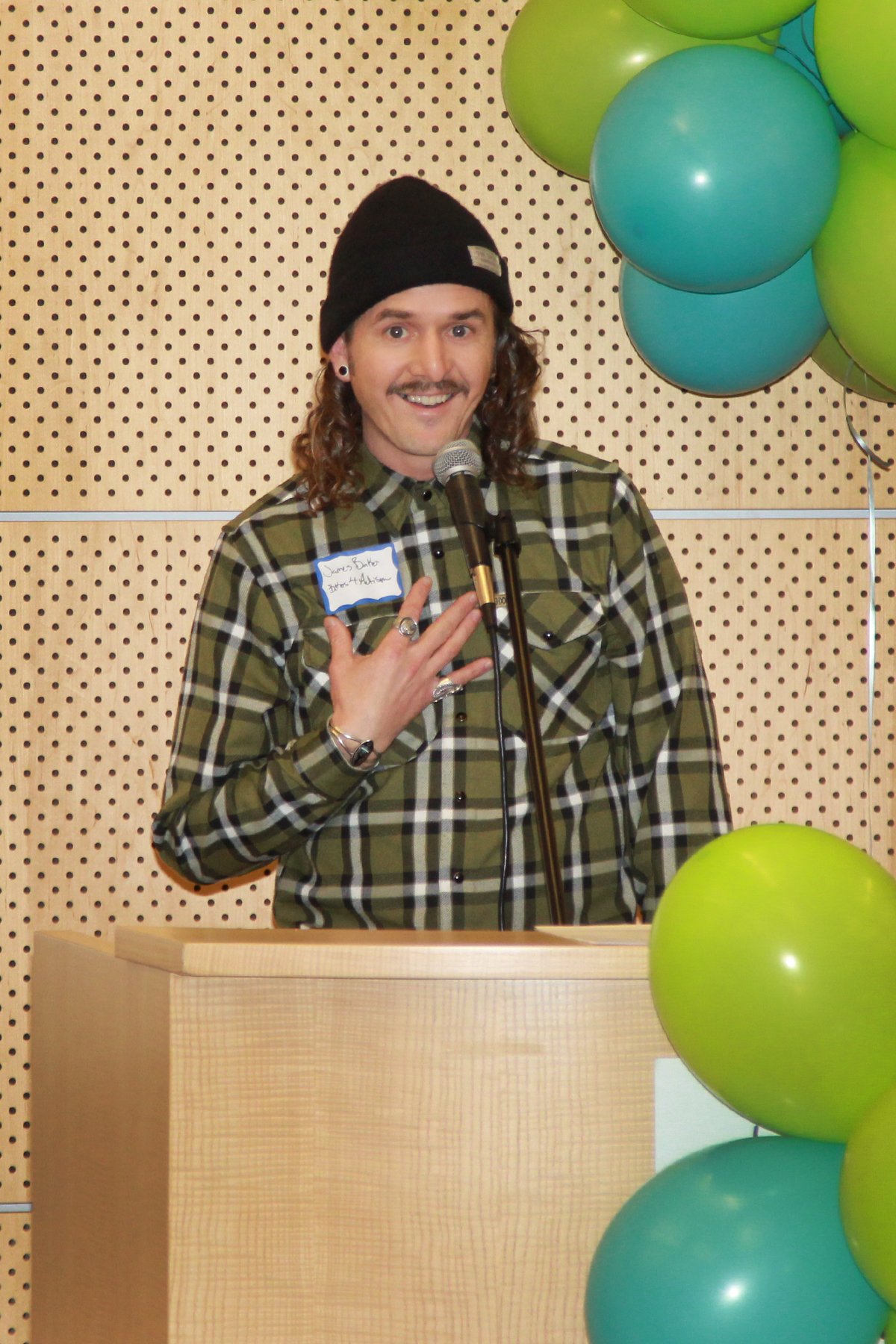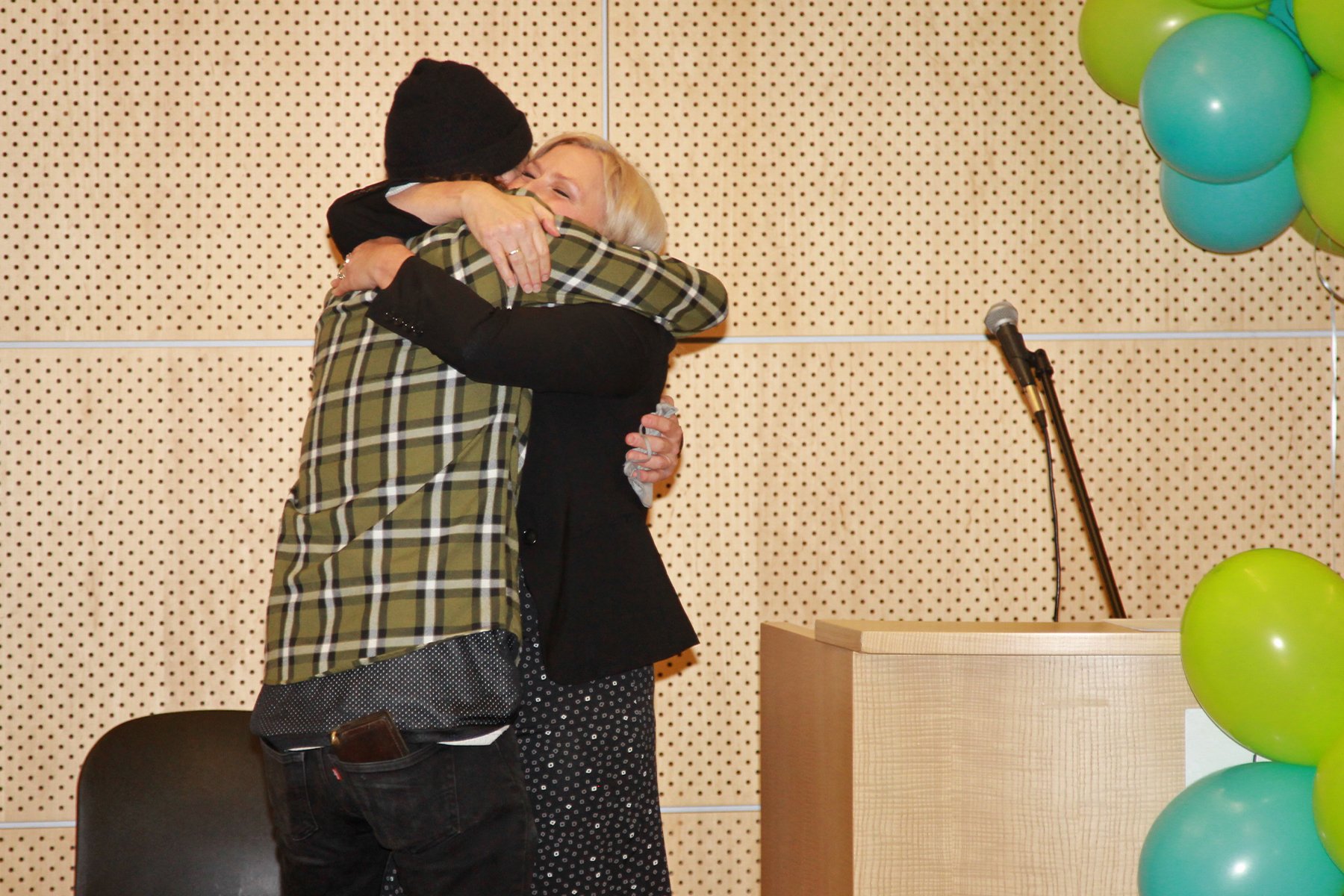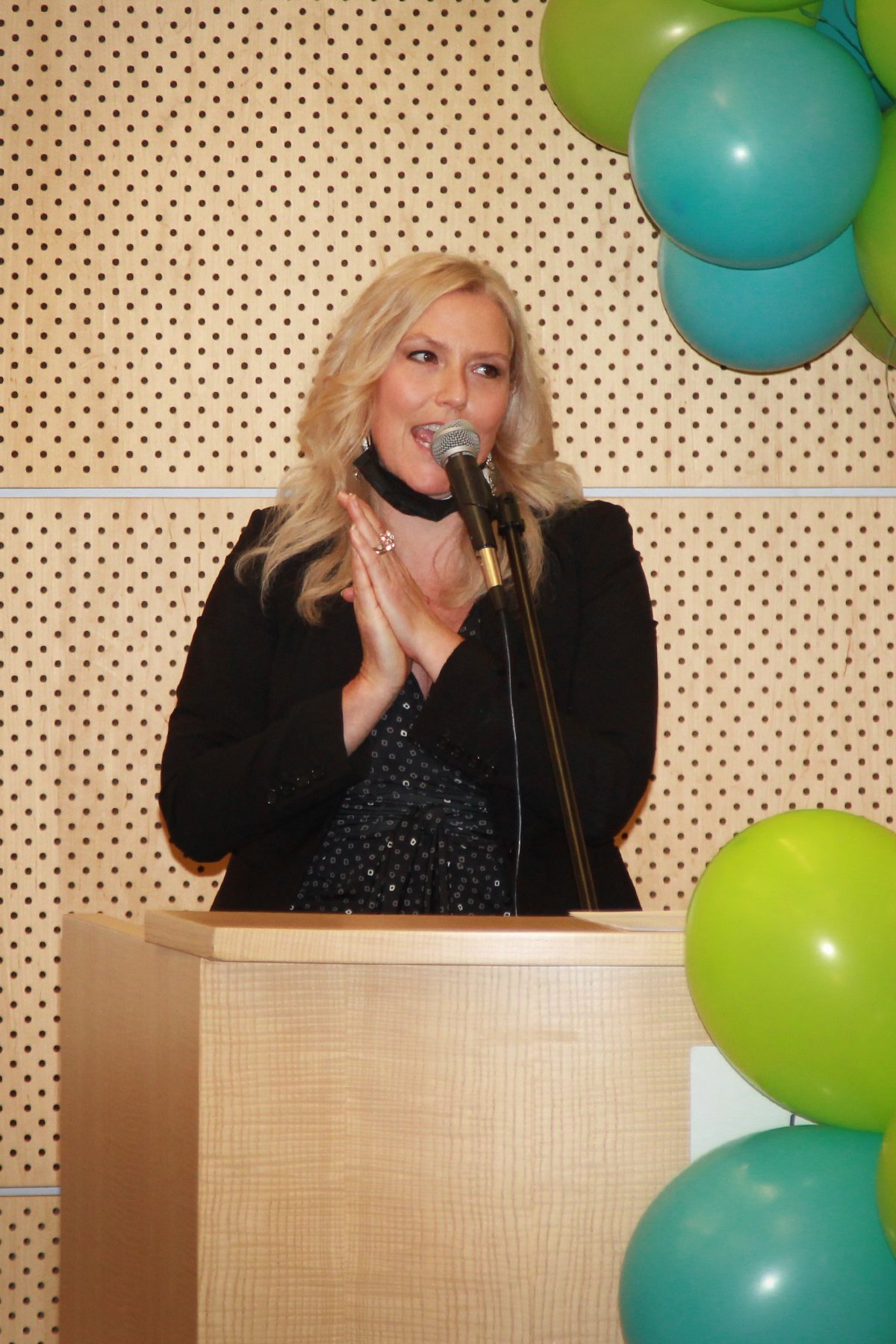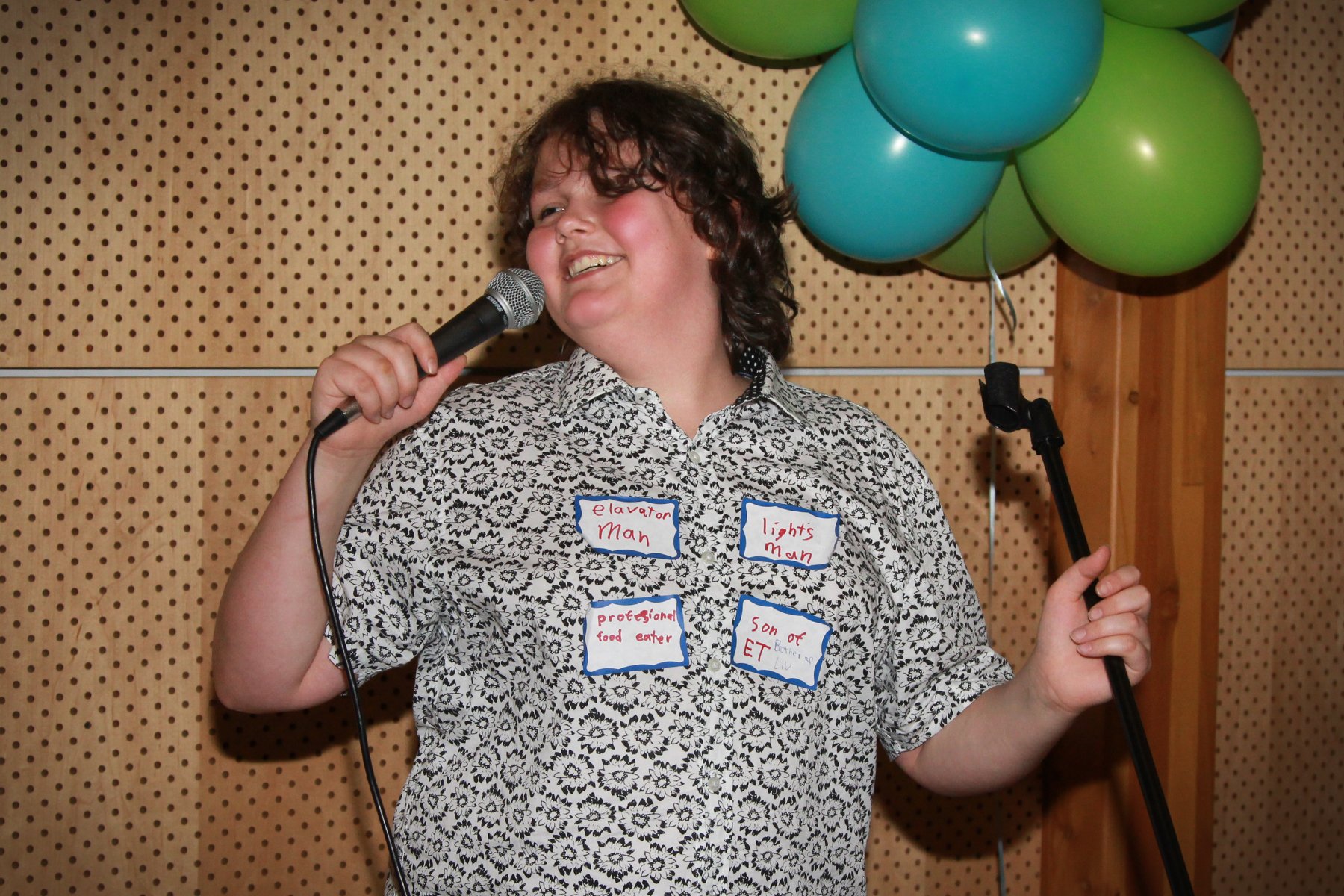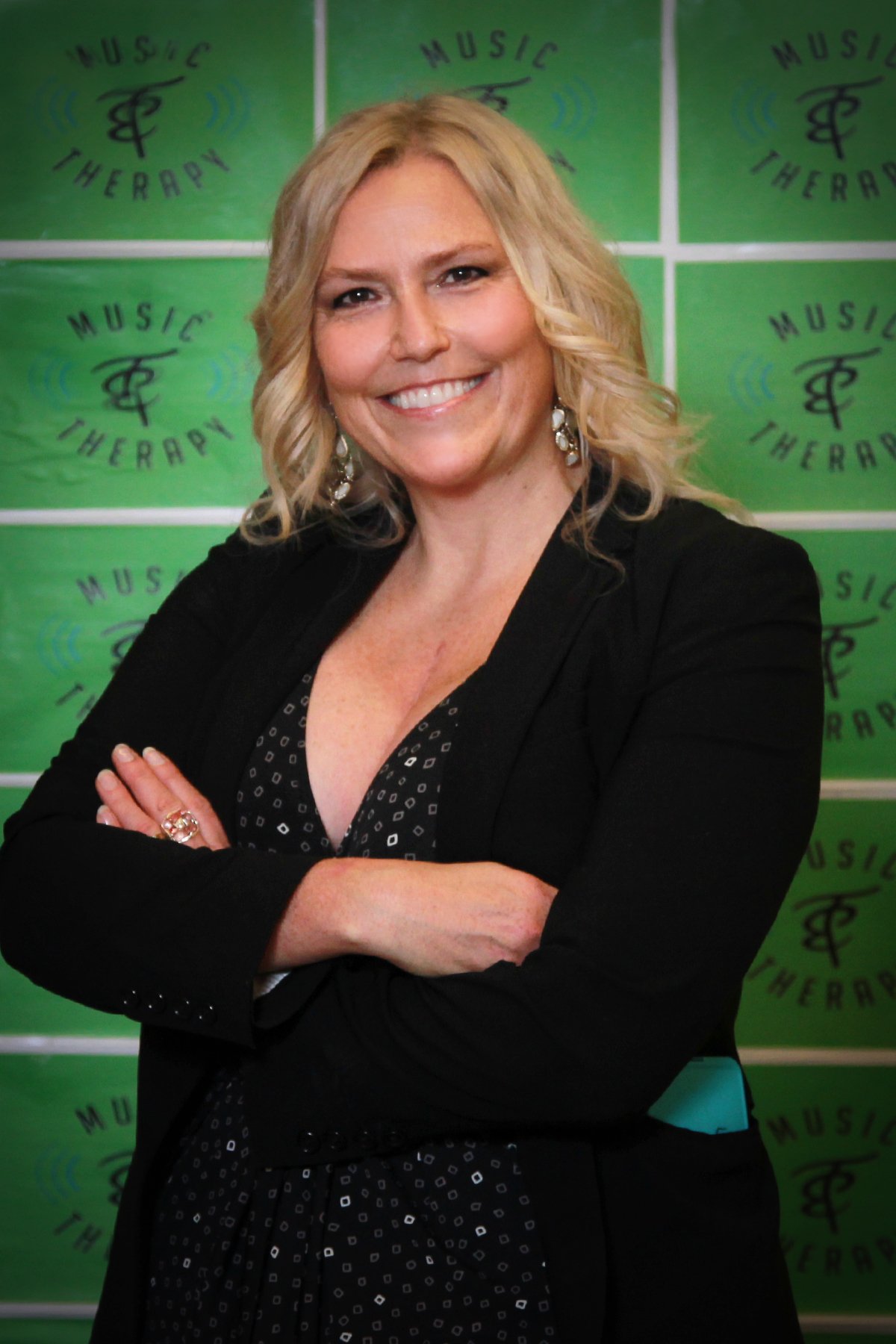Customizing Music Therapy Sessions: Tailored Approaches for Every Age and Support Level
At ET Music Therapy Inc., we understand that each client is unique, which means that no two music therapy sessions are the same. Our approach adapts to the age, abilities, and level of support each individual needs. Here's a look at some of the different components that may be incorporated into our sessions:
Music Therapy Activities: Based on the *Meet In The Music (MITM)* curriculum, developed by our Executive Director, these activities are designed to promote emotional, cognitive, and social growth through music.
Adapted Music Lessons: Some sessions focus entirely on learning an instrument, whether it's piano, guitar, drums, voice, or violin, with adjustments made to suit each client's abilities.
A Combination of Music Therapy and Adapted Lessons: In many cases, we blend music therapy activities with instrument lessons, creating a balanced approach that fosters both personal and musical development.
Rock Band Components: For some clients, especially teens and older children, playing in a group setting with a rock band format offers an exciting and collaborative way to engage in therapy.
Psychotherapy Components: In sessions that require deeper emotional exploration, we integrate psychotherapy techniques to address mental health needs.
Sing-Alongs: These sessions are an excellent way to build connection, encourage participation, and practice vocal skills in a fun, engaging environment.
Song Writing: For some clients, song writing provides an incredible cathdic release and helps create self identity and confidence.
Using a Visual Schedule for Younger Children
For our younger clients, we often use a *visual schedule* to provide structure and help them feel more secure during sessions. This schedule is a timeline of activities represented by labeled image cards with corresponding text. At the start of each session, the therapist and child collaborate to create the schedule for the day. Both can choose activities, making the process dynamic and flexible. If the child wants to change the order or switch activities during the session, they can easily do so with the therapist’s support. This flexible system encourages autonomy while providing predictability and reassurance, aiding in self-regulation and smoother transitions between activities.
Hello and Goodbye Songs: Creating Rituals for a Smooth Transition
For younger clients, our sessions begin and end with ritualized *Hello* and *Goodbye* songs. These simple songs serve as anchors, helping the child settle into the session and transition out at the end. The Hello Song helps orient the child to the new environment and the therapist, while the Goodbye Song signals the completion of the session, preparing them to leave the space. Between these songs, the session is open to exploration, guided by the visual schedule and the child’s preferences.
Each session is a carefully curated experience designed to meet the needs of the individual client. Whether focusing on developmental skills, musical skill-building, or both, our sessions aim to create a nurturing and productive environment for personal growth.







